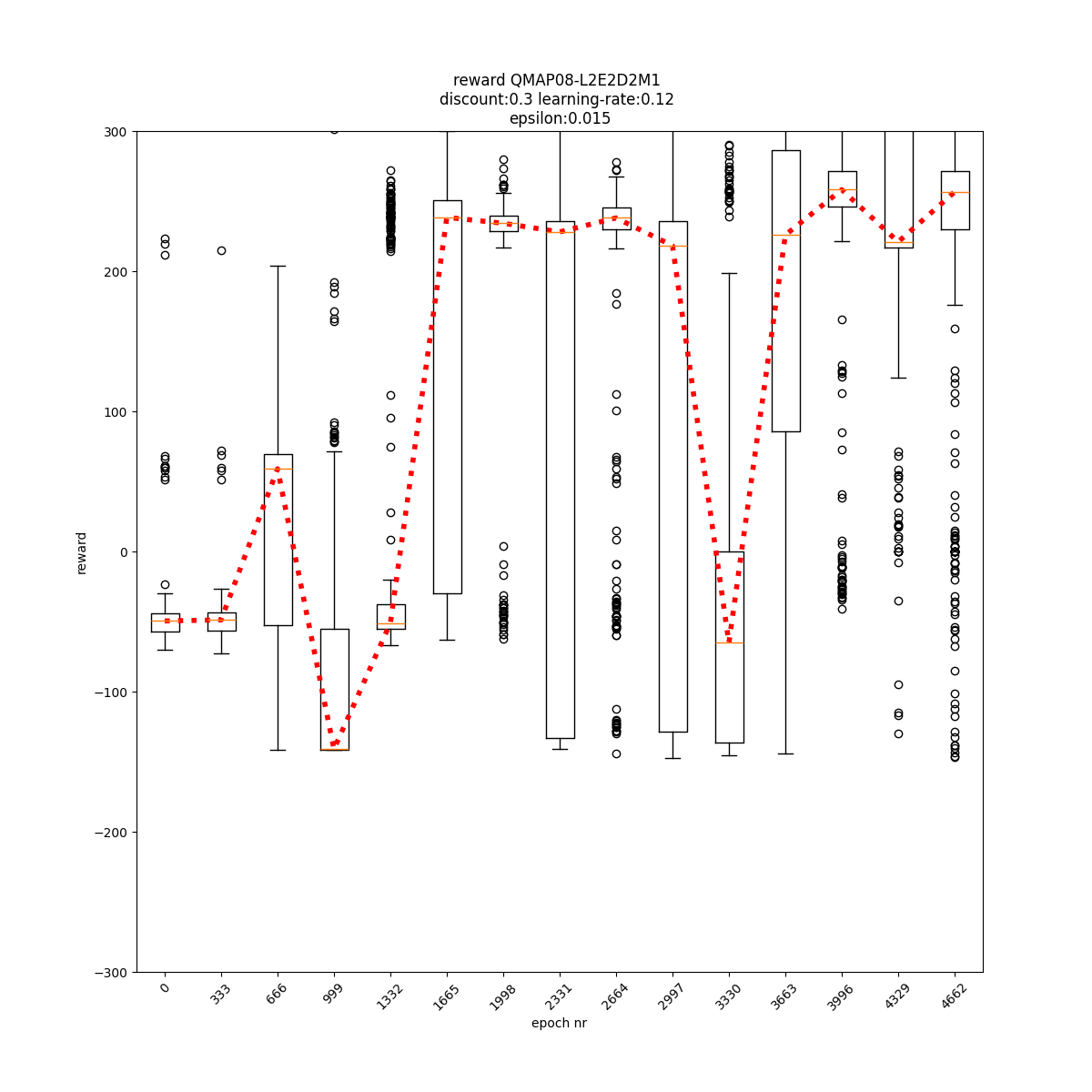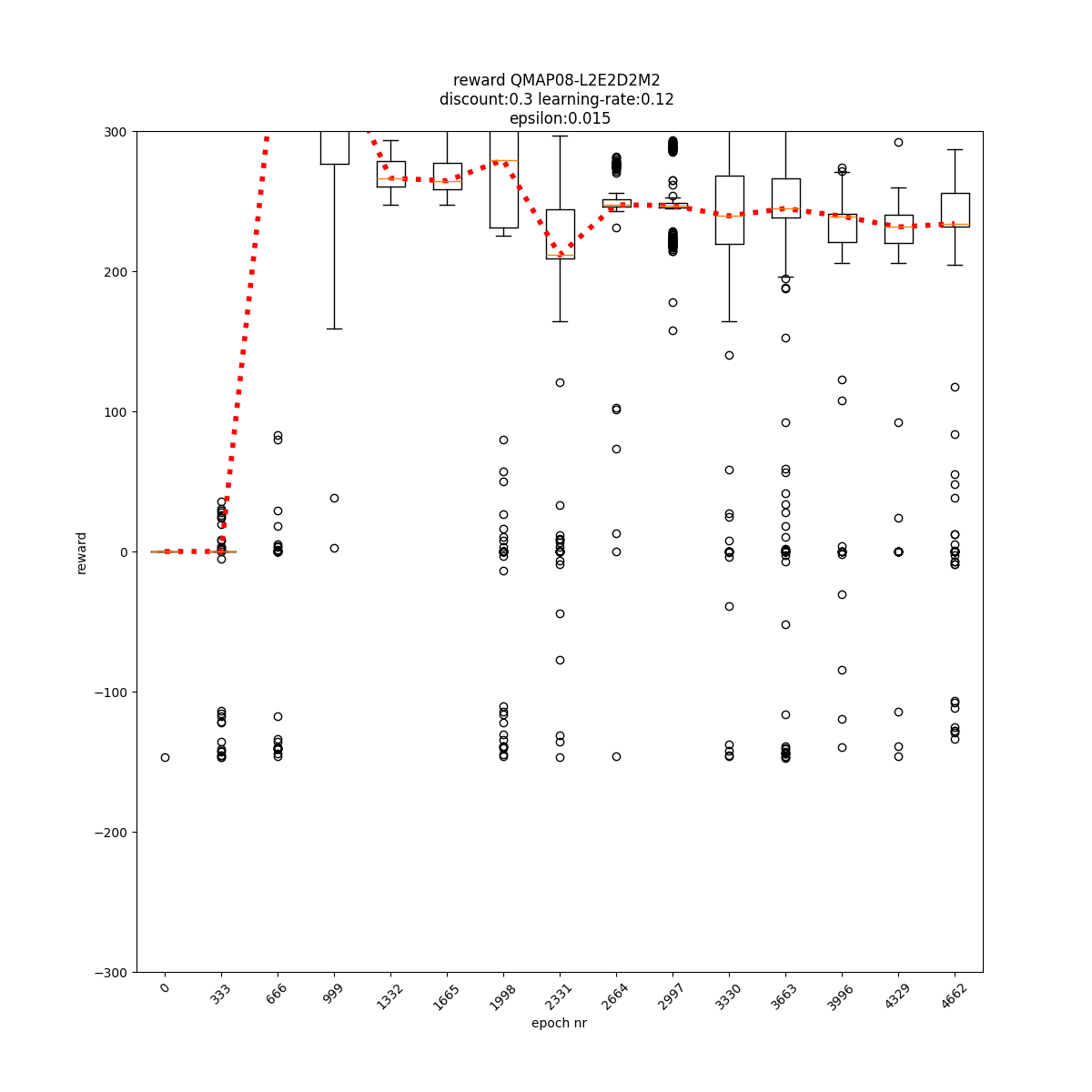L0 E0 D0 M0
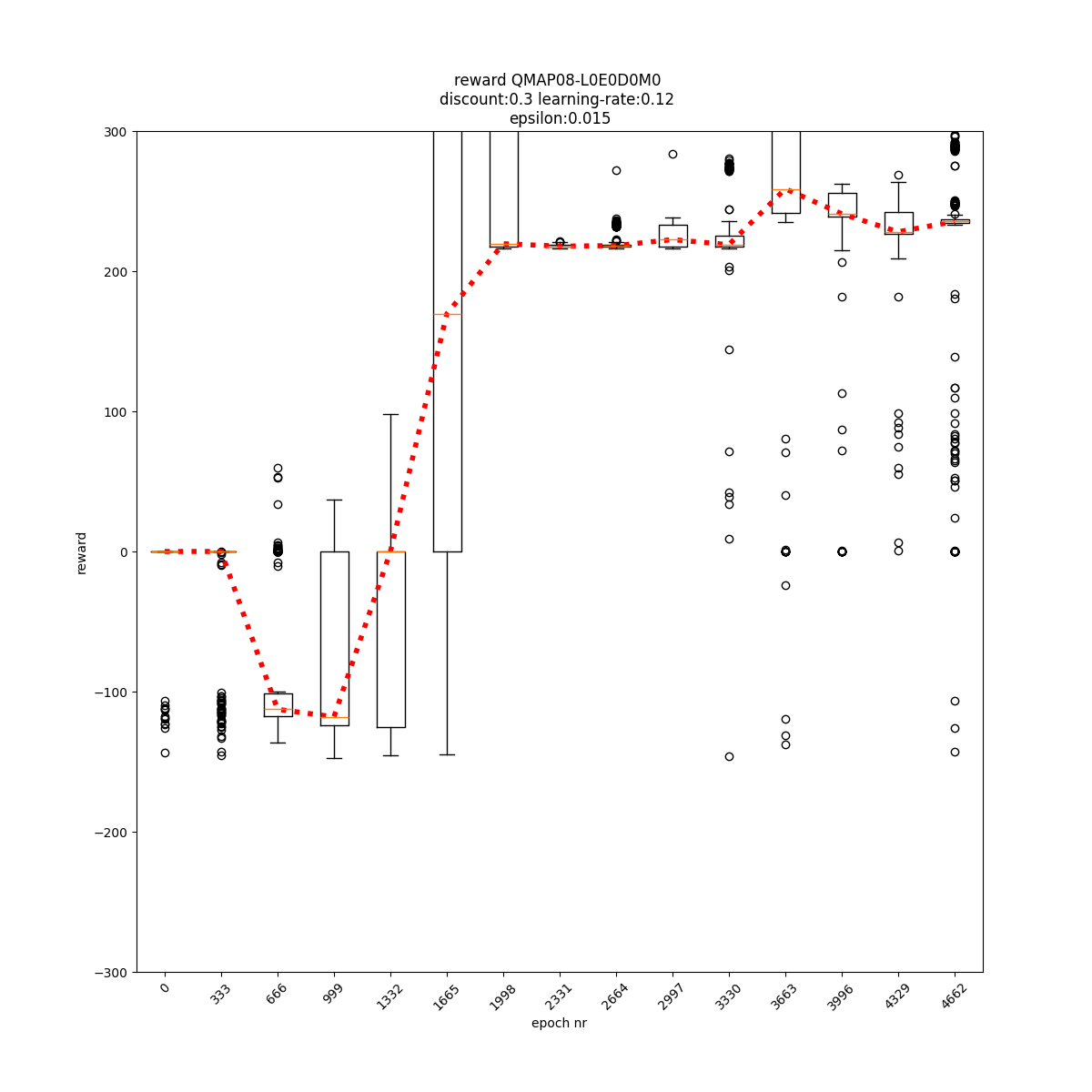
q-values
video 0 video 1 video 2 video 3
video 4 video 5 video 6 video 7
video 8 video 9 video 10 video 11

q-values
video 0 video 1 video 2 video 3
video 4 video 5 video 6 video 7
video 8 video 9 video 10 video 11
L0 E0 D0 M1
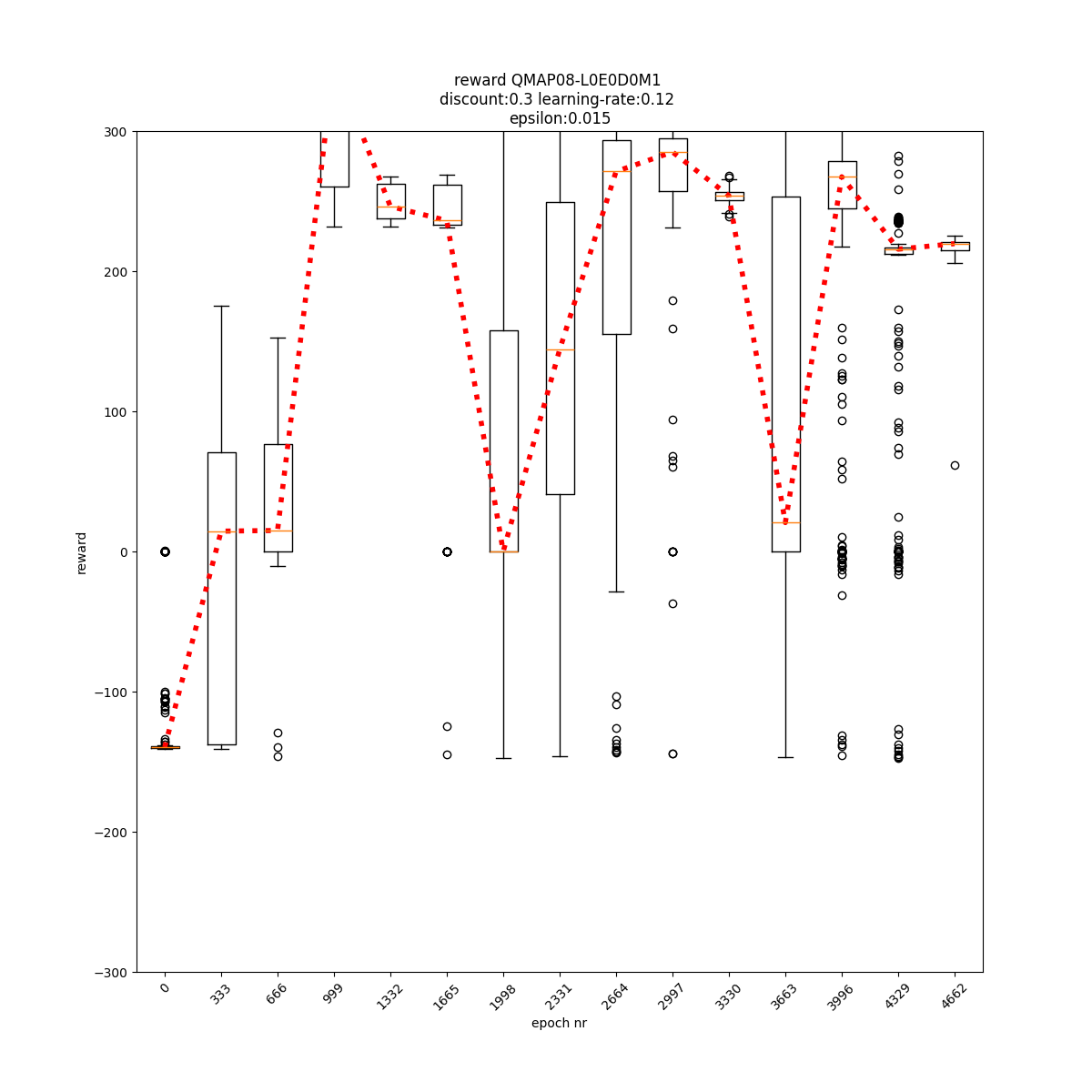
q-values
video 0 video 1 video 2 video 3
video 4 video 5 video 6 video 7
video 8 video 9 video 10 video 11

q-values
video 0 video 1 video 2 video 3
video 4 video 5 video 6 video 7
video 8 video 9 video 10 video 11
L0 E0 D0 M2
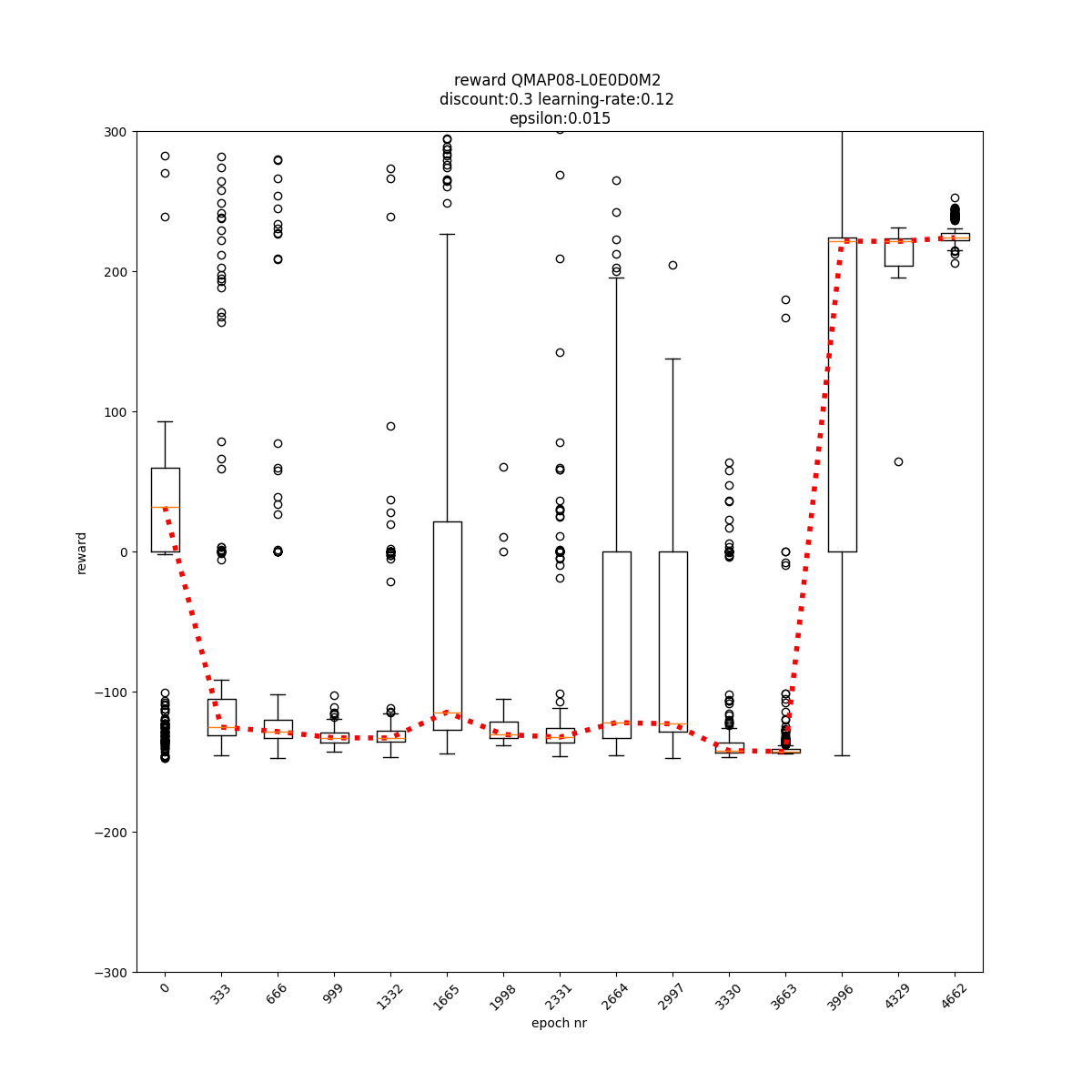
q-values
video 0 video 1 video 2 video 3
video 4 video 5 video 6 video 7
video 8 video 9 video 10 video 11

q-values
video 0 video 1 video 2 video 3
video 4 video 5 video 6 video 7
video 8 video 9 video 10 video 11
L0 E0 D1 M0
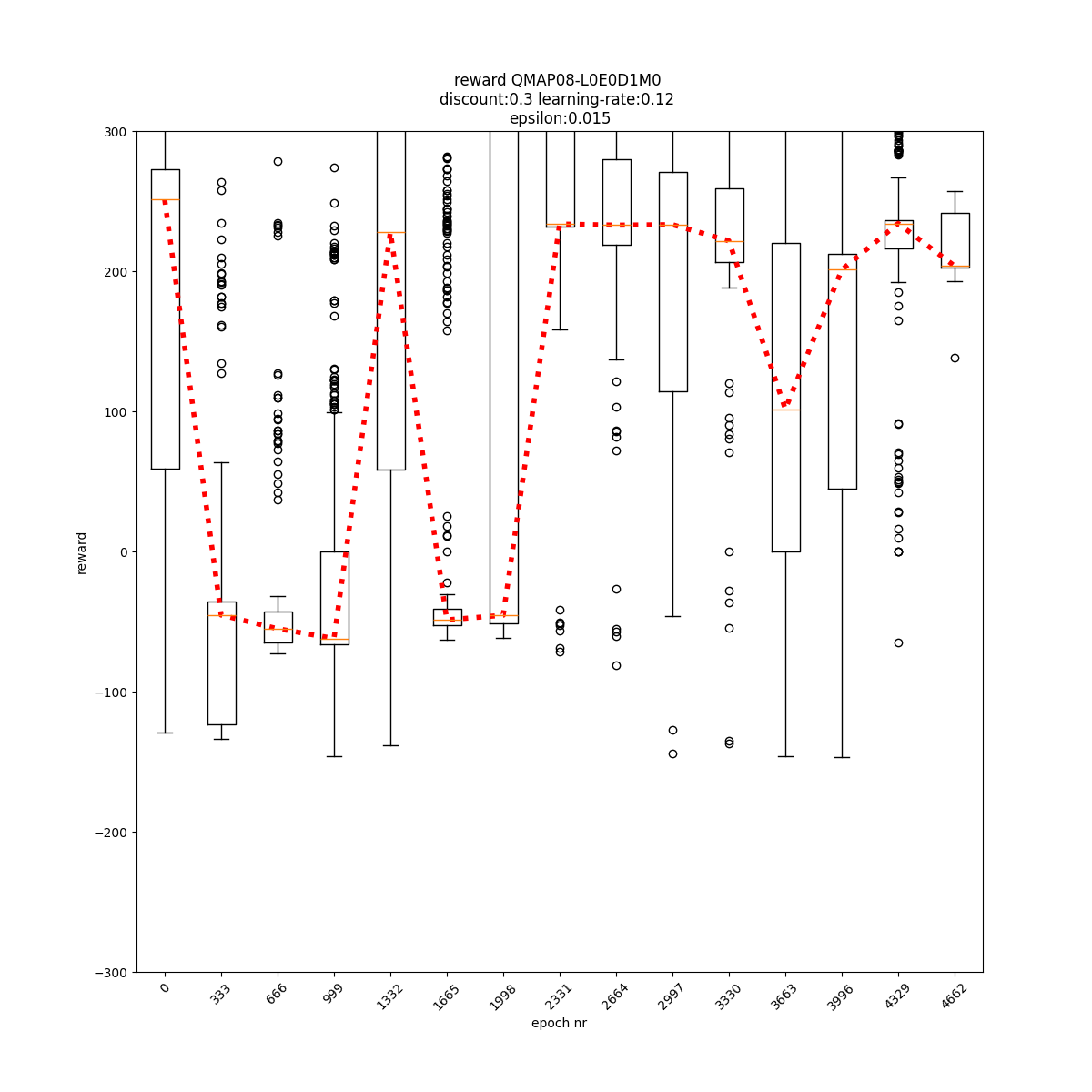
q-values
video 0 video 1 video 2 video 3
video 4 video 5 video 6 video 7
video 8 video 9 video 10 video 11

q-values
video 0 video 1 video 2 video 3
video 4 video 5 video 6 video 7
video 8 video 9 video 10 video 11
L0 E0 D1 M1
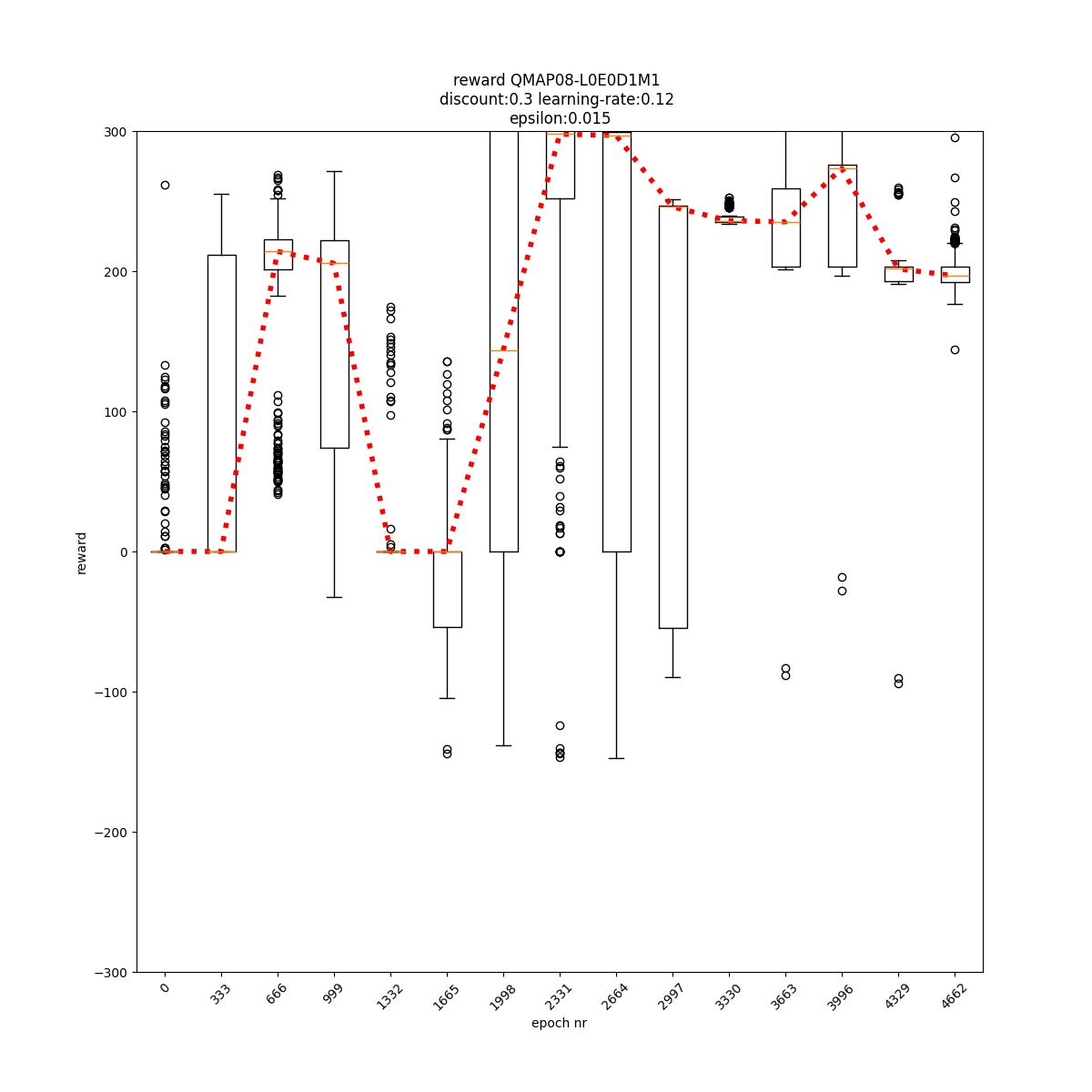
q-values
video 0 video 1 video 2 video 3
video 4 video 5 video 6 video 7
video 8 video 9 video 10 video 11

q-values
video 0 video 1 video 2 video 3
video 4 video 5 video 6 video 7
video 8 video 9 video 10 video 11
L0 E0 D1 M2
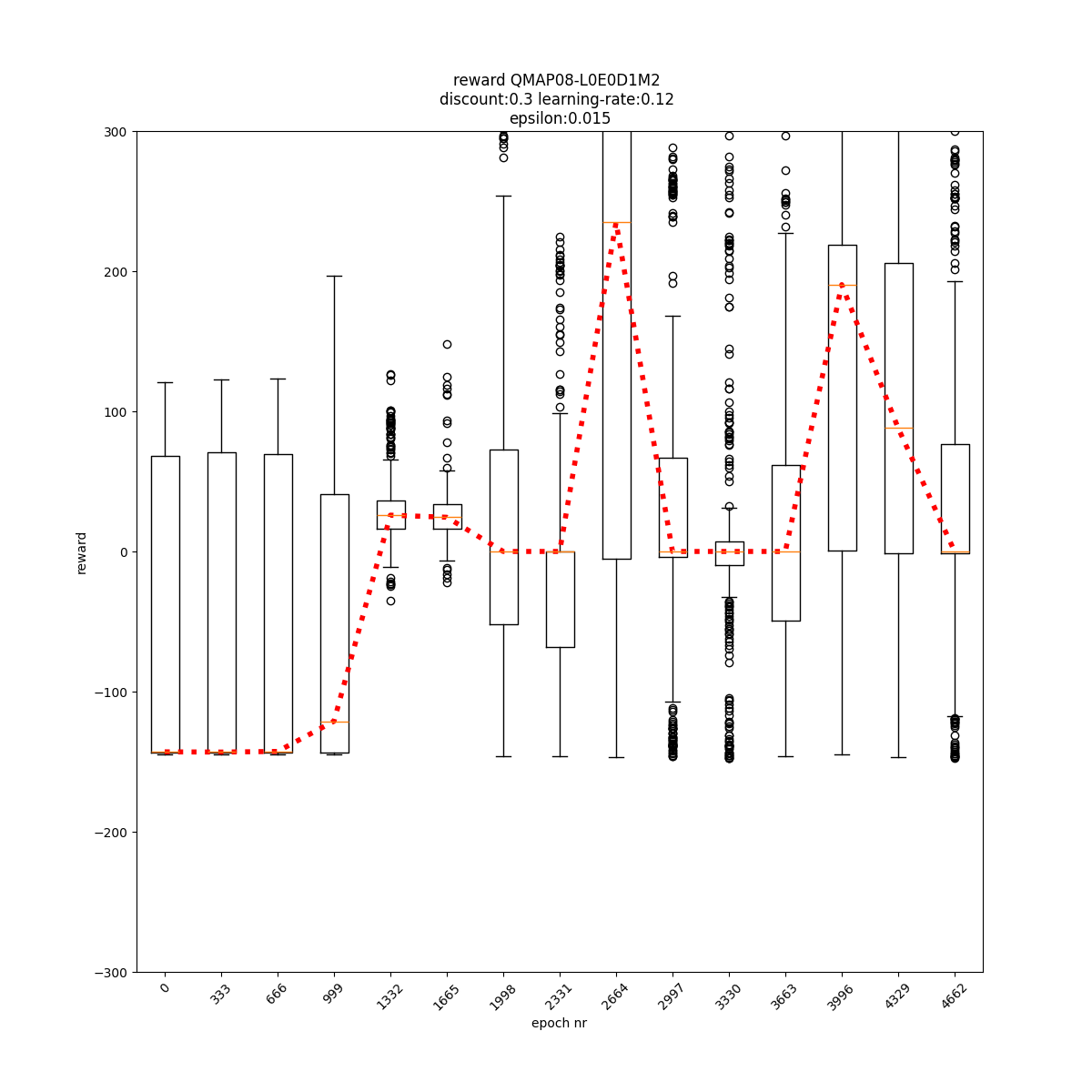
q-values
video 0 video 1 video 2 video 3
video 4 video 5 video 6 video 7
video 8 video 9 video 10 video 11

q-values
video 0 video 1 video 2 video 3
video 4 video 5 video 6 video 7
video 8 video 9 video 10 video 11
L0 E0 D2 M0
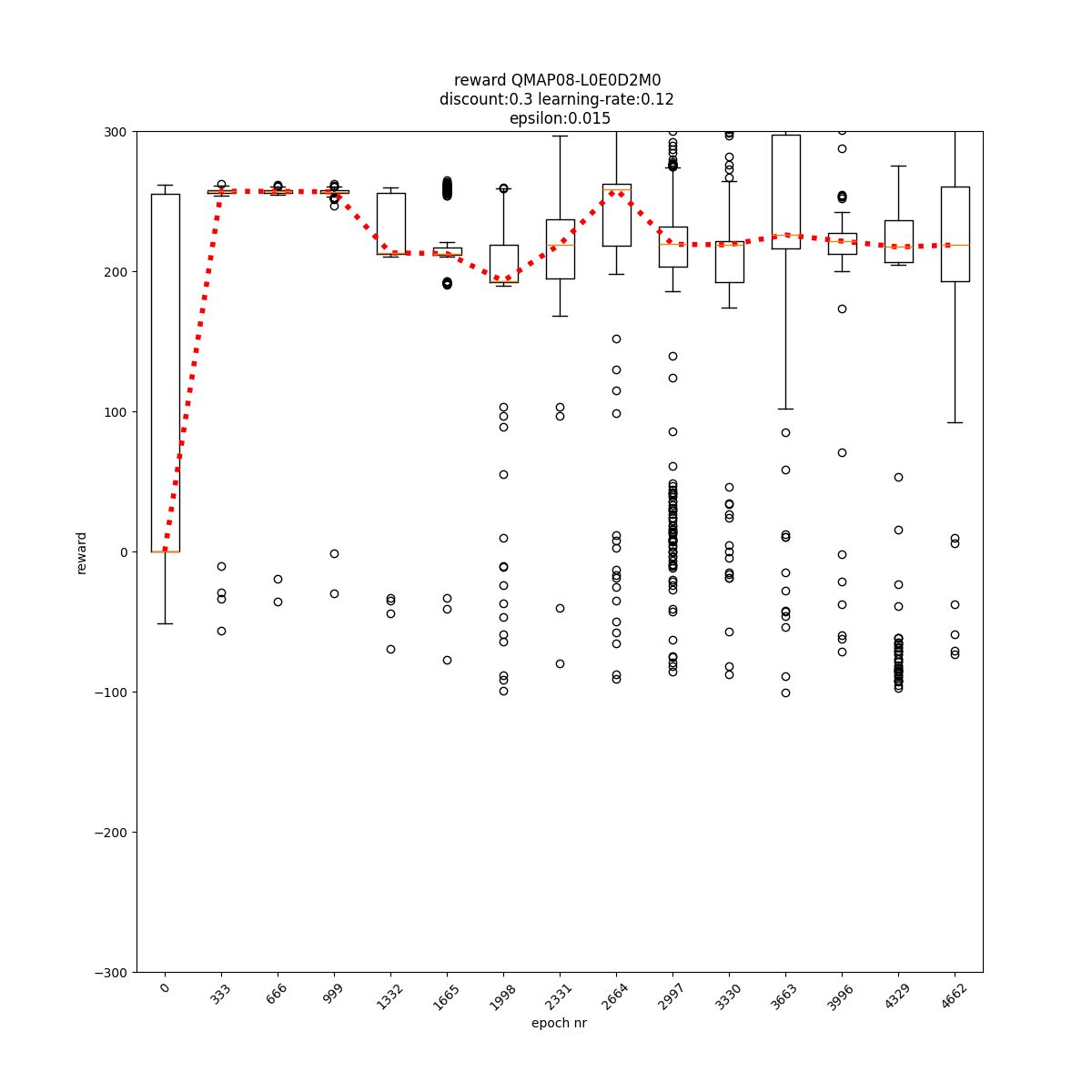
q-values
video 0 video 1 video 2 video 3
video 4 video 5 video 6 video 7
video 8 video 9 video 10 video 11

q-values
video 0 video 1 video 2 video 3
video 4 video 5 video 6 video 7
video 8 video 9 video 10 video 11
L0 E0 D2 M1
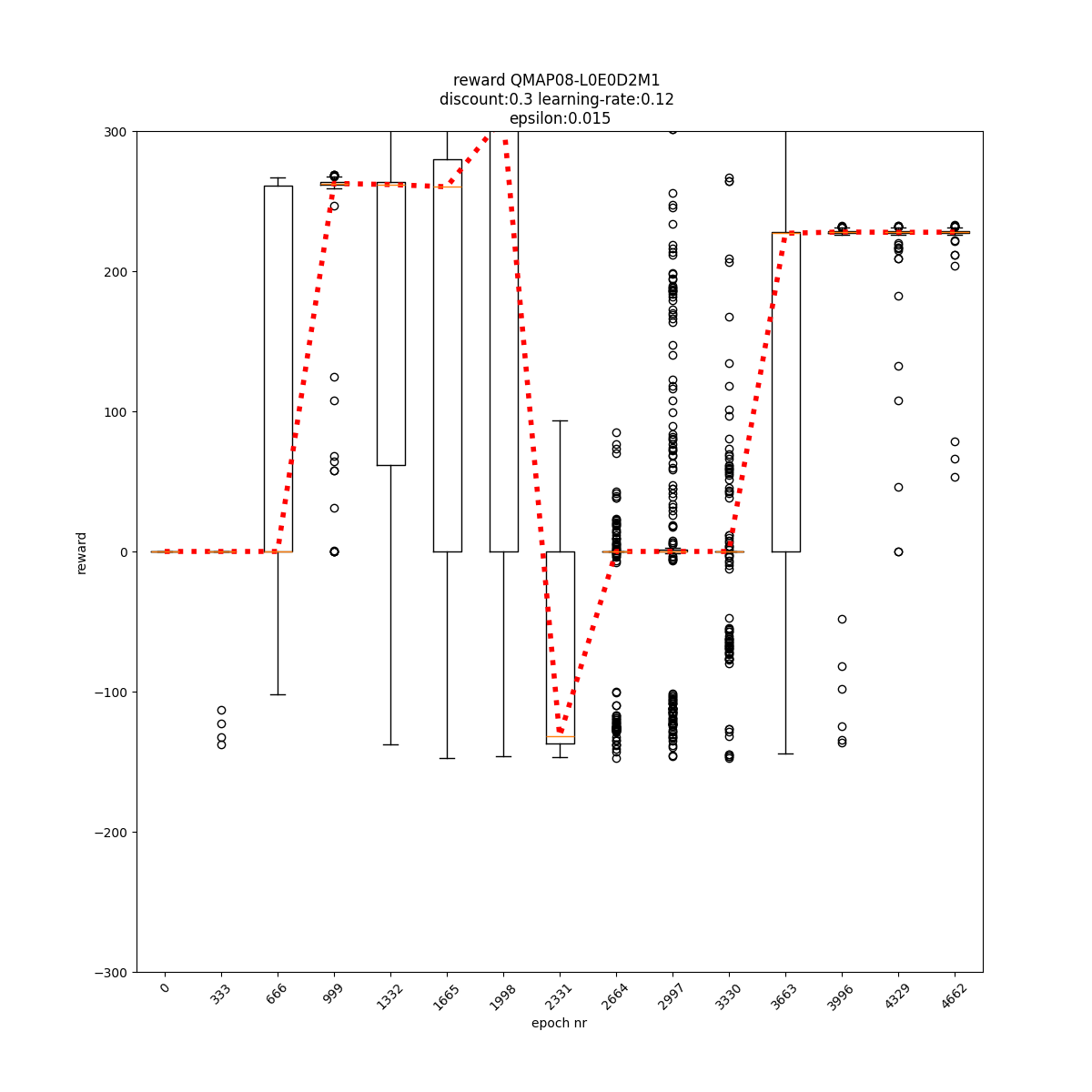
q-values
video 0 video 1 video 2 video 3
video 4 video 5 video 6 video 7
video 8 video 9 video 10 video 11

q-values
video 0 video 1 video 2 video 3
video 4 video 5 video 6 video 7
video 8 video 9 video 10 video 11
L0 E0 D2 M2
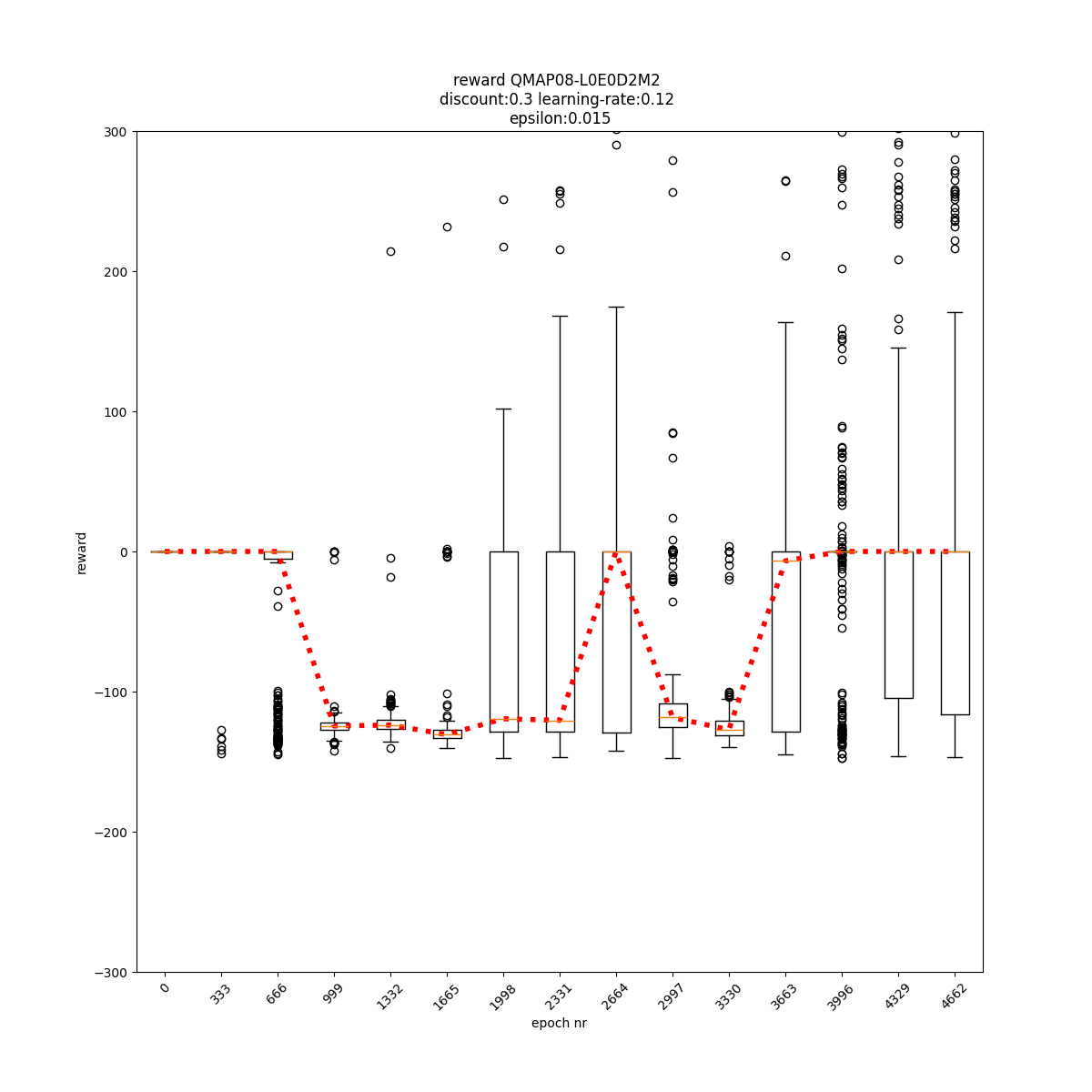
q-values
video 0 video 1 video 2 video 3
video 4 video 5 video 6 video 7
video 8 video 9 video 10 video 11

q-values
video 0 video 1 video 2 video 3
video 4 video 5 video 6 video 7
video 8 video 9 video 10 video 11
L0 E1 D0 M0
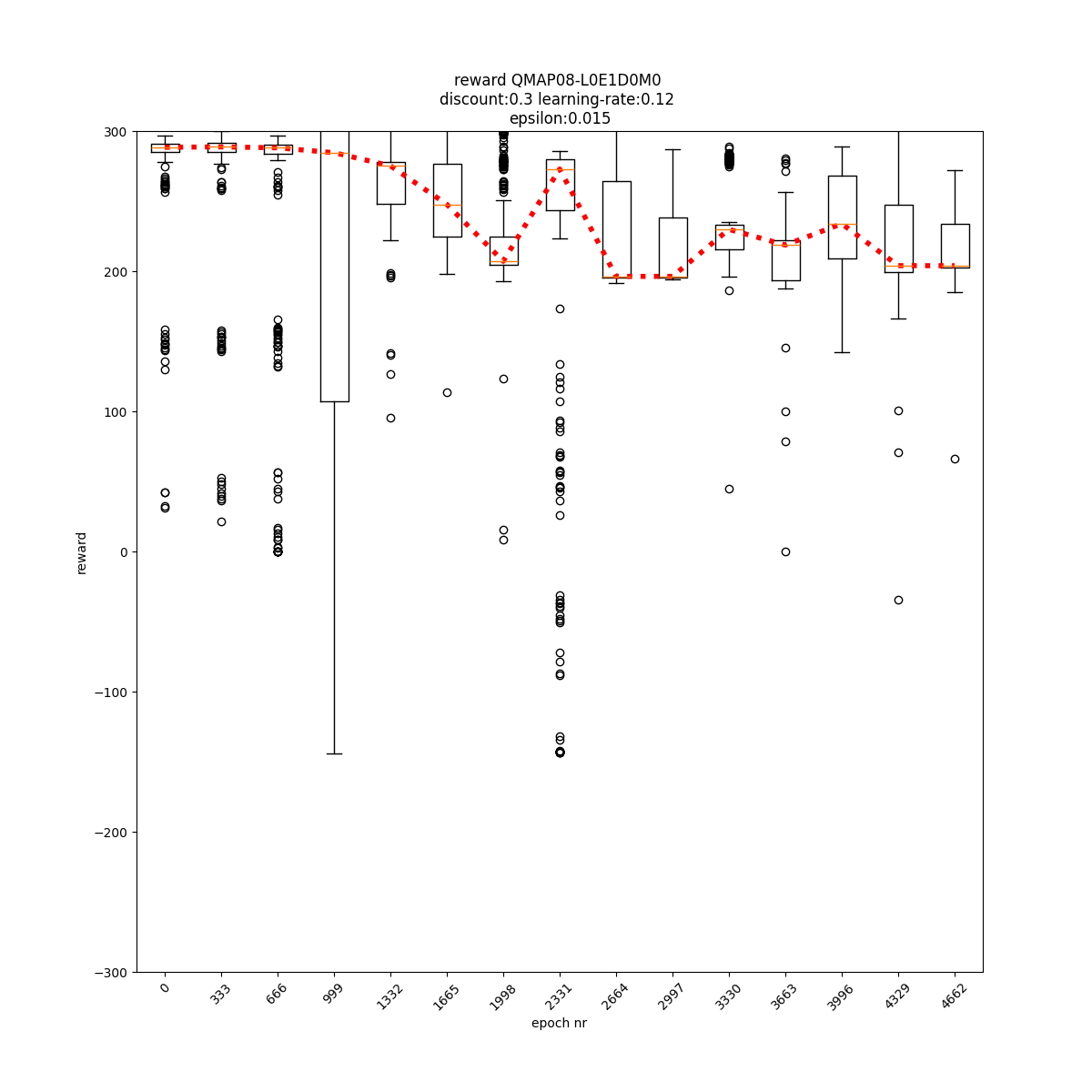
q-values
video 0 video 1 video 2 video 3
video 4 video 5 video 6 video 7
video 8 video 9 video 10 video 11

q-values
video 0 video 1 video 2 video 3
video 4 video 5 video 6 video 7
video 8 video 9 video 10 video 11
L0 E1 D0 M1
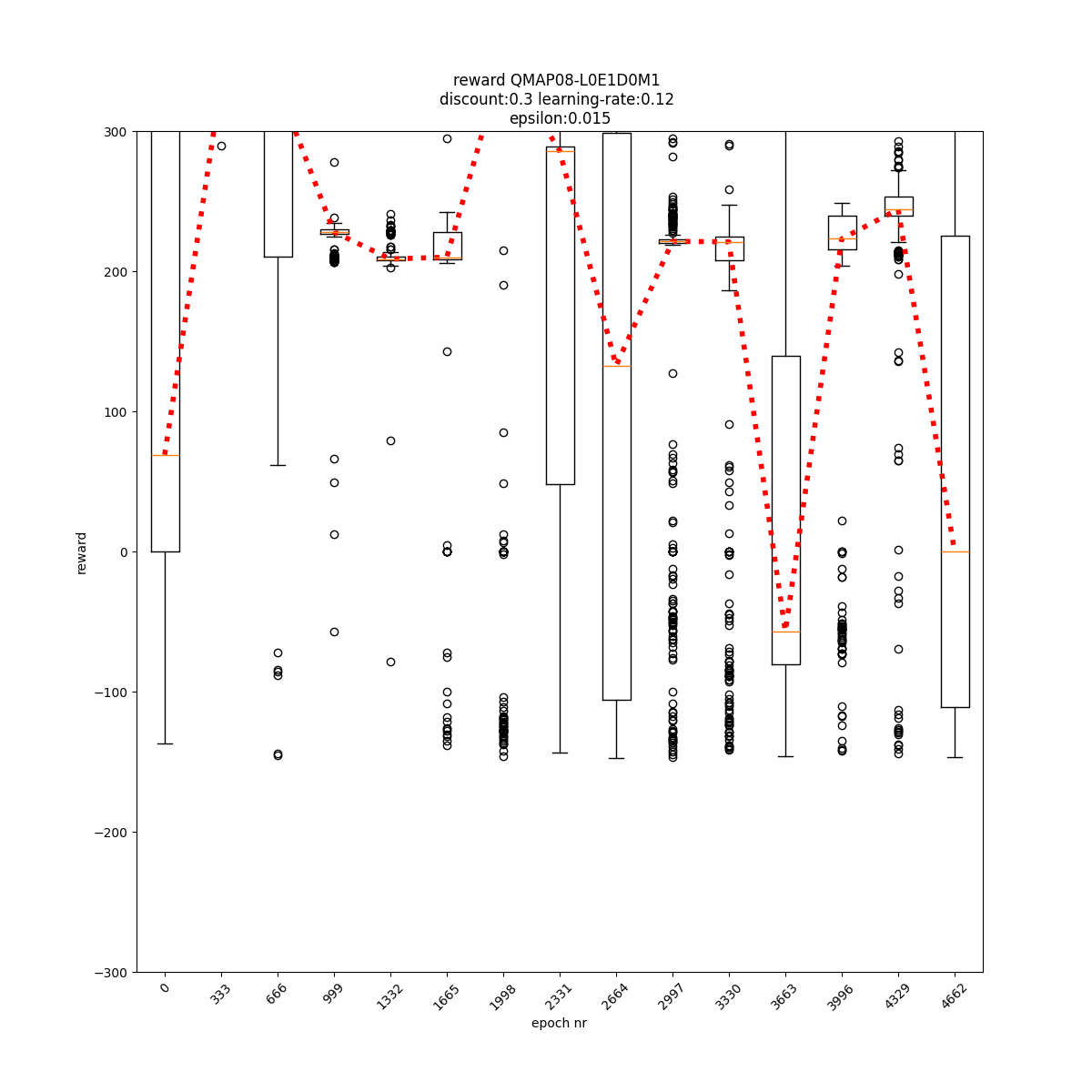
q-values
video 0 video 1 video 2 video 3
video 4 video 5 video 6 video 7
video 8 video 9 video 10 video 11

q-values
video 0 video 1 video 2 video 3
video 4 video 5 video 6 video 7
video 8 video 9 video 10 video 11
L0 E1 D0 M2
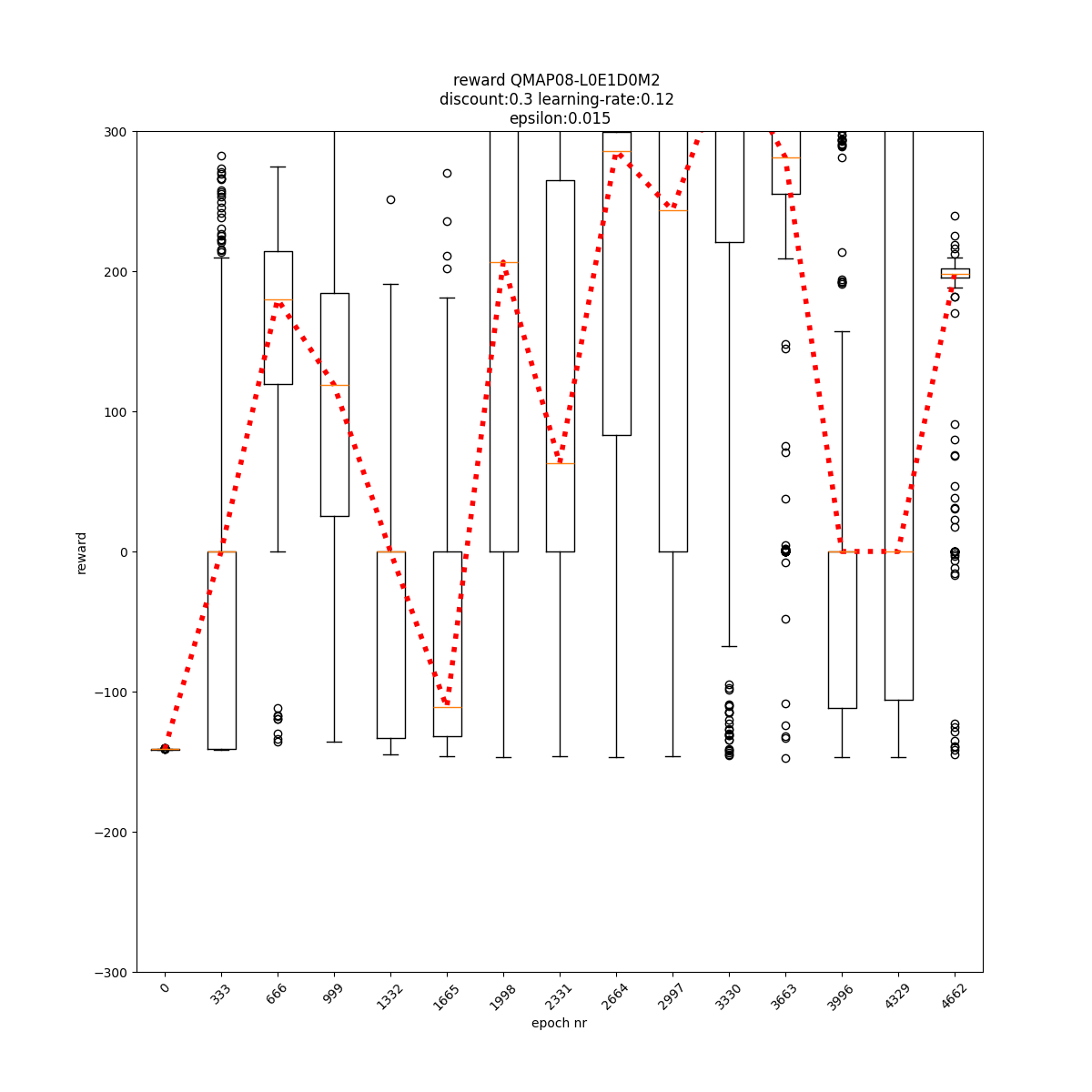
q-values
video 0 video 1 video 2 video 3
video 4 video 5 video 6 video 7
video 8 video 9 video 10 video 11

q-values
video 0 video 1 video 2 video 3
video 4 video 5 video 6 video 7
video 8 video 9 video 10 video 11
L0 E1 D1 M0
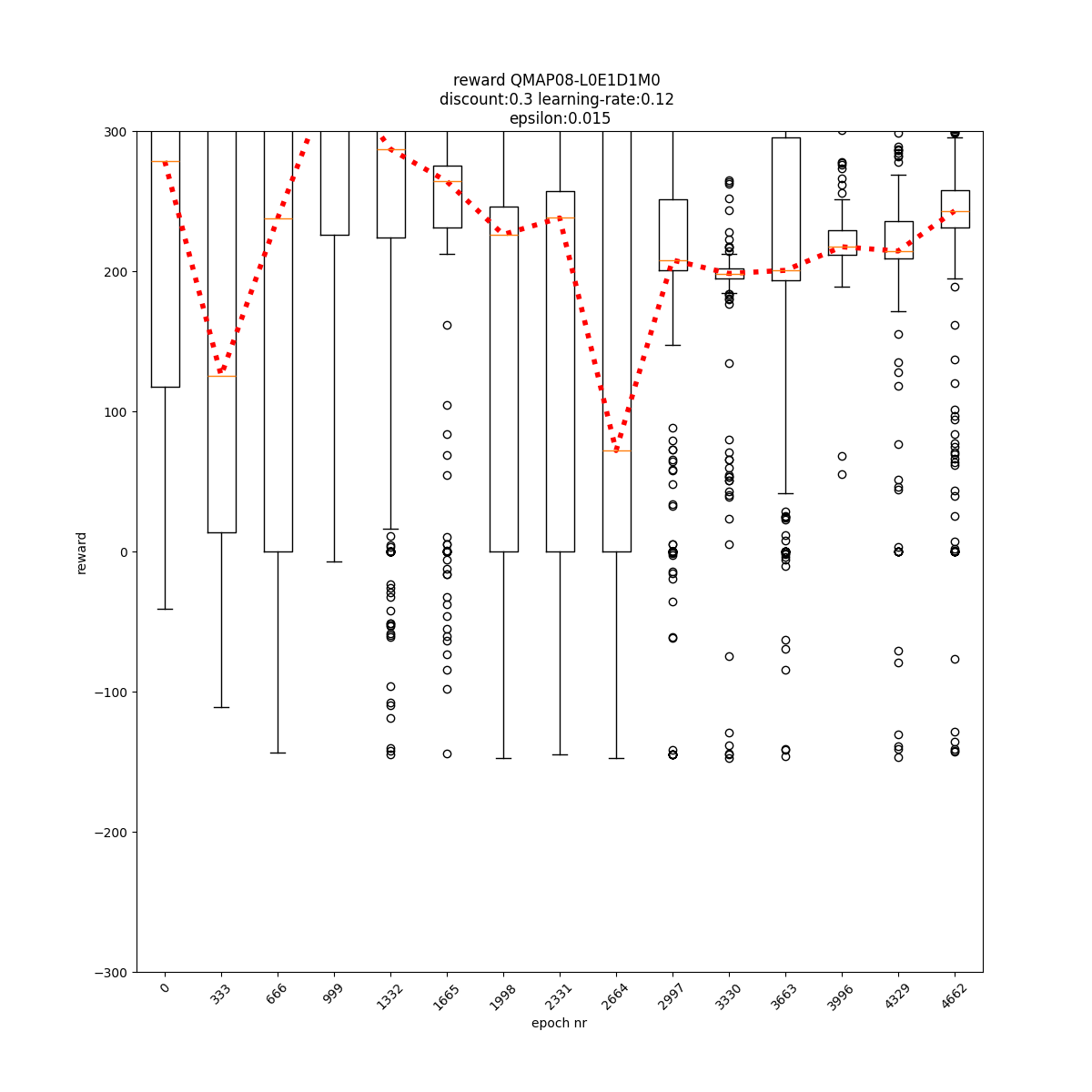
q-values
video 0 video 1 video 2 video 3
video 4 video 5 video 6 video 7
video 8 video 9 video 10 video 11

q-values
video 0 video 1 video 2 video 3
video 4 video 5 video 6 video 7
video 8 video 9 video 10 video 11
L0 E1 D1 M1
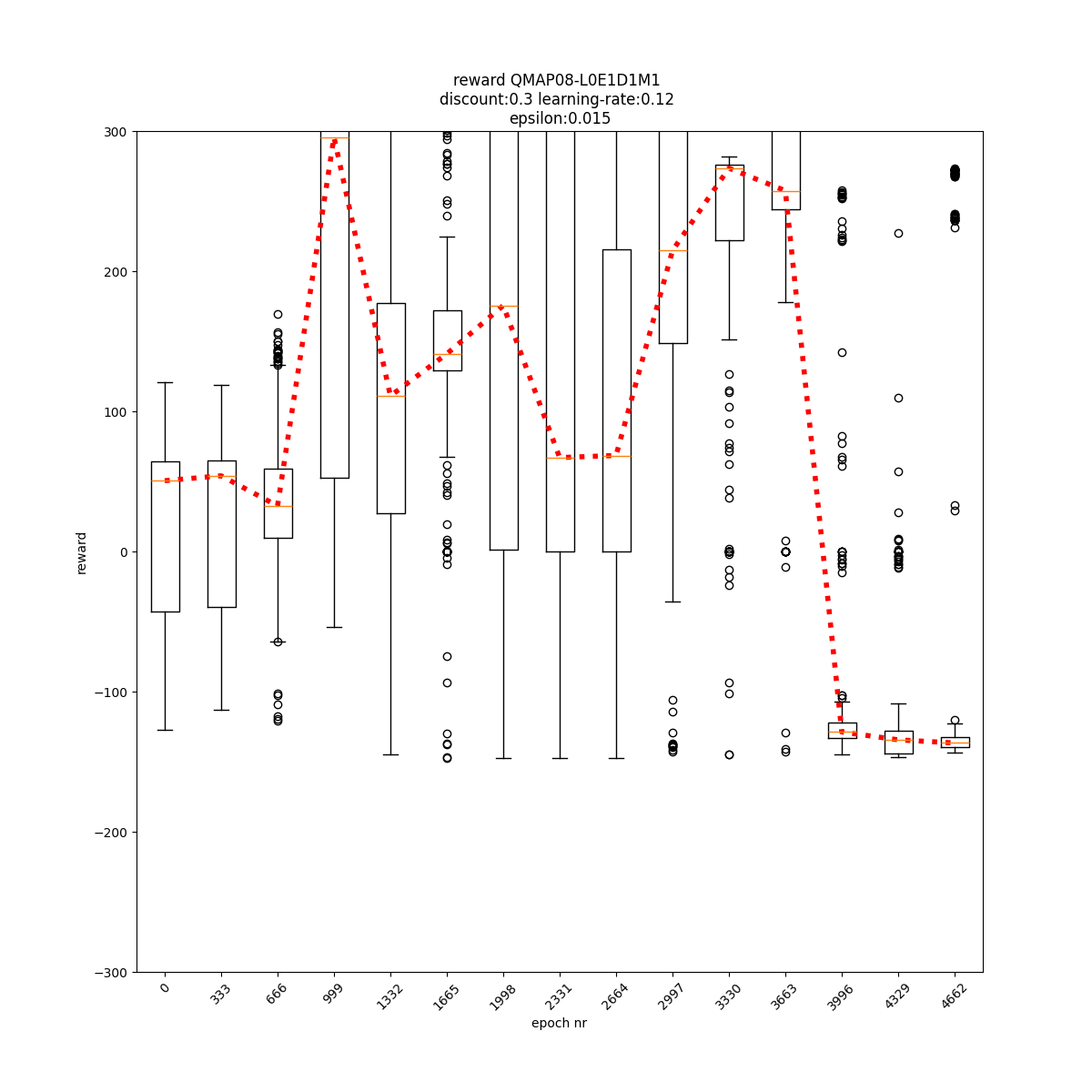
q-values
video 0 video 1 video 2 video 3
video 4 video 5 video 6 video 7
video 8 video 9 video 10 video 11

q-values
video 0 video 1 video 2 video 3
video 4 video 5 video 6 video 7
video 8 video 9 video 10 video 11
L0 E1 D1 M2
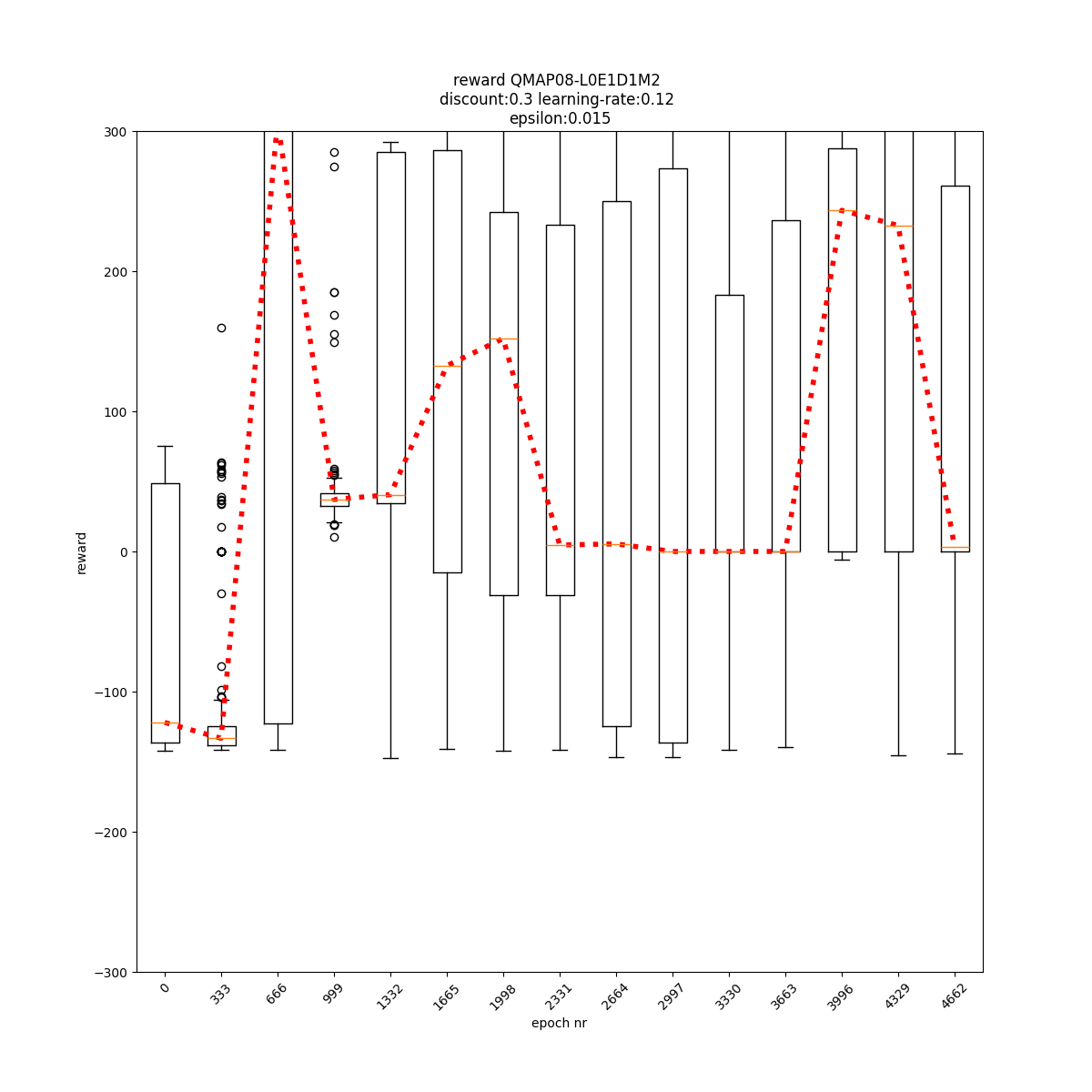
q-values
video 0 video 1 video 2 video 3
video 4 video 5 video 6 video 7
video 8 video 9 video 10 video 11

q-values
video 0 video 1 video 2 video 3
video 4 video 5 video 6 video 7
video 8 video 9 video 10 video 11
L0 E1 D2 M0
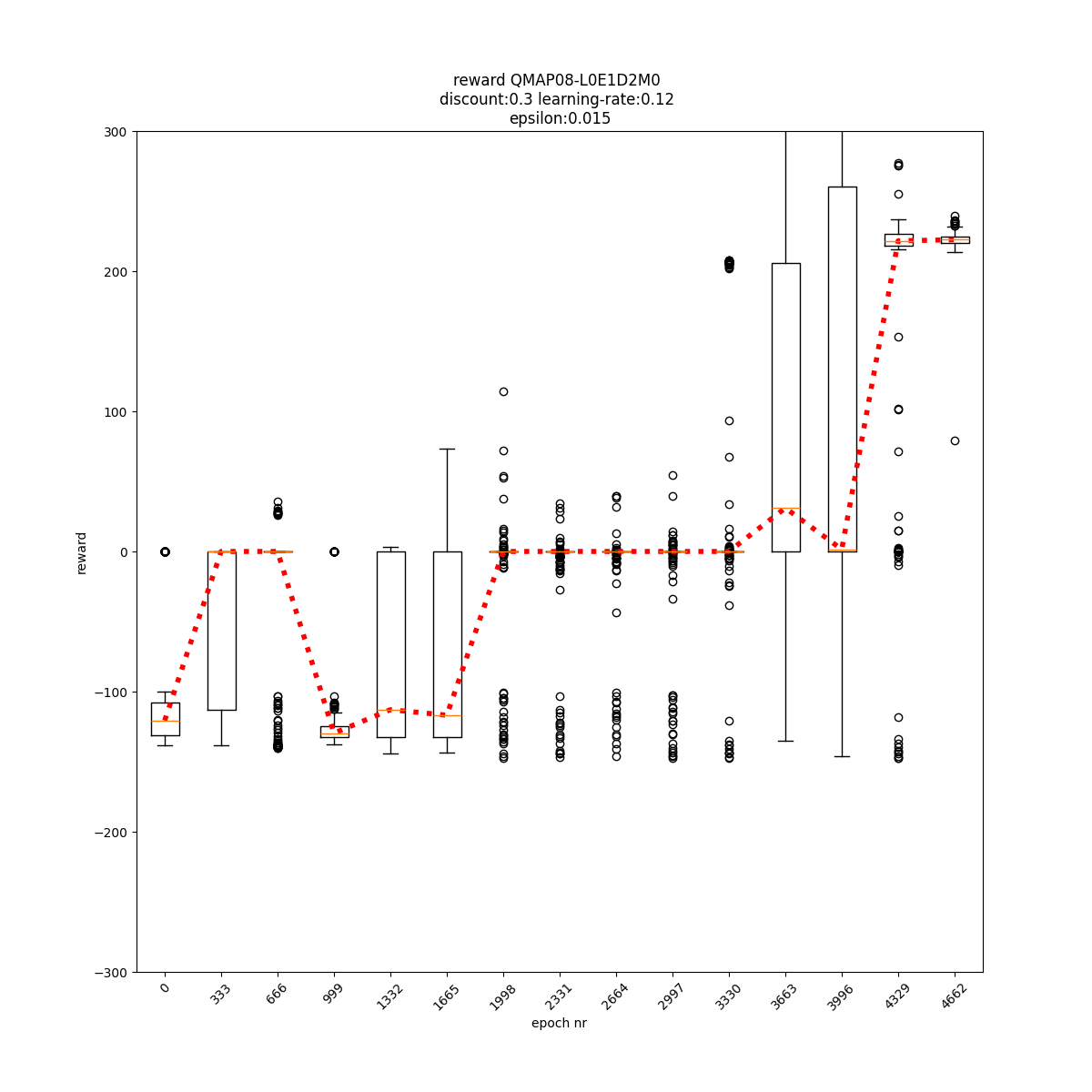
q-values
video 0 video 1 video 2 video 3
video 4 video 5 video 6 video 7
video 8 video 9 video 10 video 11

q-values
video 0 video 1 video 2 video 3
video 4 video 5 video 6 video 7
video 8 video 9 video 10 video 11
L0 E1 D2 M1
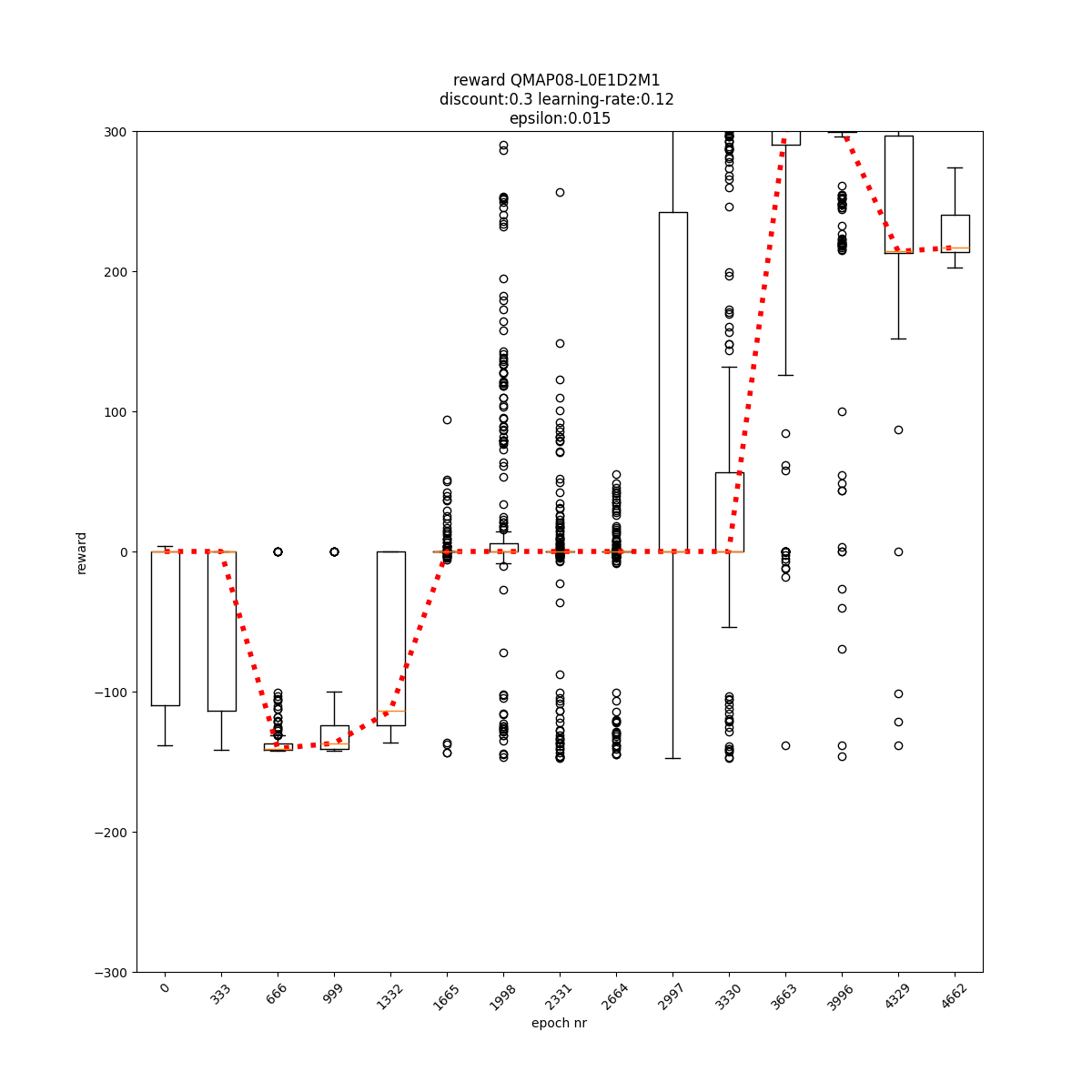
q-values
video 0 video 1 video 2 video 3
video 4 video 5 video 6 video 7
video 8 video 9 video 10 video 11

q-values
video 0 video 1 video 2 video 3
video 4 video 5 video 6 video 7
video 8 video 9 video 10 video 11
L0 E1 D2 M2
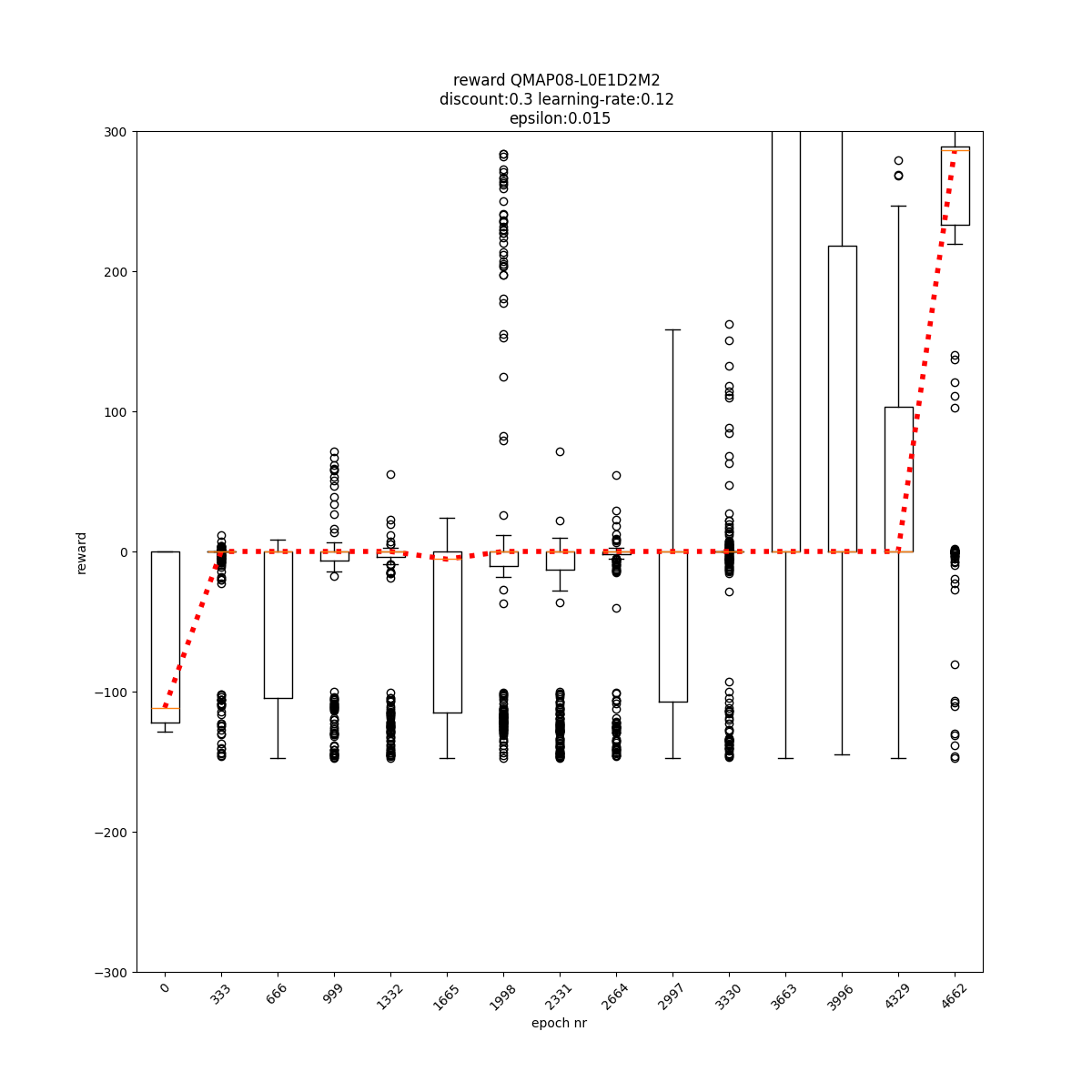
q-values
video 0 video 1 video 2 video 3
video 4 video 5 video 6 video 7
video 8 video 9 video 10 video 11

q-values
video 0 video 1 video 2 video 3
video 4 video 5 video 6 video 7
video 8 video 9 video 10 video 11
L0 E2 D0 M0
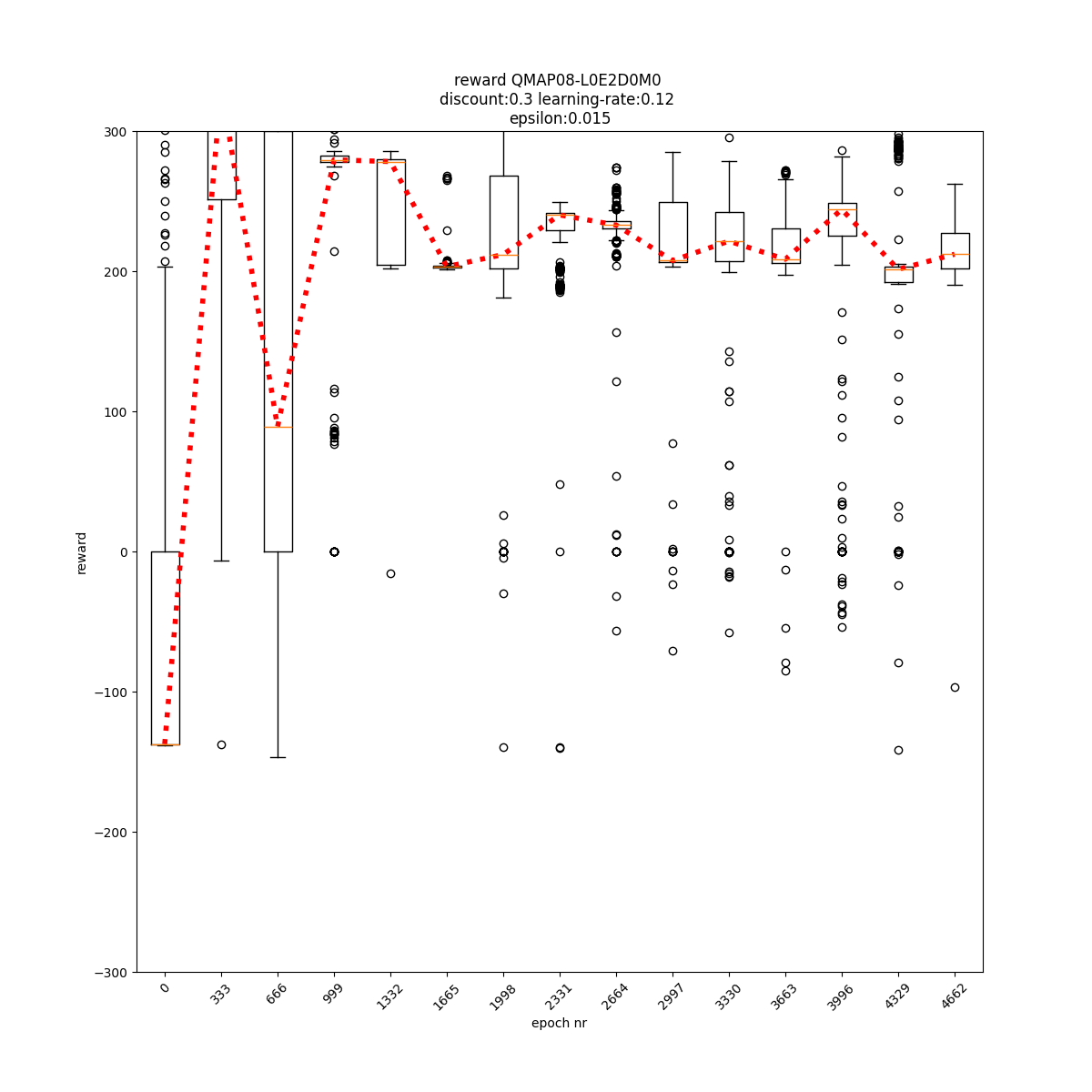
q-values
video 0 video 1 video 2 video 3
video 4 video 5 video 6 video 7
video 8 video 9 video 10 video 11

q-values
video 0 video 1 video 2 video 3
video 4 video 5 video 6 video 7
video 8 video 9 video 10 video 11
L0 E2 D0 M1
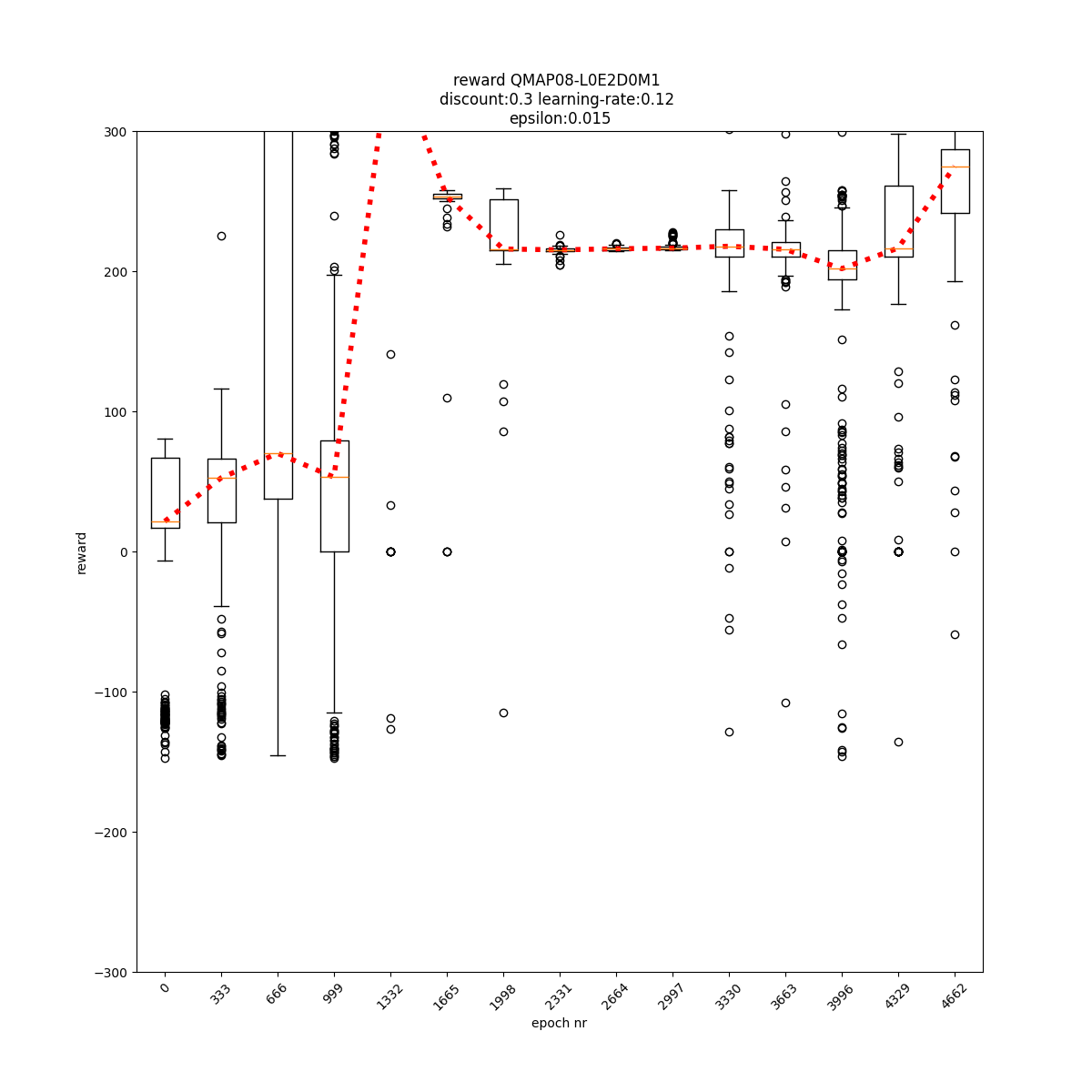
q-values
video 0 video 1 video 2 video 3
video 4 video 5 video 6 video 7
video 8 video 9 video 10 video 11

q-values
video 0 video 1 video 2 video 3
video 4 video 5 video 6 video 7
video 8 video 9 video 10 video 11
L0 E2 D0 M2
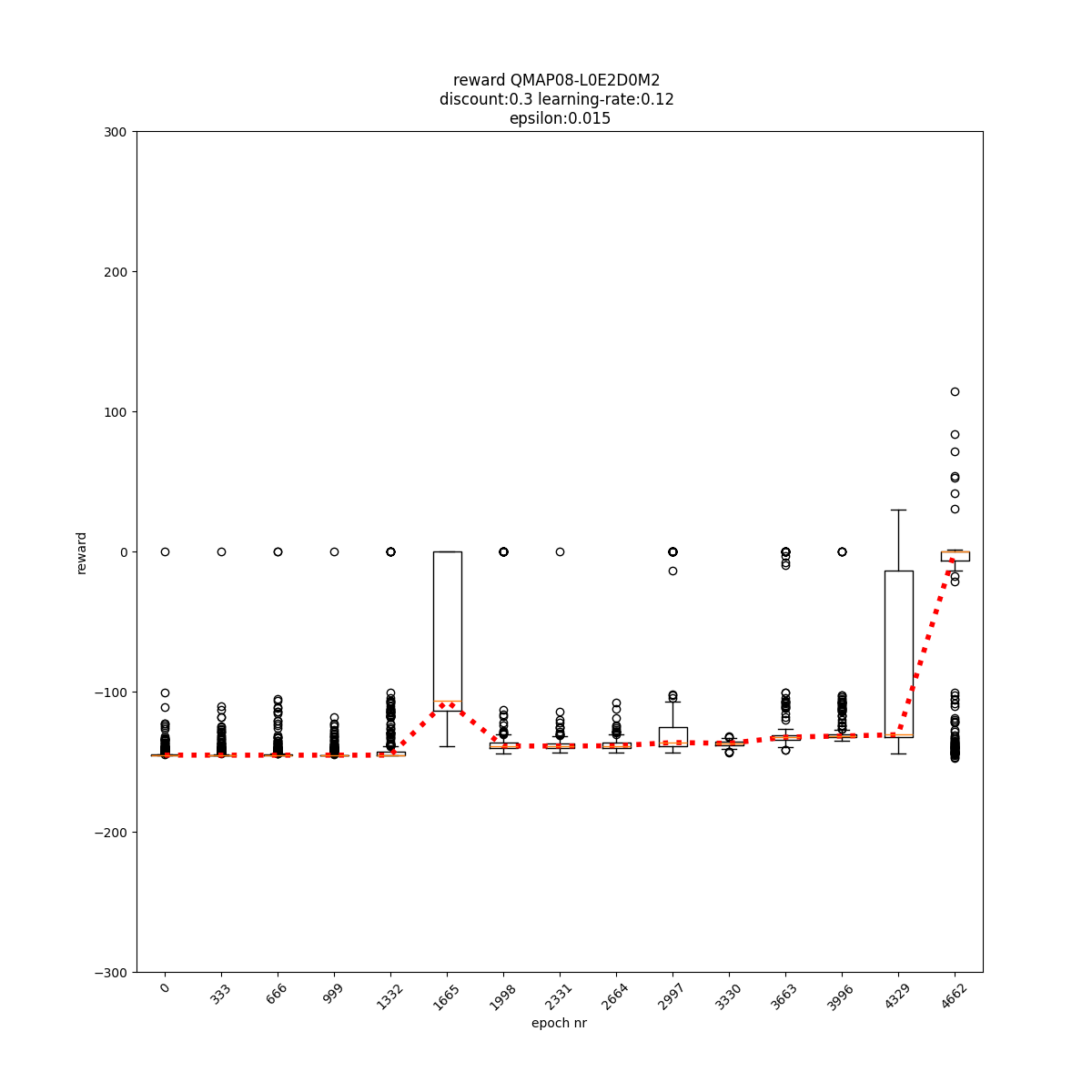
q-values
video 0 video 1 video 2 video 3
video 4 video 5 video 6 video 7
video 8 video 9 video 10 video 11

q-values
video 0 video 1 video 2 video 3
video 4 video 5 video 6 video 7
video 8 video 9 video 10 video 11
L0 E2 D1 M0
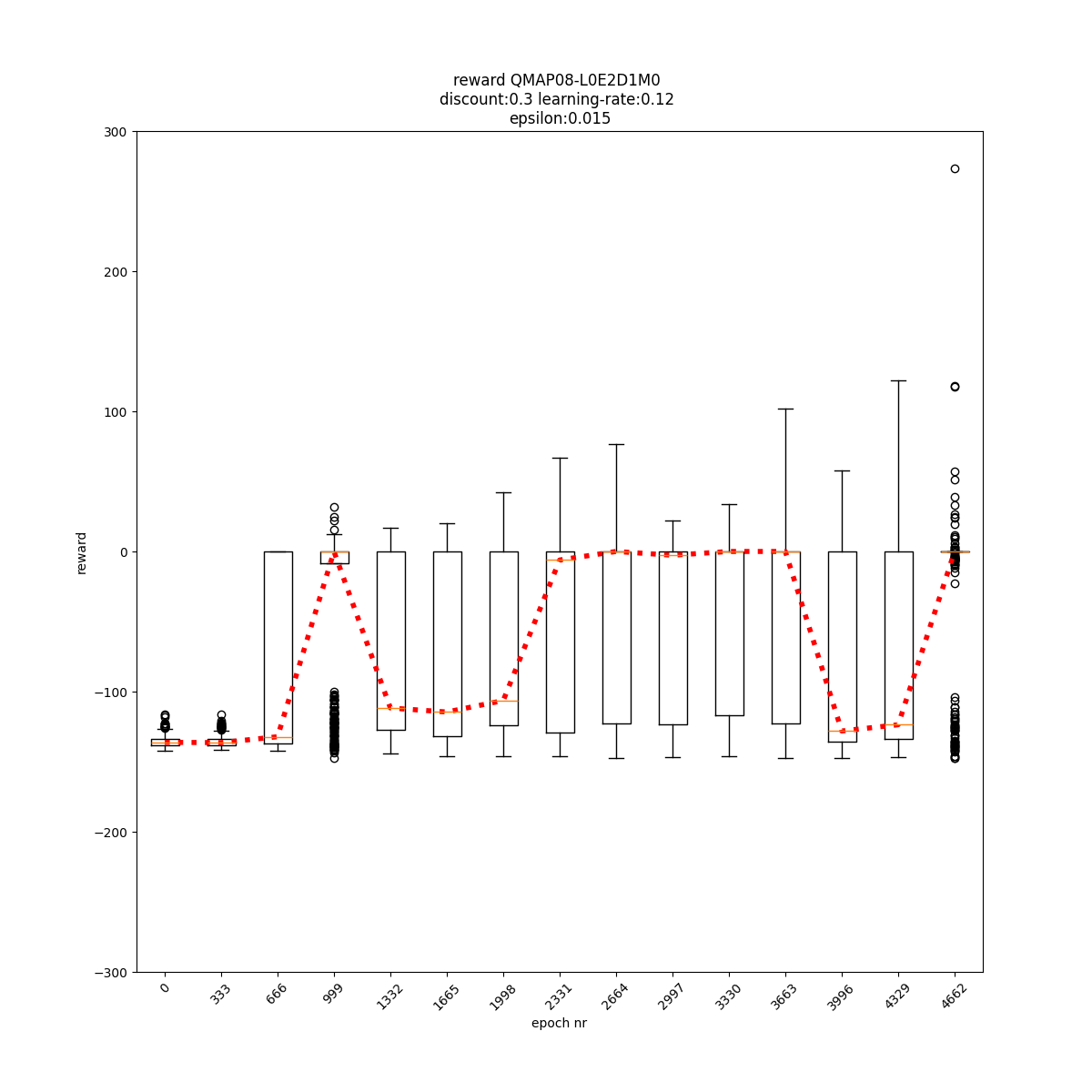
q-values
video 0 video 1 video 2 video 3
video 4 video 5 video 6 video 7
video 8 video 9 video 10 video 11

q-values
video 0 video 1 video 2 video 3
video 4 video 5 video 6 video 7
video 8 video 9 video 10 video 11
L0 E2 D1 M1
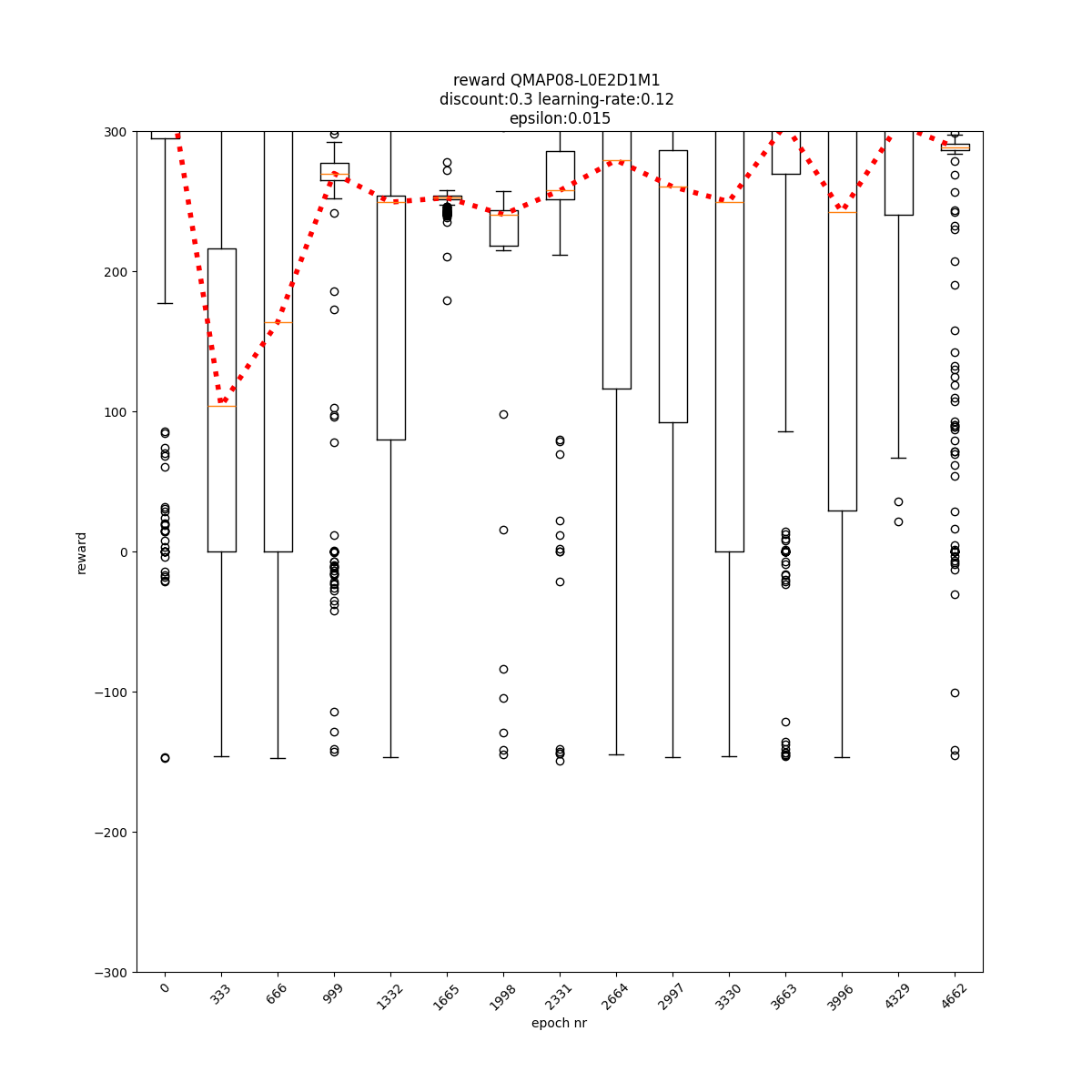
q-values
video 0 video 1 video 2 video 3
video 4 video 5 video 6 video 7
video 8 video 9 video 10 video 11

q-values
video 0 video 1 video 2 video 3
video 4 video 5 video 6 video 7
video 8 video 9 video 10 video 11
L0 E2 D1 M2
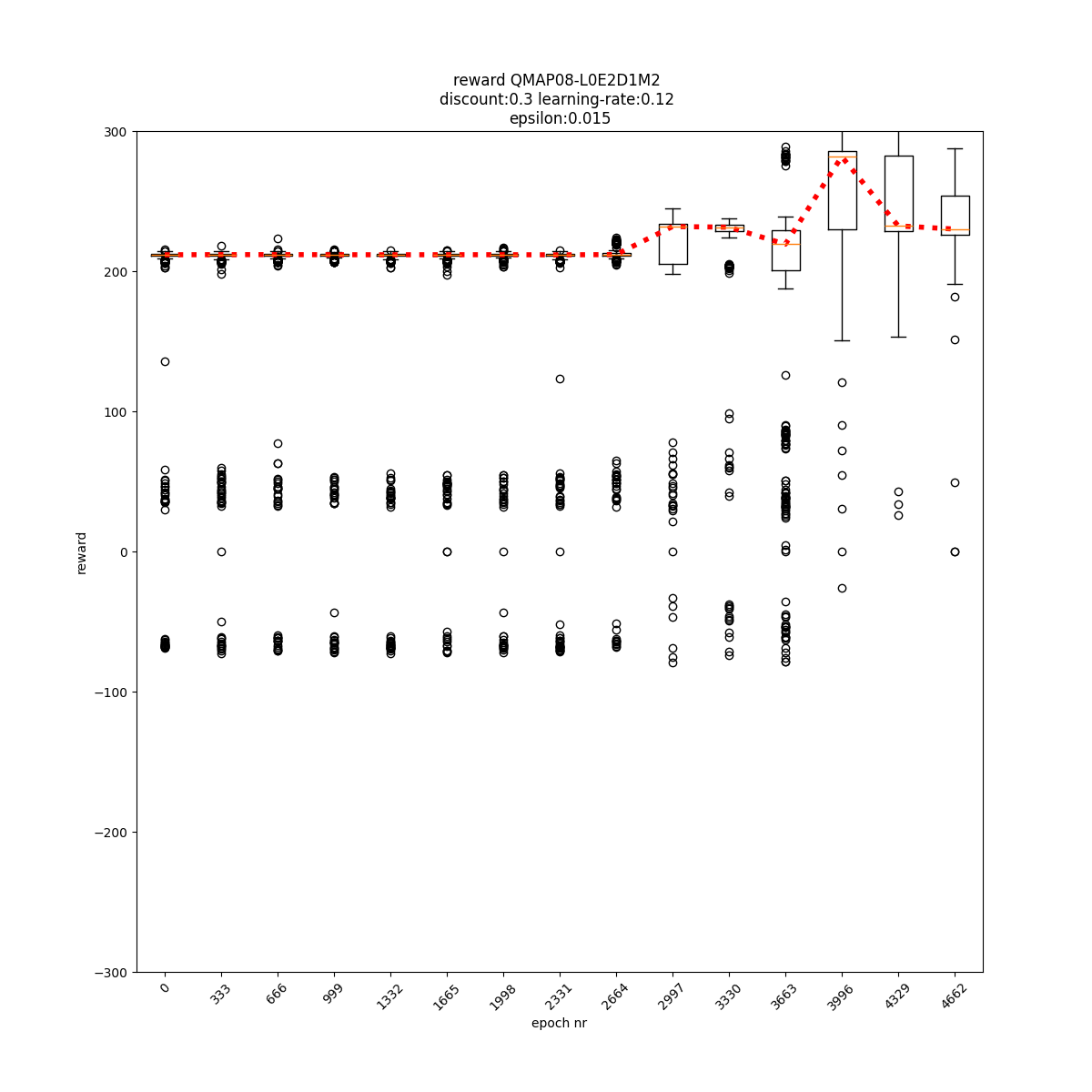
q-values
video 0 video 1 video 2 video 3
video 4 video 5 video 6 video 7
video 8 video 9 video 10 video 11

q-values
video 0 video 1 video 2 video 3
video 4 video 5 video 6 video 7
video 8 video 9 video 10 video 11
L0 E2 D2 M0
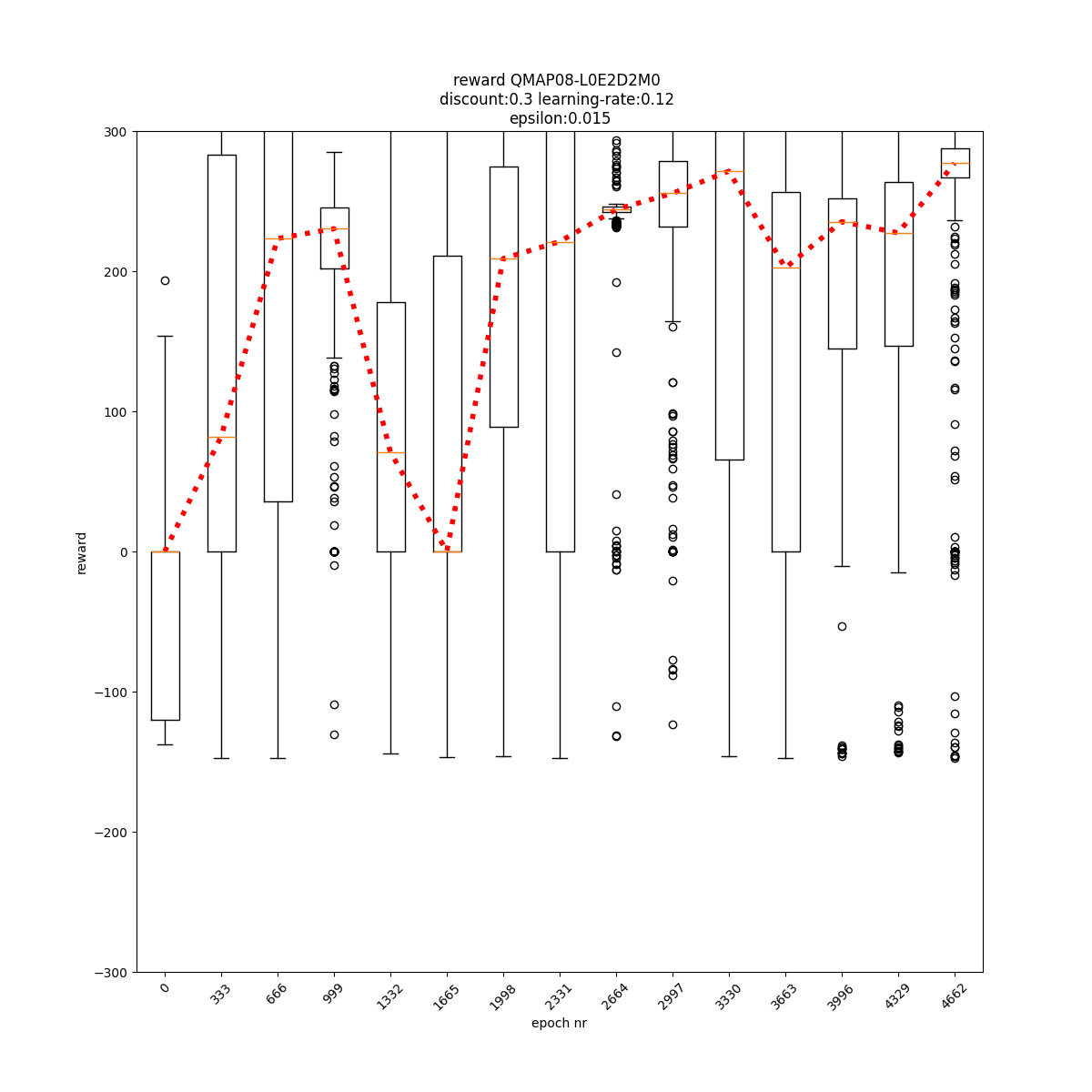
q-values
video 0 video 1 video 2 video 3
video 4 video 5 video 6 video 7
video 8 video 9 video 10 video 11

q-values
video 0 video 1 video 2 video 3
video 4 video 5 video 6 video 7
video 8 video 9 video 10 video 11
L0 E2 D2 M1
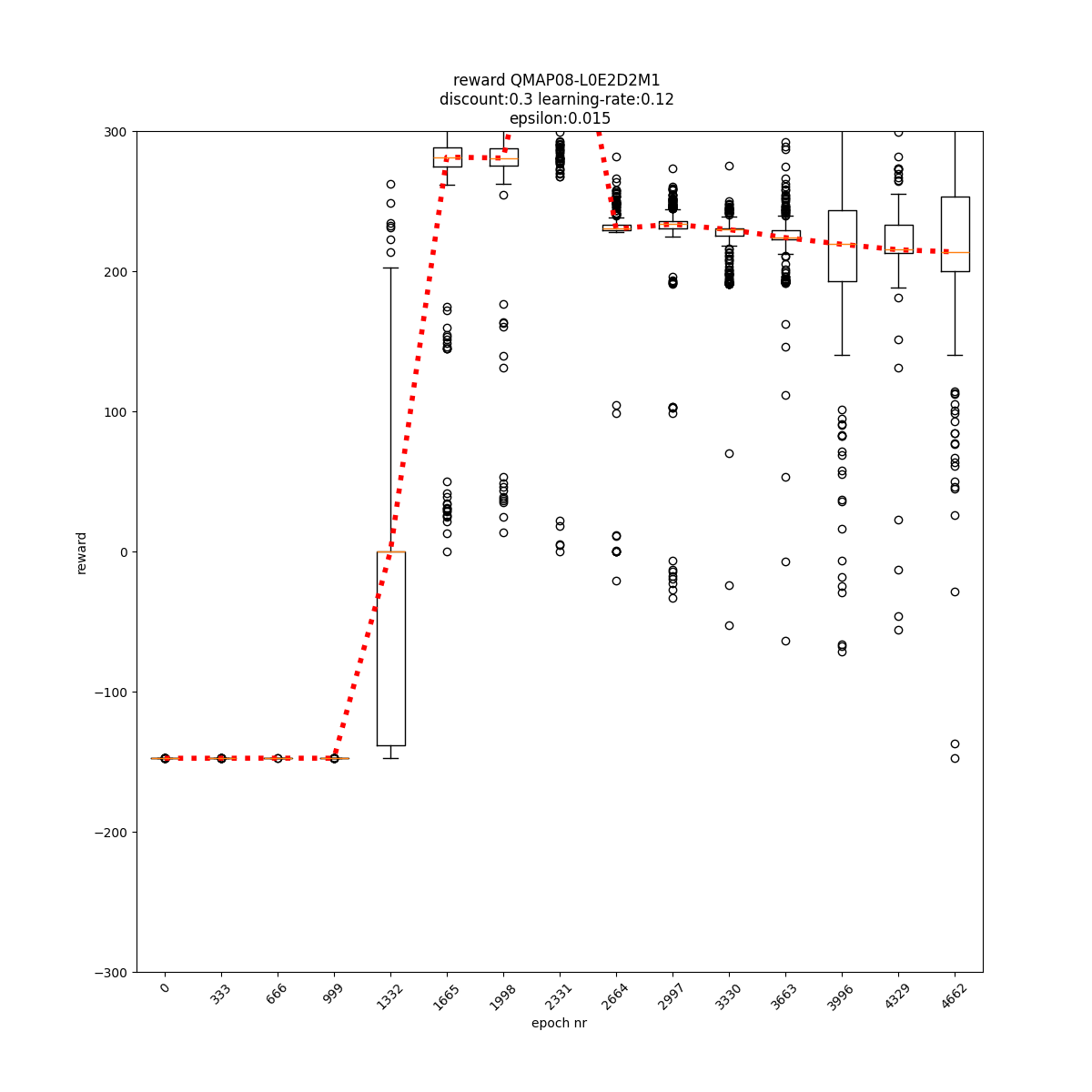
q-values
video 0 video 1 video 2 video 3
video 4 video 5 video 6 video 7
video 8 video 9 video 10 video 11

q-values
video 0 video 1 video 2 video 3
video 4 video 5 video 6 video 7
video 8 video 9 video 10 video 11
L0 E2 D2 M2
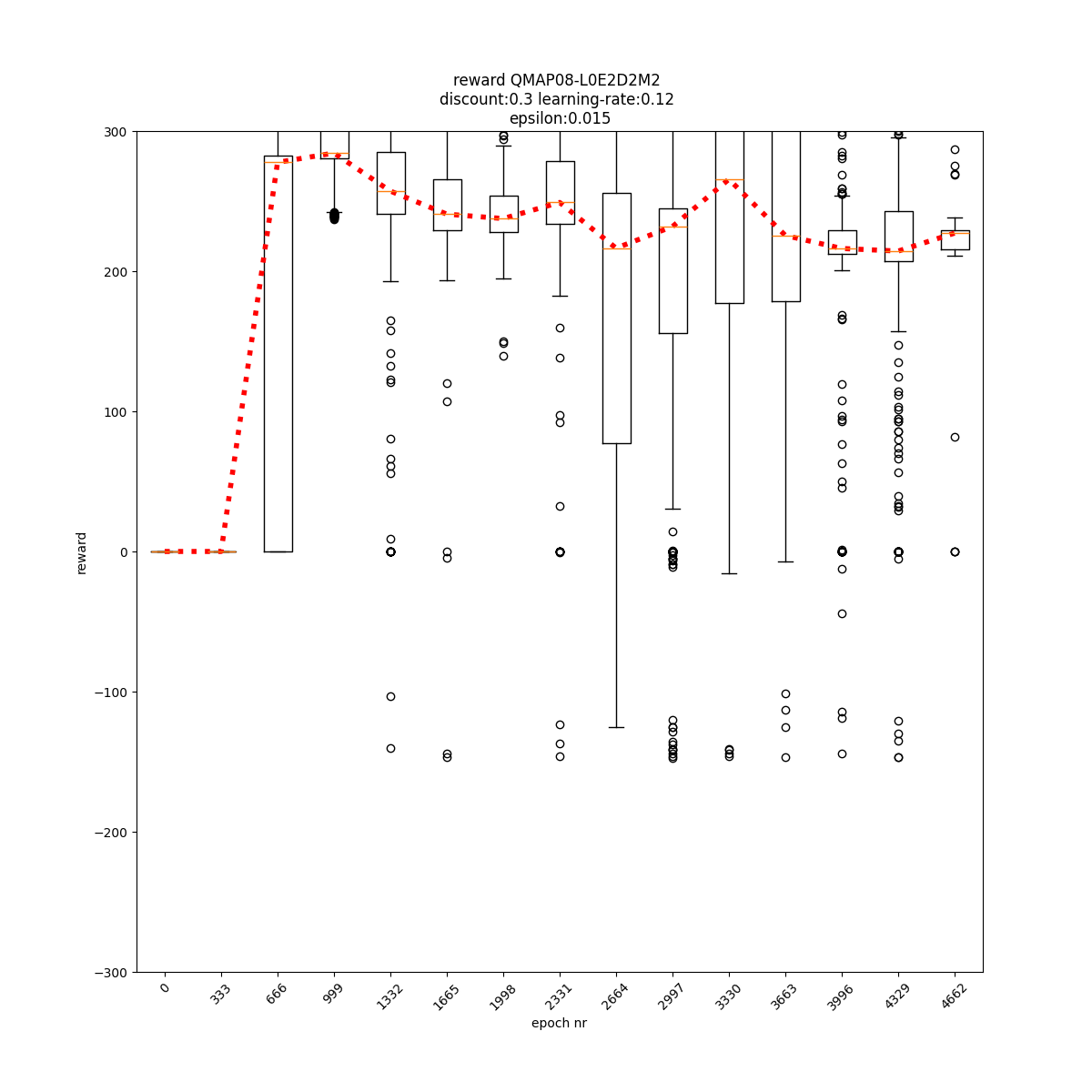
q-values
video 0 video 1 video 2 video 3
video 4 video 5 video 6 video 7
video 8 video 9 video 10 video 11

q-values
video 0 video 1 video 2 video 3
video 4 video 5 video 6 video 7
video 8 video 9 video 10 video 11
L1 E0 D0 M0
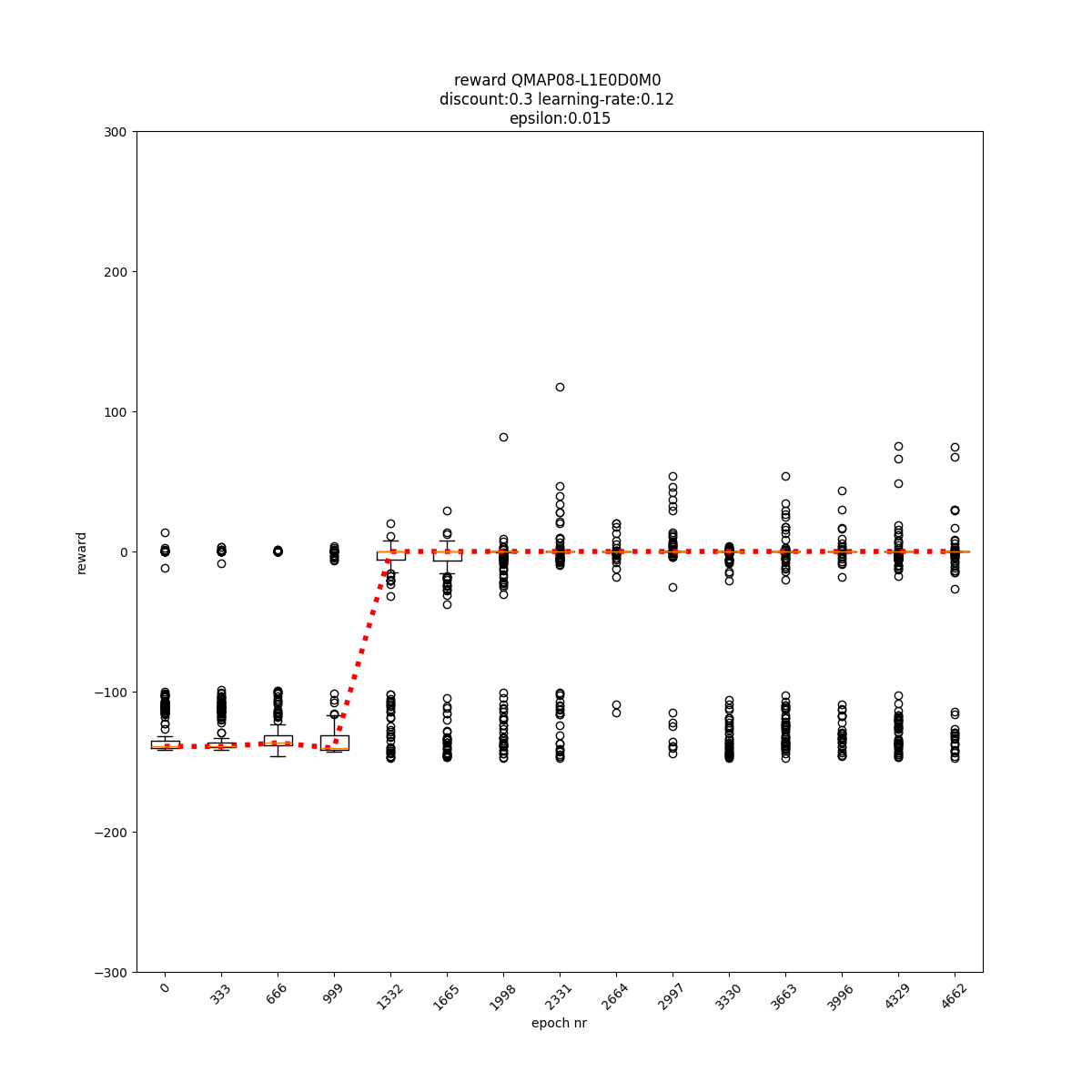
q-values
video 0 video 1 video 2 video 3
video 4 video 5 video 6 video 7
video 8 video 9 video 10 video 11

q-values
video 0 video 1 video 2 video 3
video 4 video 5 video 6 video 7
video 8 video 9 video 10 video 11
L1 E0 D0 M1
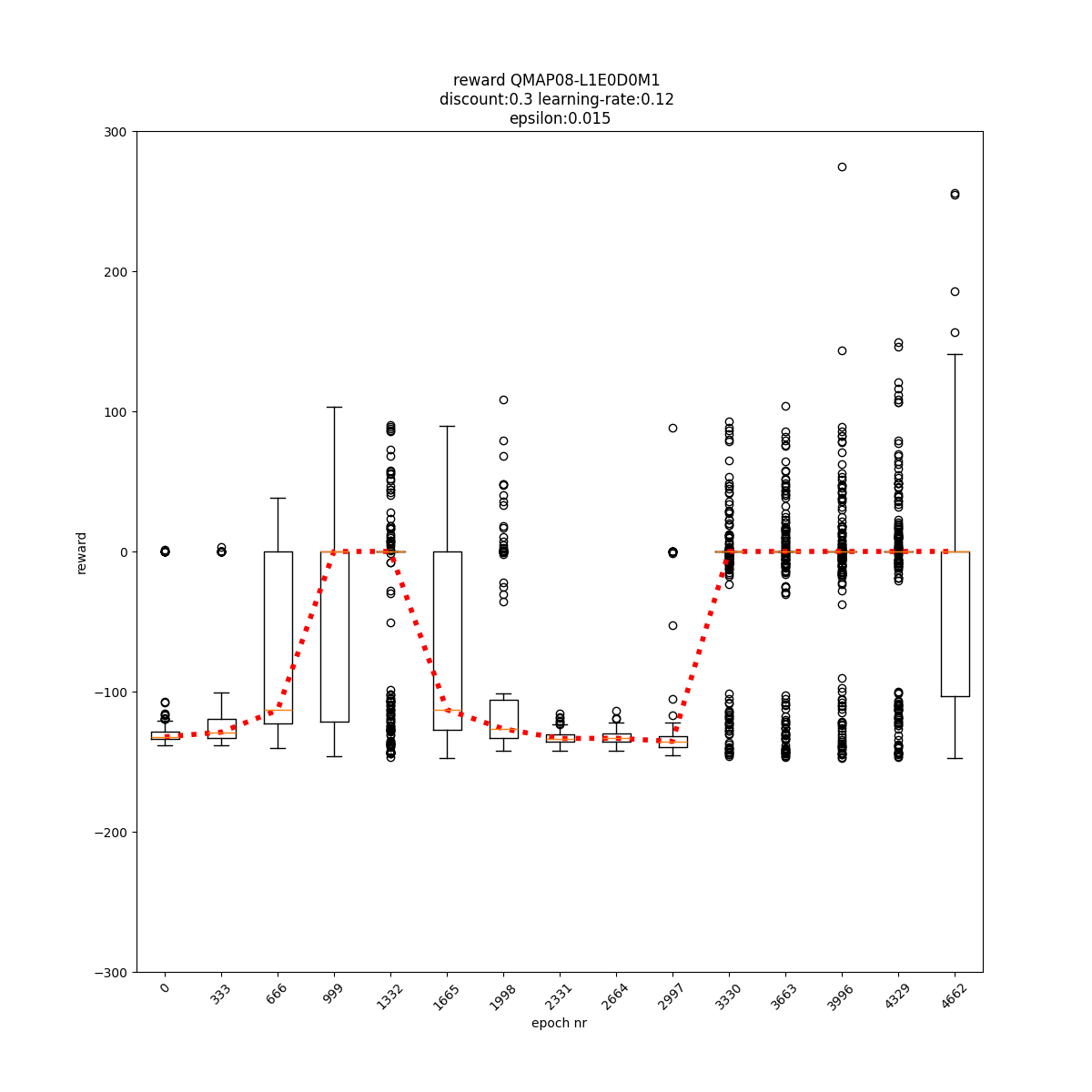
q-values
video 0 video 1 video 2 video 3
video 4 video 5 video 6 video 7
video 8 video 9 video 10 video 11

q-values
video 0 video 1 video 2 video 3
video 4 video 5 video 6 video 7
video 8 video 9 video 10 video 11
L1 E0 D0 M2
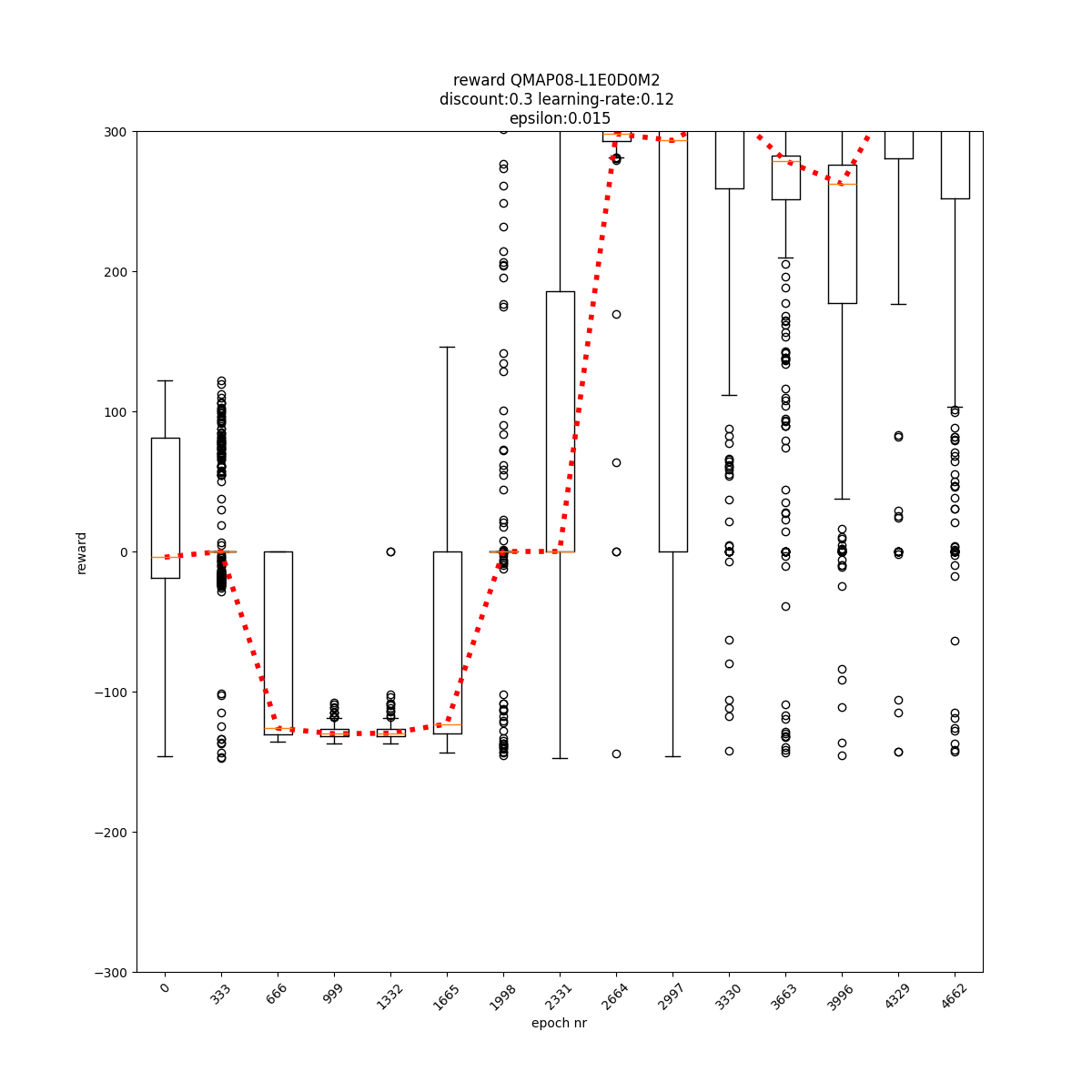
q-values
video 0 video 1 video 2 video 3
video 4 video 5 video 6 video 7
video 8 video 9 video 10 video 11

q-values
video 0 video 1 video 2 video 3
video 4 video 5 video 6 video 7
video 8 video 9 video 10 video 11
L1 E0 D1 M0
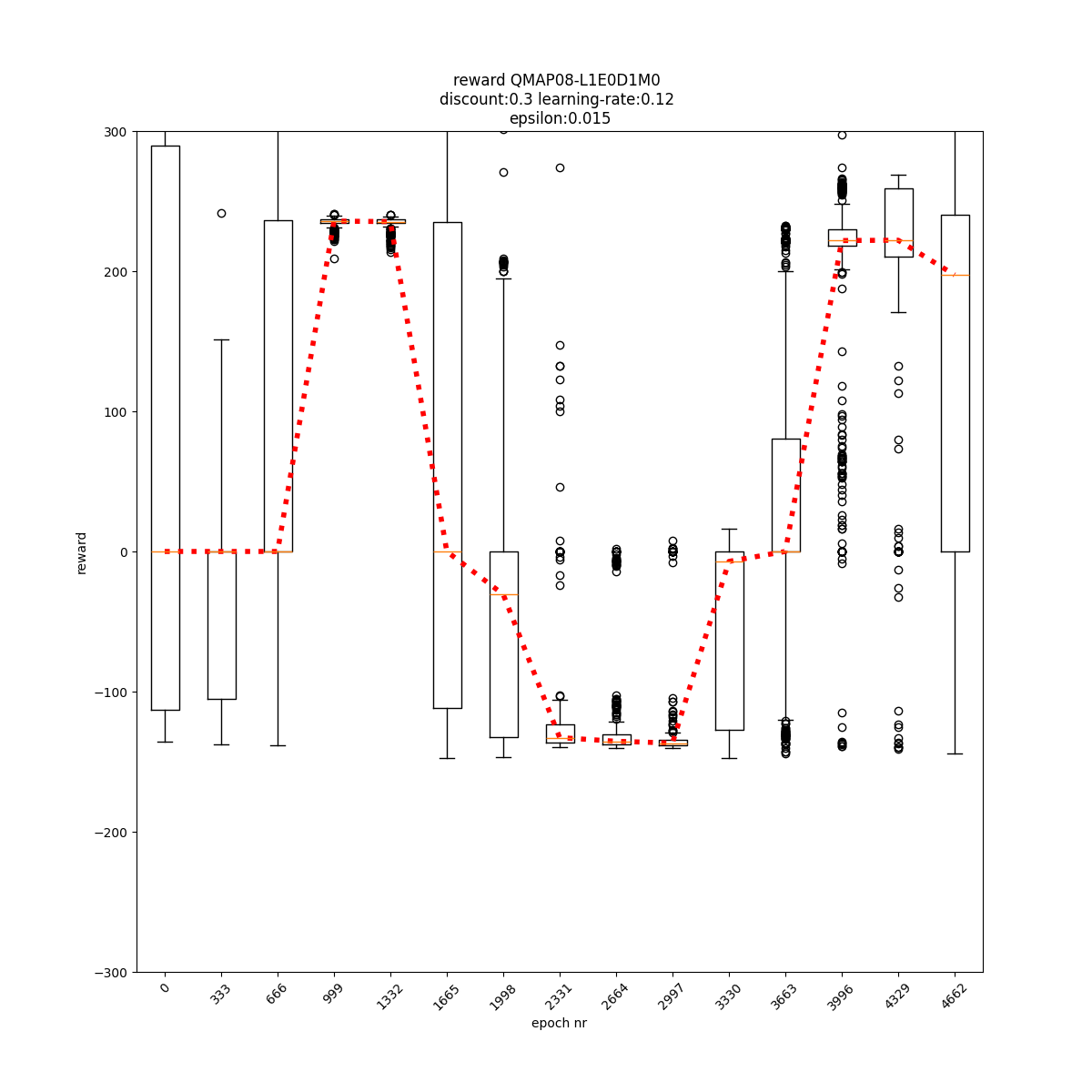
q-values
video 0 video 1 video 2 video 3
video 4 video 5 video 6 video 7
video 8 video 9 video 10 video 11

q-values
video 0 video 1 video 2 video 3
video 4 video 5 video 6 video 7
video 8 video 9 video 10 video 11
L1 E0 D1 M1
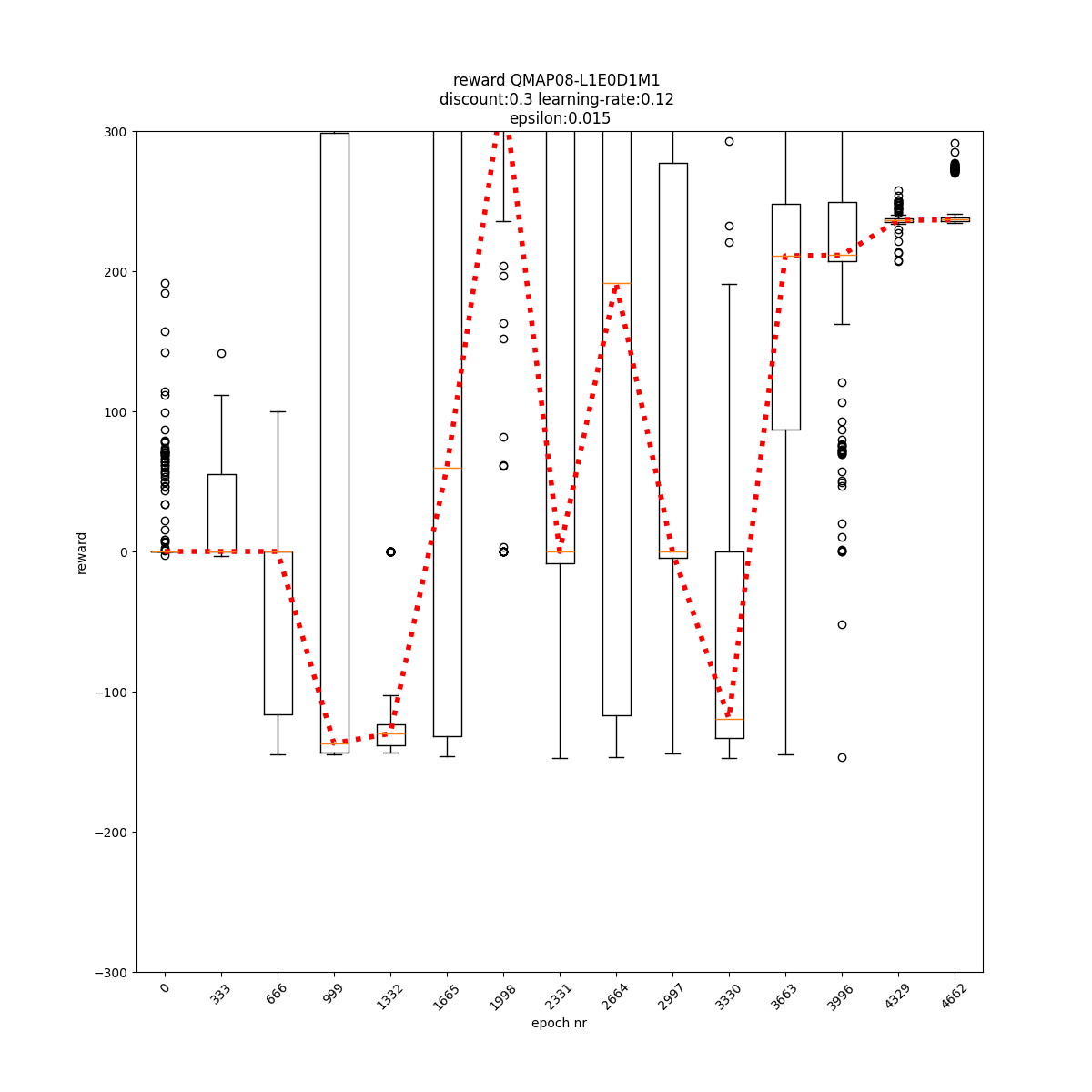
q-values
video 0 video 1 video 2 video 3
video 4 video 5 video 6 video 7
video 8 video 9 video 10 video 11

q-values
video 0 video 1 video 2 video 3
video 4 video 5 video 6 video 7
video 8 video 9 video 10 video 11
L1 E0 D1 M2
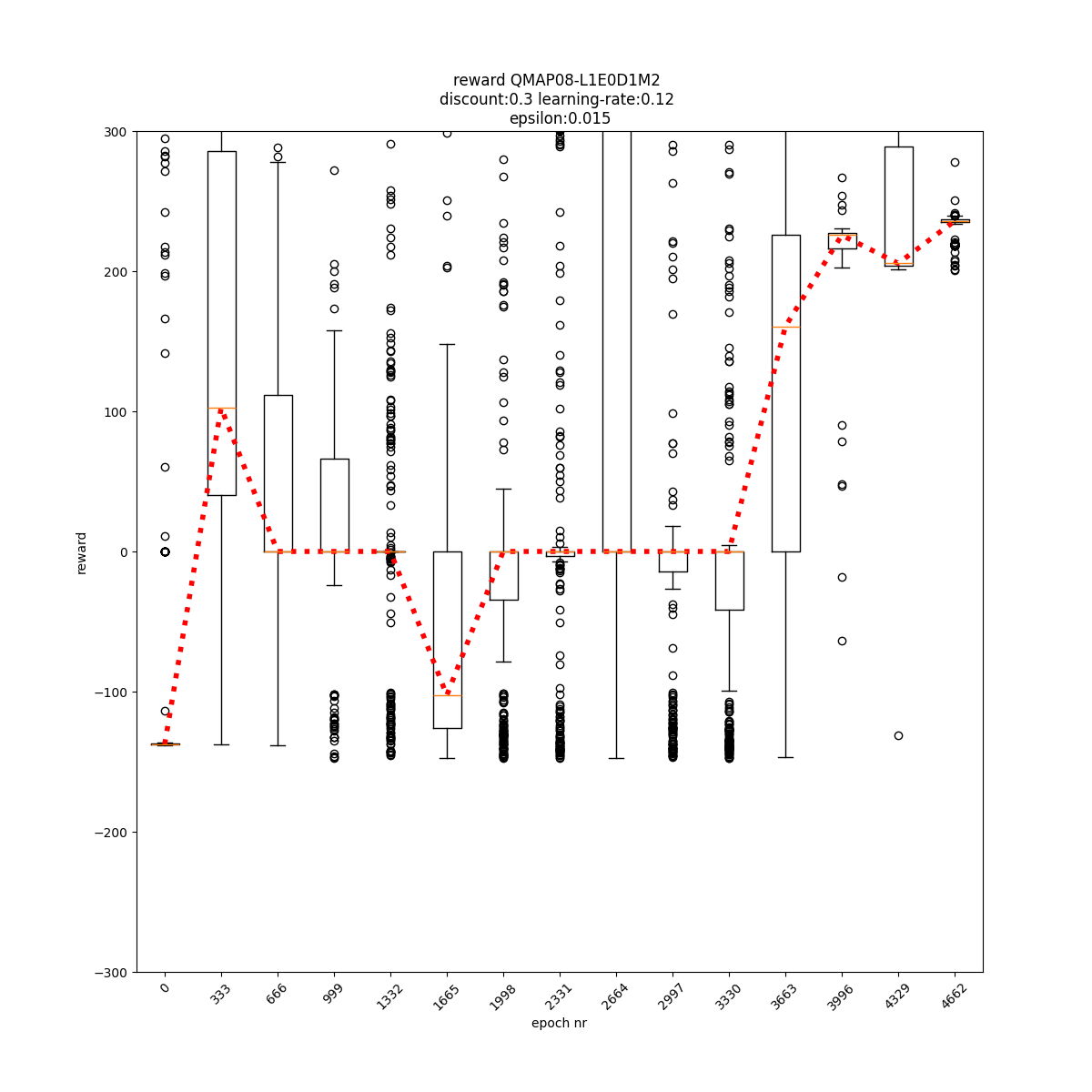
q-values
video 0 video 1 video 2 video 3
video 4 video 5 video 6 video 7
video 8 video 9 video 10 video 11

q-values
video 0 video 1 video 2 video 3
video 4 video 5 video 6 video 7
video 8 video 9 video 10 video 11
L1 E0 D2 M0
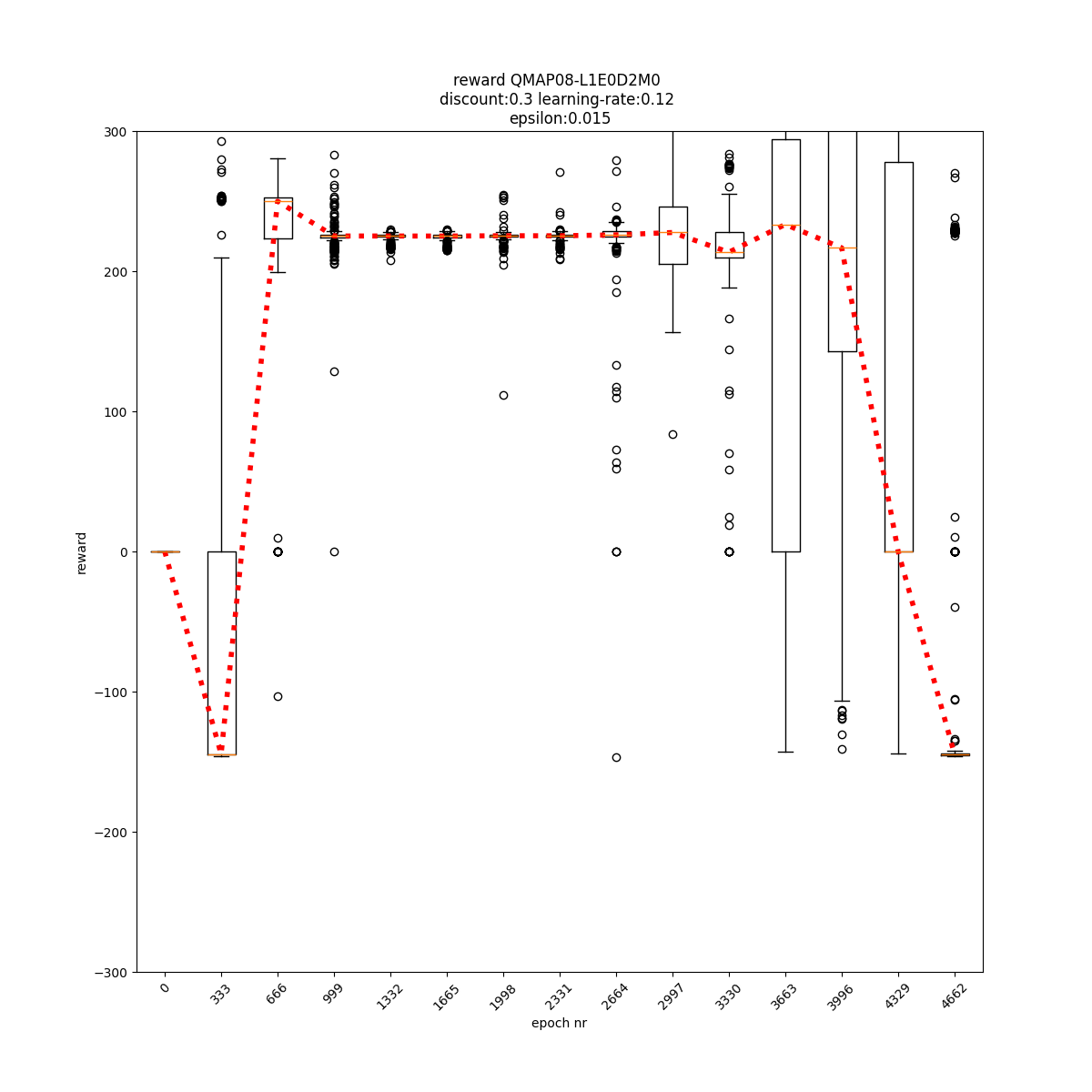
q-values
video 0 video 1 video 2 video 3
video 4 video 5 video 6 video 7
video 8 video 9 video 10 video 11

q-values
video 0 video 1 video 2 video 3
video 4 video 5 video 6 video 7
video 8 video 9 video 10 video 11
L1 E0 D2 M1
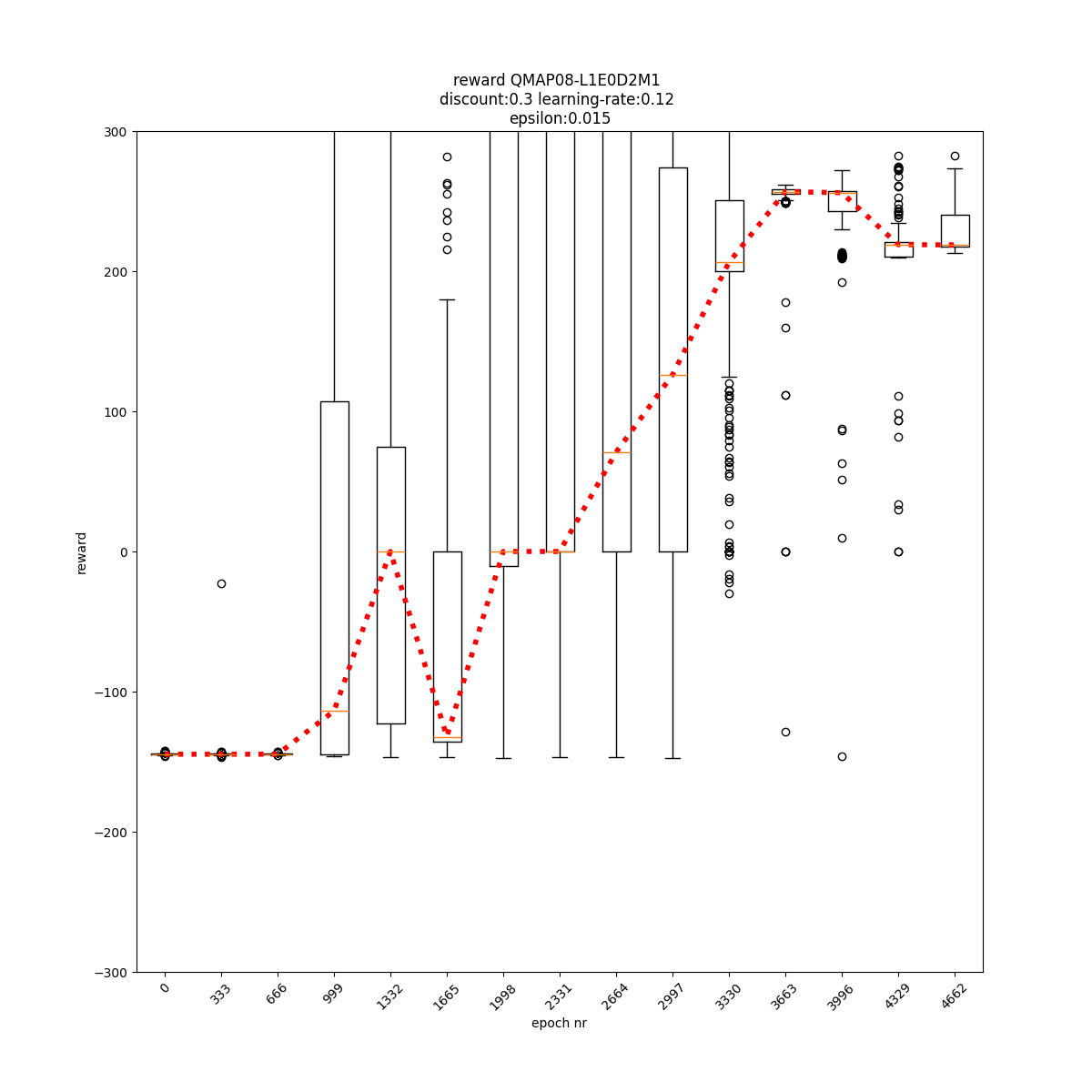
q-values
video 0 video 1 video 2 video 3
video 4 video 5 video 6 video 7
video 8 video 9 video 10 video 11

q-values
video 0 video 1 video 2 video 3
video 4 video 5 video 6 video 7
video 8 video 9 video 10 video 11
L1 E0 D2 M2
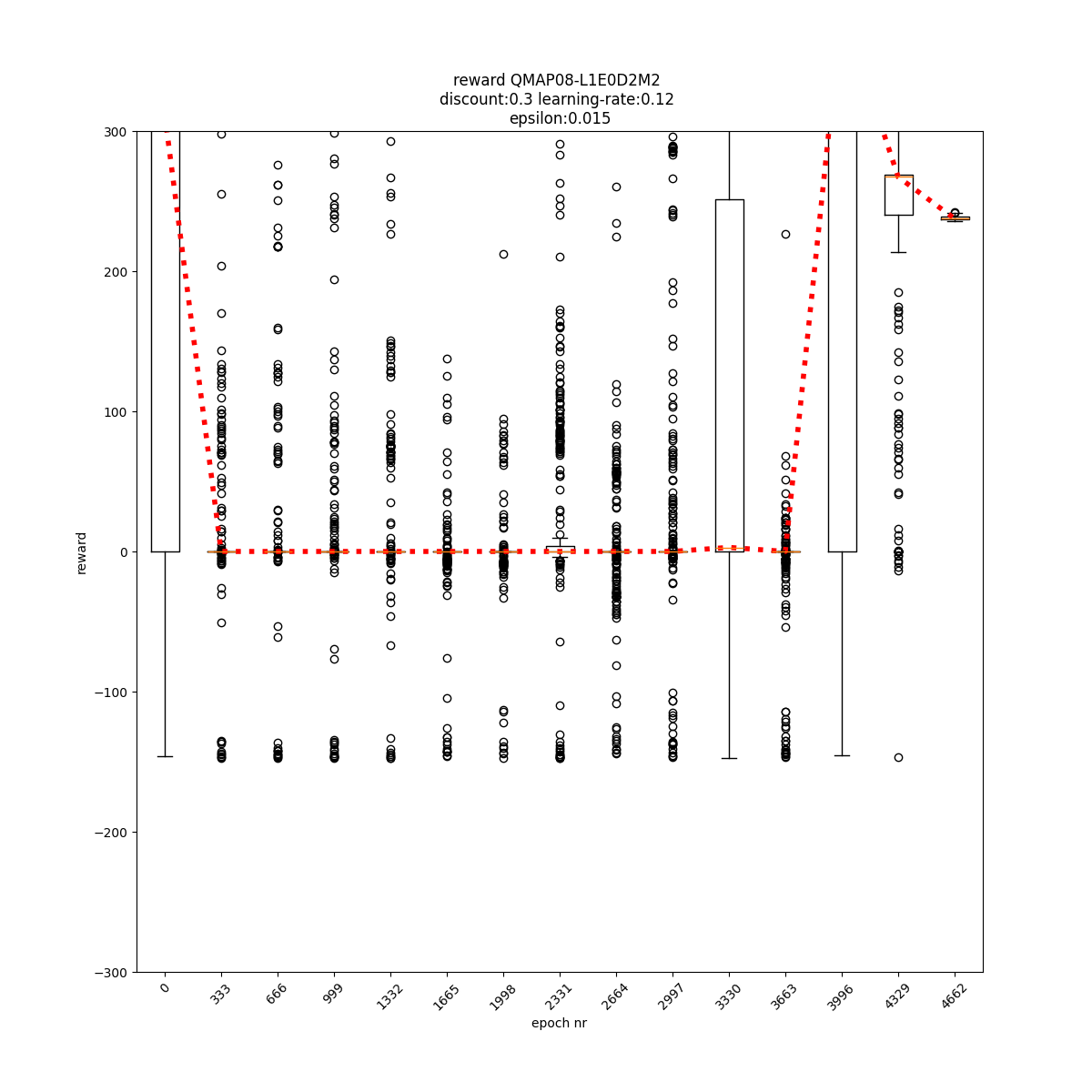
q-values
video 0 video 1 video 2 video 3
video 4 video 5 video 6 video 7
video 8 video 9 video 10 video 11

q-values
video 0 video 1 video 2 video 3
video 4 video 5 video 6 video 7
video 8 video 9 video 10 video 11
L1 E1 D0 M0
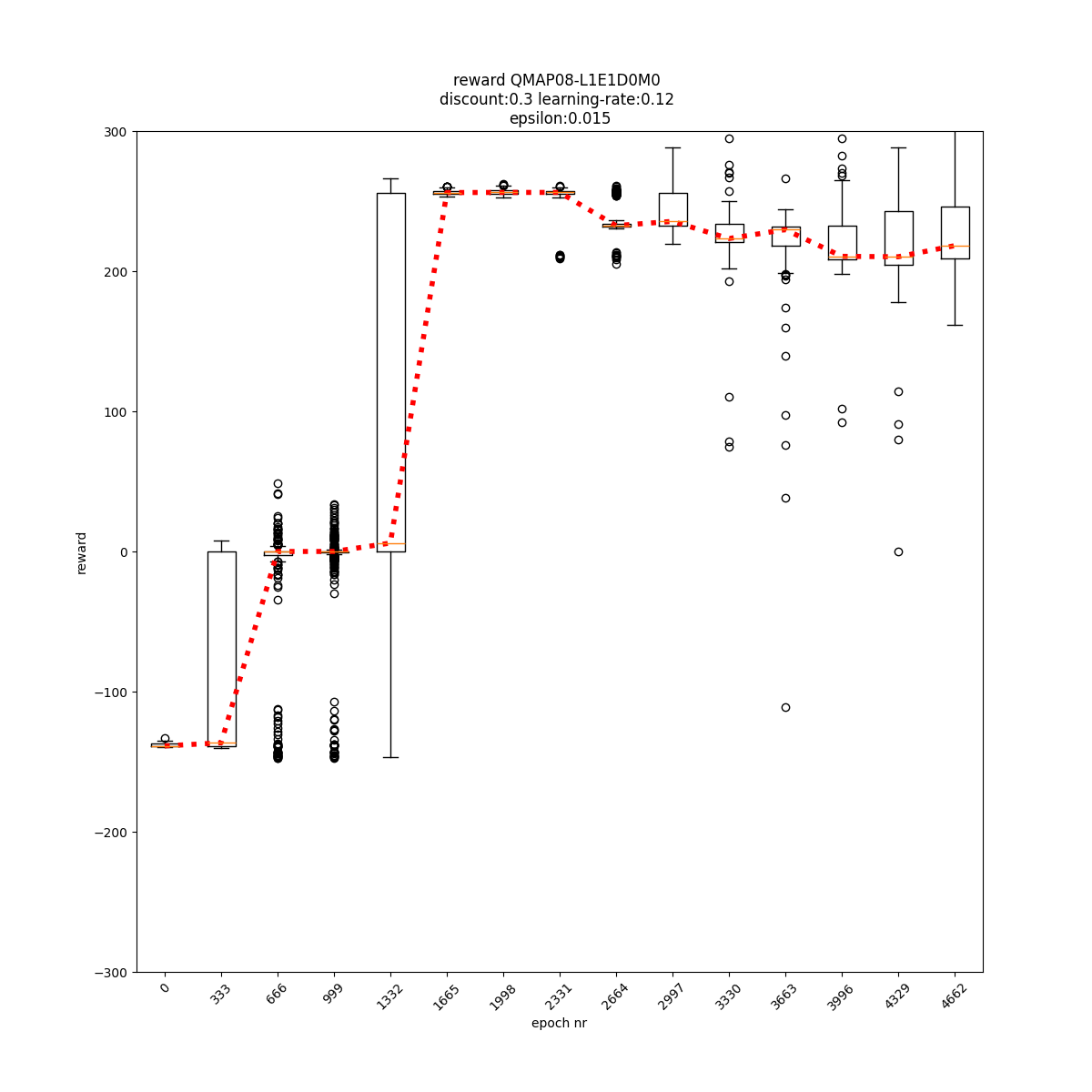
q-values
video 0 video 1 video 2 video 3
video 4 video 5 video 6 video 7
video 8 video 9 video 10 video 11

q-values
video 0 video 1 video 2 video 3
video 4 video 5 video 6 video 7
video 8 video 9 video 10 video 11
L1 E1 D0 M1
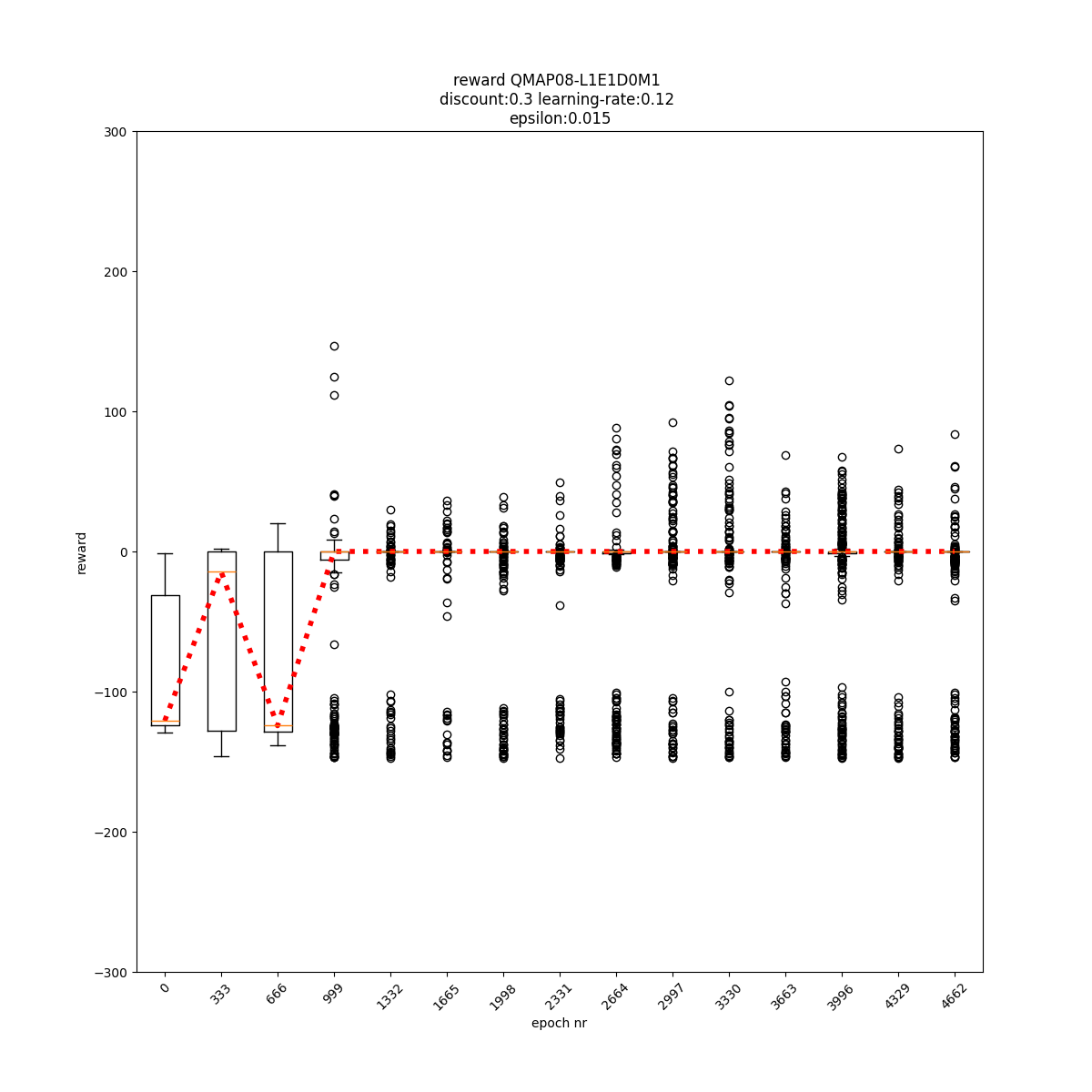
q-values
video 0 video 1 video 2 video 3
video 4 video 5 video 6 video 7
video 8 video 9 video 10 video 11

q-values
video 0 video 1 video 2 video 3
video 4 video 5 video 6 video 7
video 8 video 9 video 10 video 11
L1 E1 D0 M2
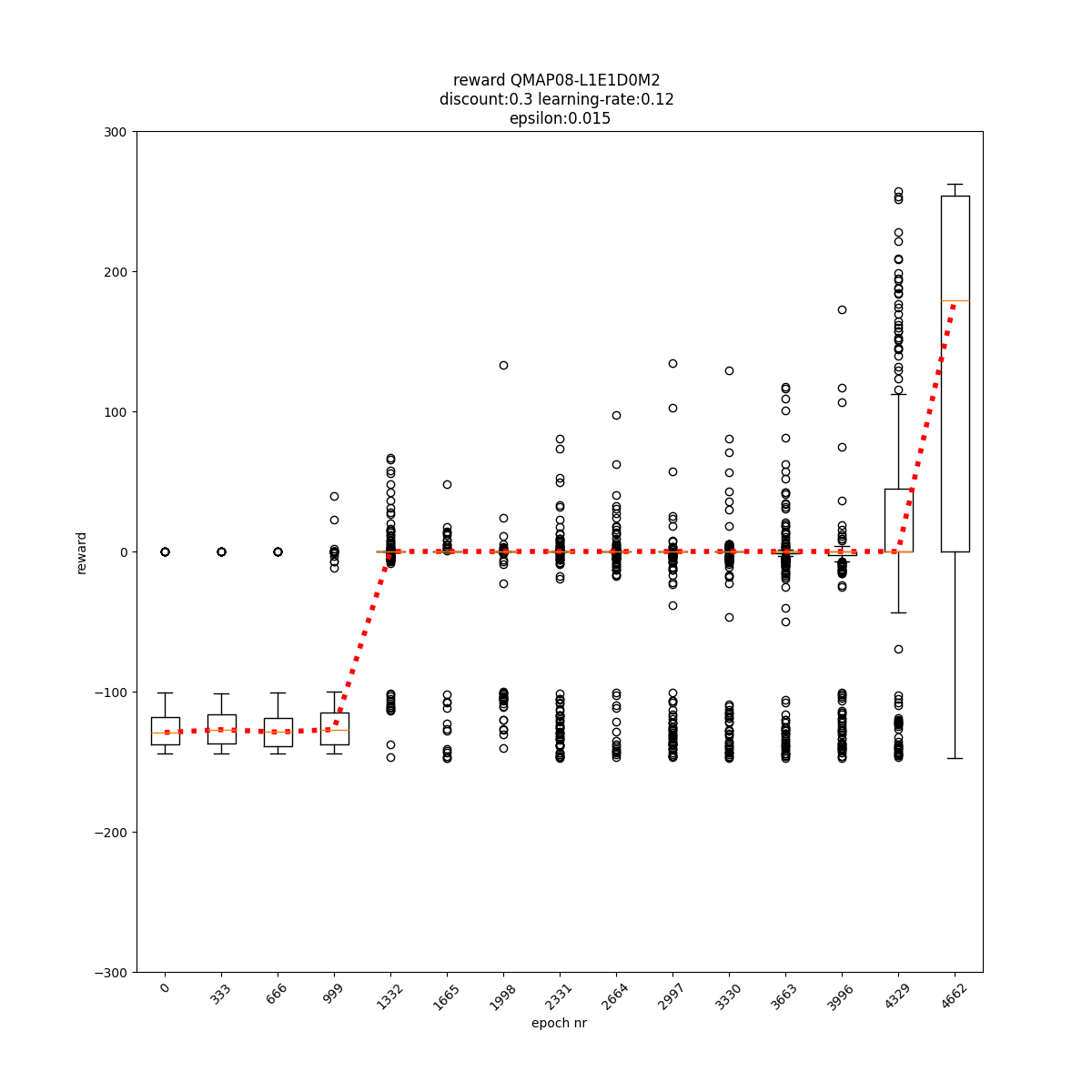
q-values
video 0 video 1 video 2 video 3
video 4 video 5 video 6 video 7
video 8 video 9 video 10 video 11

q-values
video 0 video 1 video 2 video 3
video 4 video 5 video 6 video 7
video 8 video 9 video 10 video 11
L1 E1 D1 M0
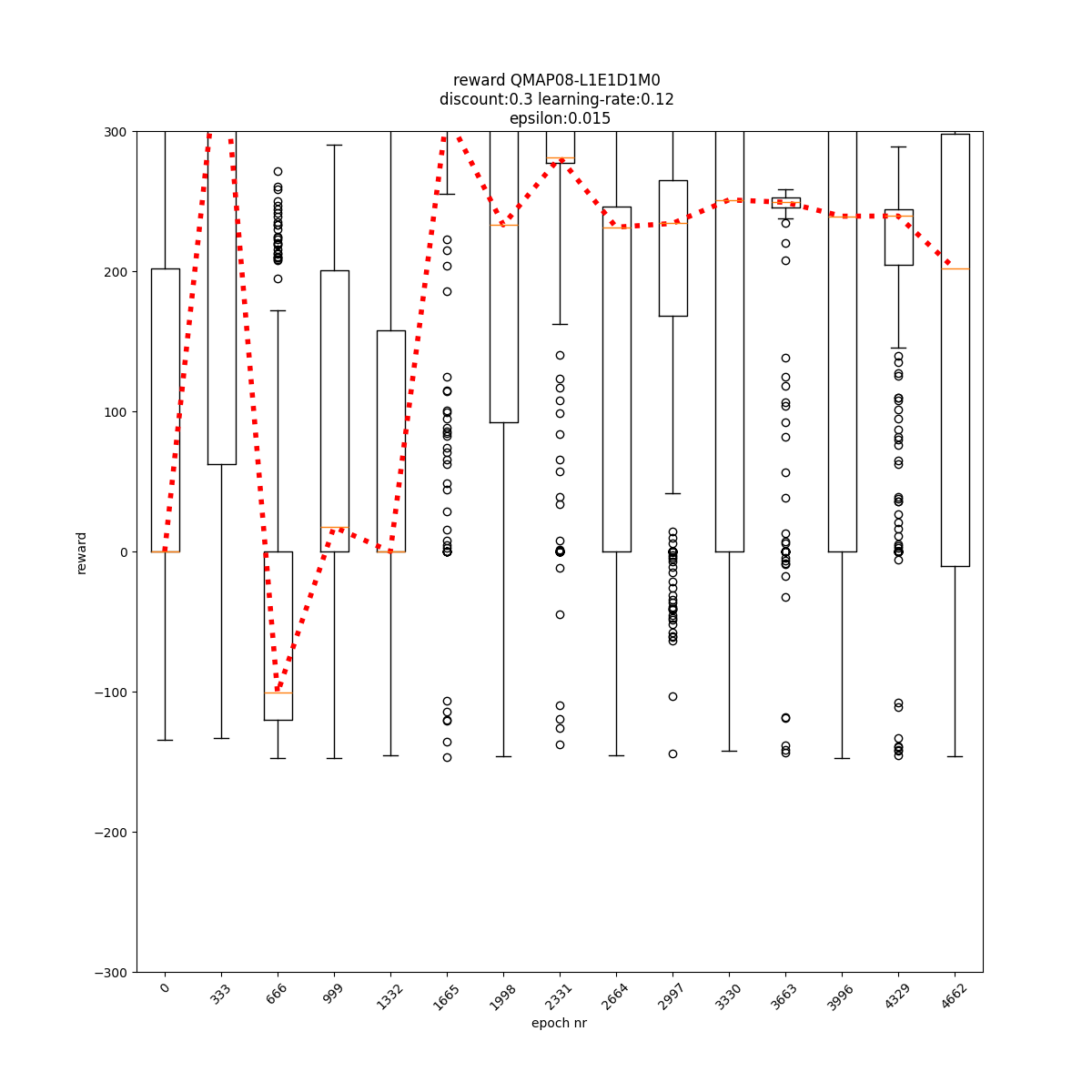
q-values
video 0 video 1 video 2 video 3
video 4 video 5 video 6 video 7
video 8 video 9 video 10 video 11

q-values
video 0 video 1 video 2 video 3
video 4 video 5 video 6 video 7
video 8 video 9 video 10 video 11
L1 E1 D1 M1
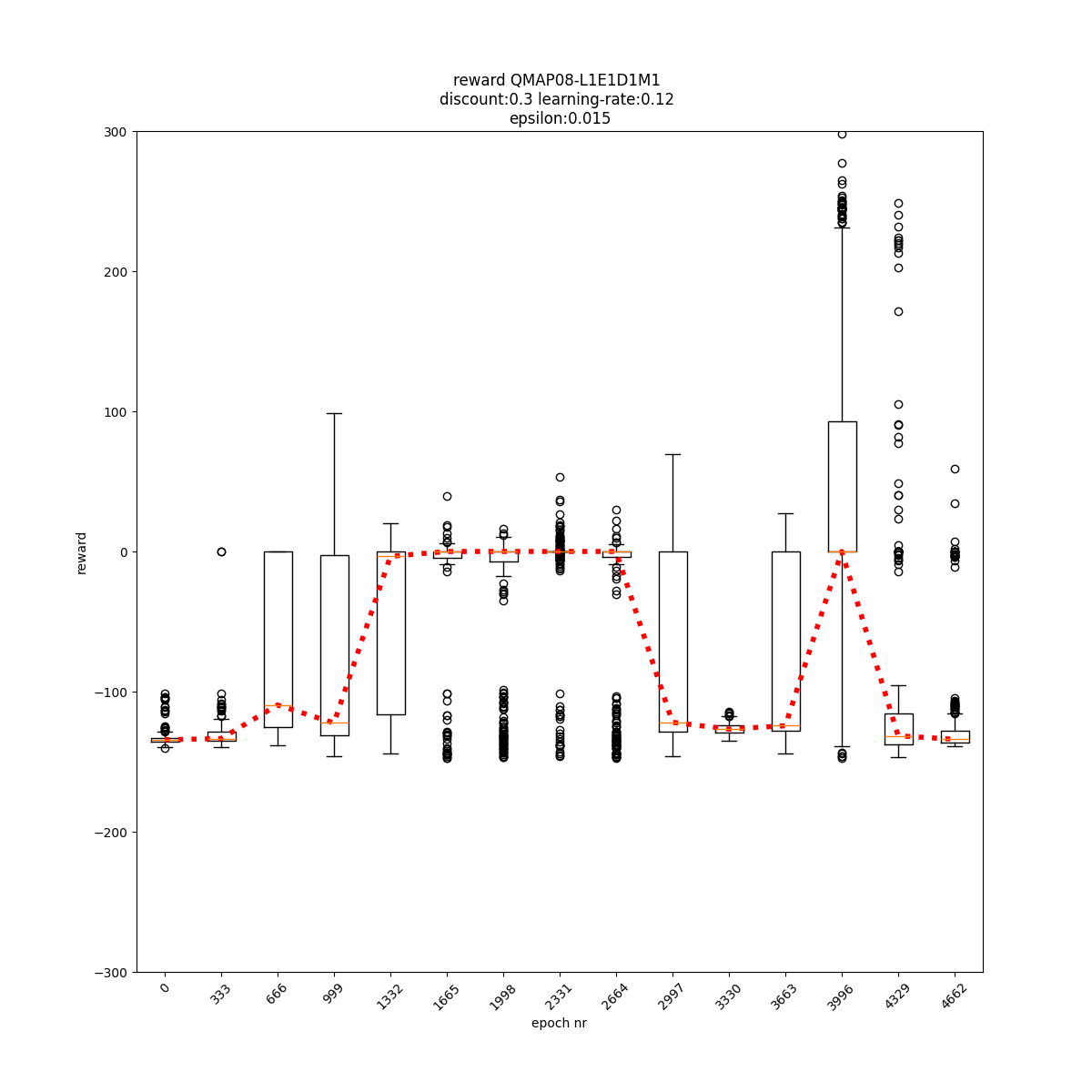
q-values
video 0 video 1 video 2 video 3
video 4 video 5 video 6 video 7
video 8 video 9 video 10 video 11

q-values
video 0 video 1 video 2 video 3
video 4 video 5 video 6 video 7
video 8 video 9 video 10 video 11
L1 E1 D1 M2
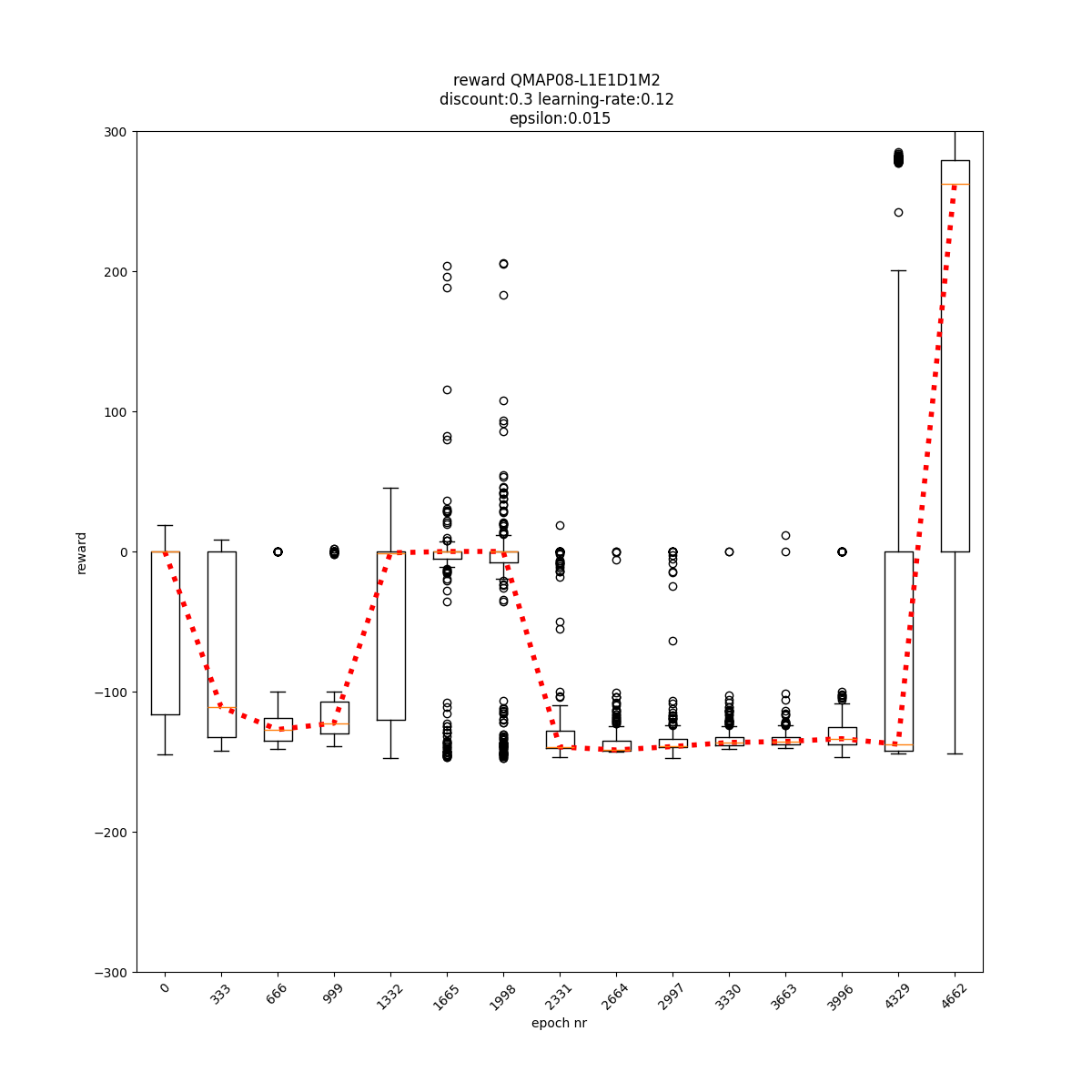
q-values
video 0 video 1 video 2 video 3
video 4 video 5 video 6 video 7
video 8 video 9 video 10 video 11

q-values
video 0 video 1 video 2 video 3
video 4 video 5 video 6 video 7
video 8 video 9 video 10 video 11
L1 E1 D2 M0
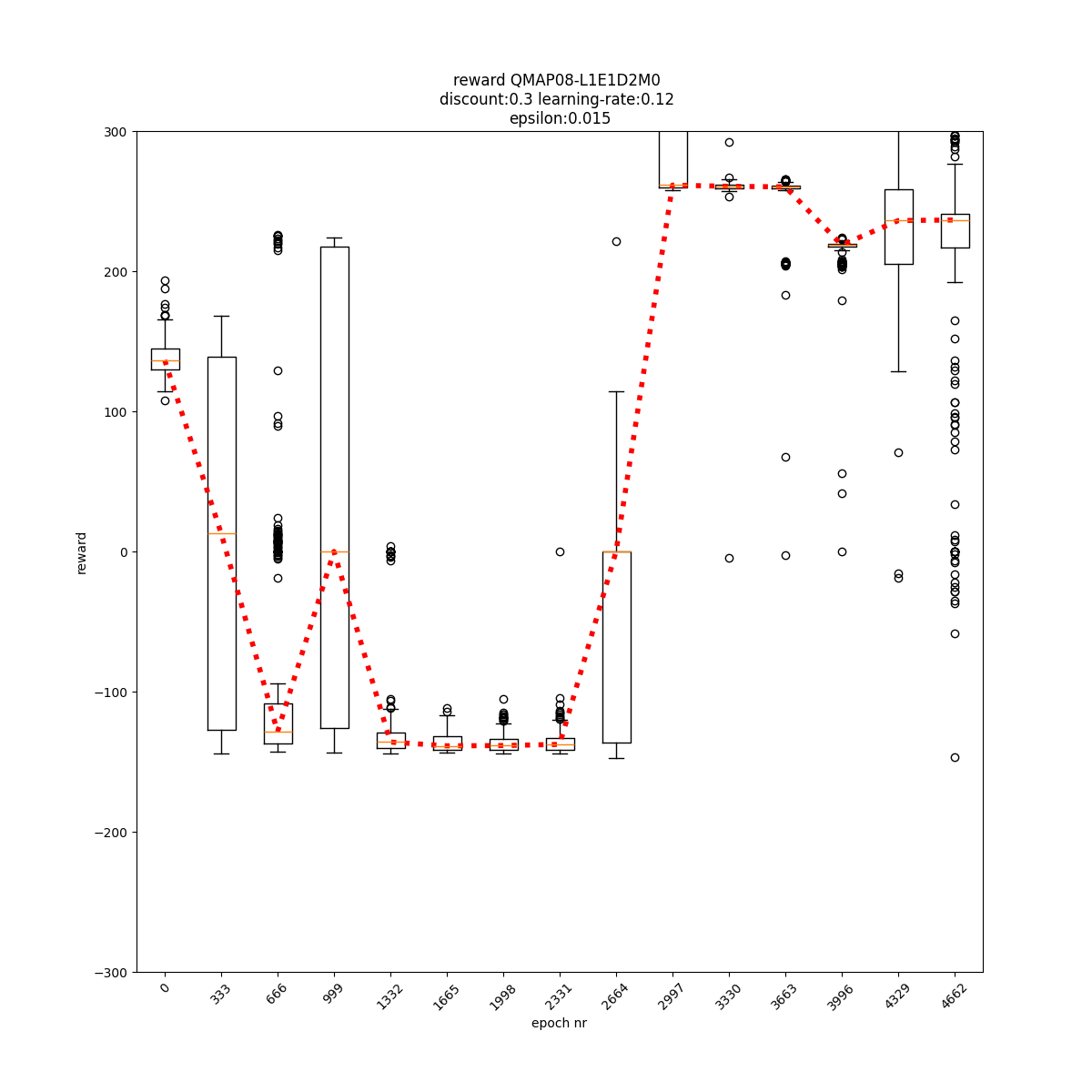
q-values
video 0 video 1 video 2 video 3
video 4 video 5 video 6 video 7
video 8 video 9 video 10 video 11

q-values
video 0 video 1 video 2 video 3
video 4 video 5 video 6 video 7
video 8 video 9 video 10 video 11
L1 E1 D2 M1
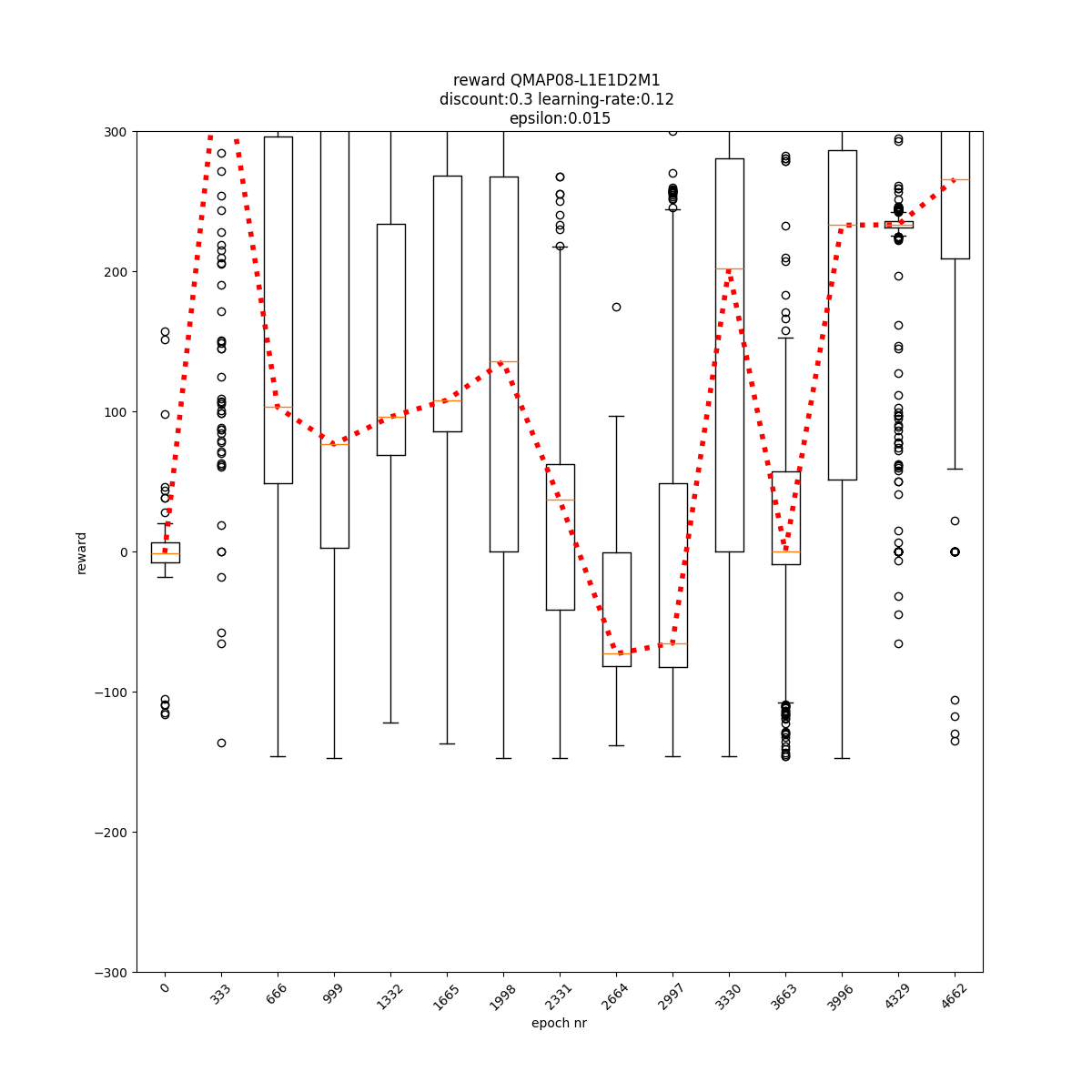
q-values
video 0 video 1 video 2 video 3
video 4 video 5 video 6 video 7
video 8 video 9 video 10 video 11

q-values
video 0 video 1 video 2 video 3
video 4 video 5 video 6 video 7
video 8 video 9 video 10 video 11
L1 E1 D2 M2
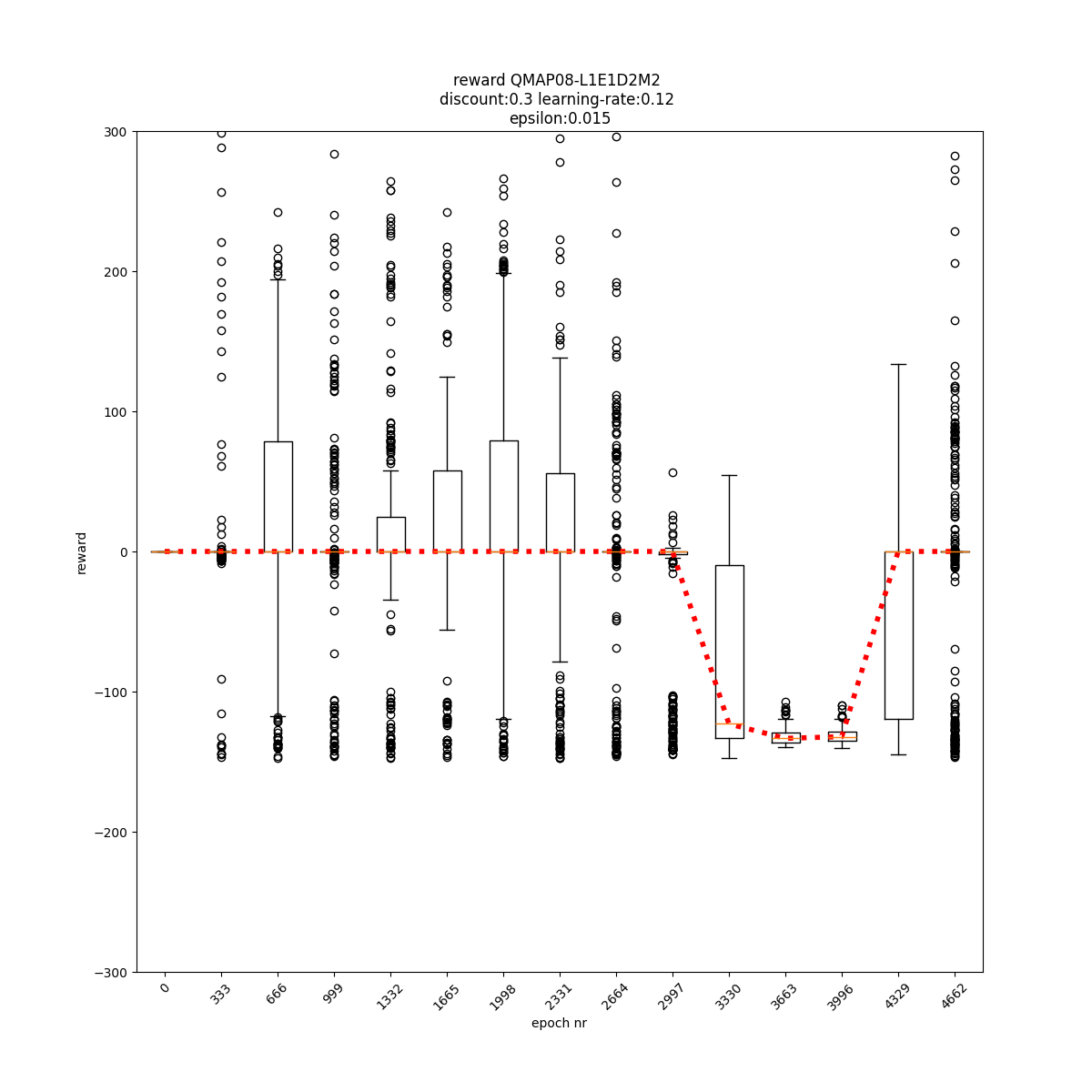
q-values
video 0 video 1 video 2 video 3
video 4 video 5 video 6 video 7
video 8 video 9 video 10 video 11

q-values
video 0 video 1 video 2 video 3
video 4 video 5 video 6 video 7
video 8 video 9 video 10 video 11
L1 E2 D0 M0
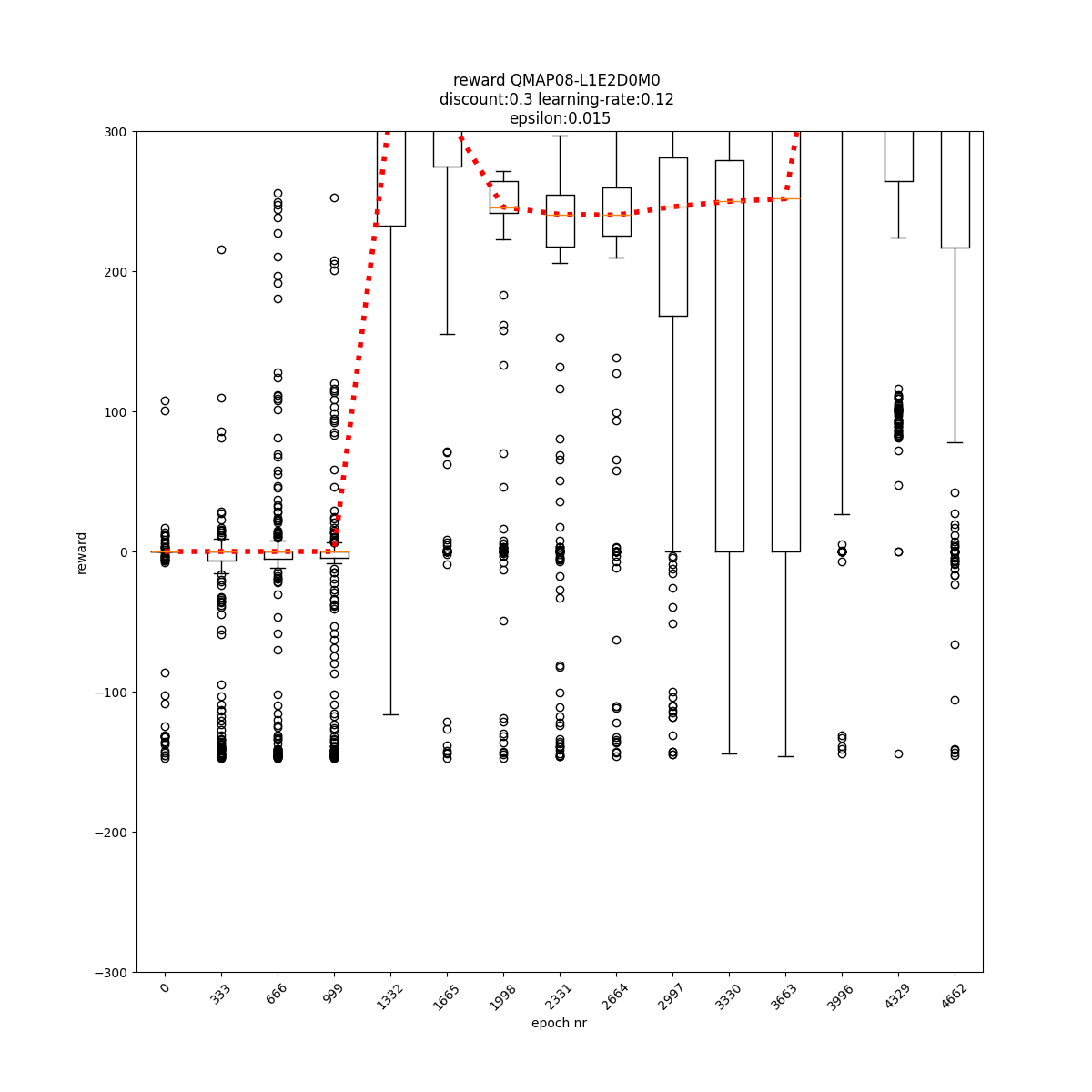
q-values
video 0 video 1 video 2 video 3
video 4 video 5 video 6 video 7
video 8 video 9 video 10 video 11

q-values
video 0 video 1 video 2 video 3
video 4 video 5 video 6 video 7
video 8 video 9 video 10 video 11
L1 E2 D0 M1
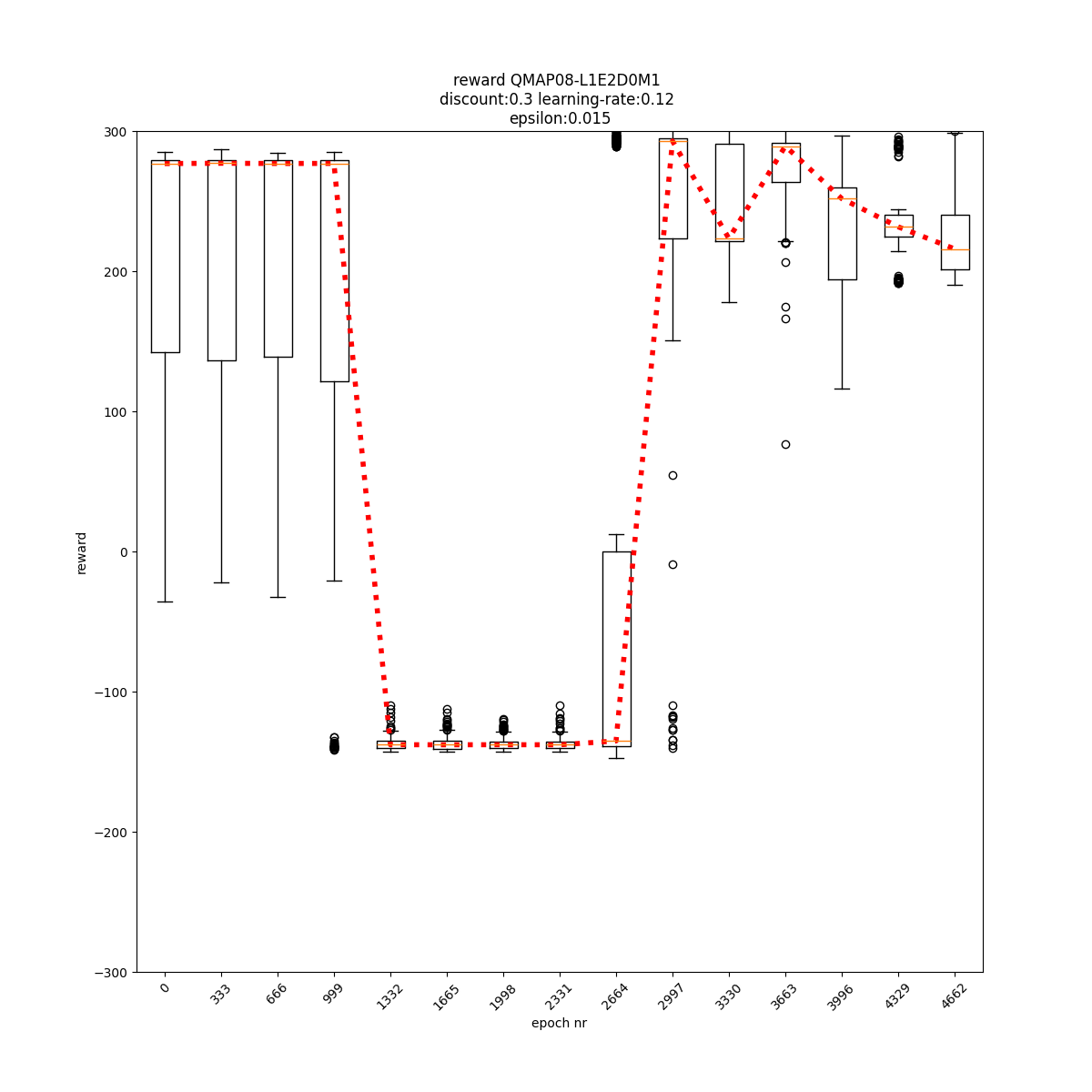
q-values
video 0 video 1 video 2 video 3
video 4 video 5 video 6 video 7
video 8 video 9 video 10 video 11

q-values
video 0 video 1 video 2 video 3
video 4 video 5 video 6 video 7
video 8 video 9 video 10 video 11
L1 E2 D0 M2
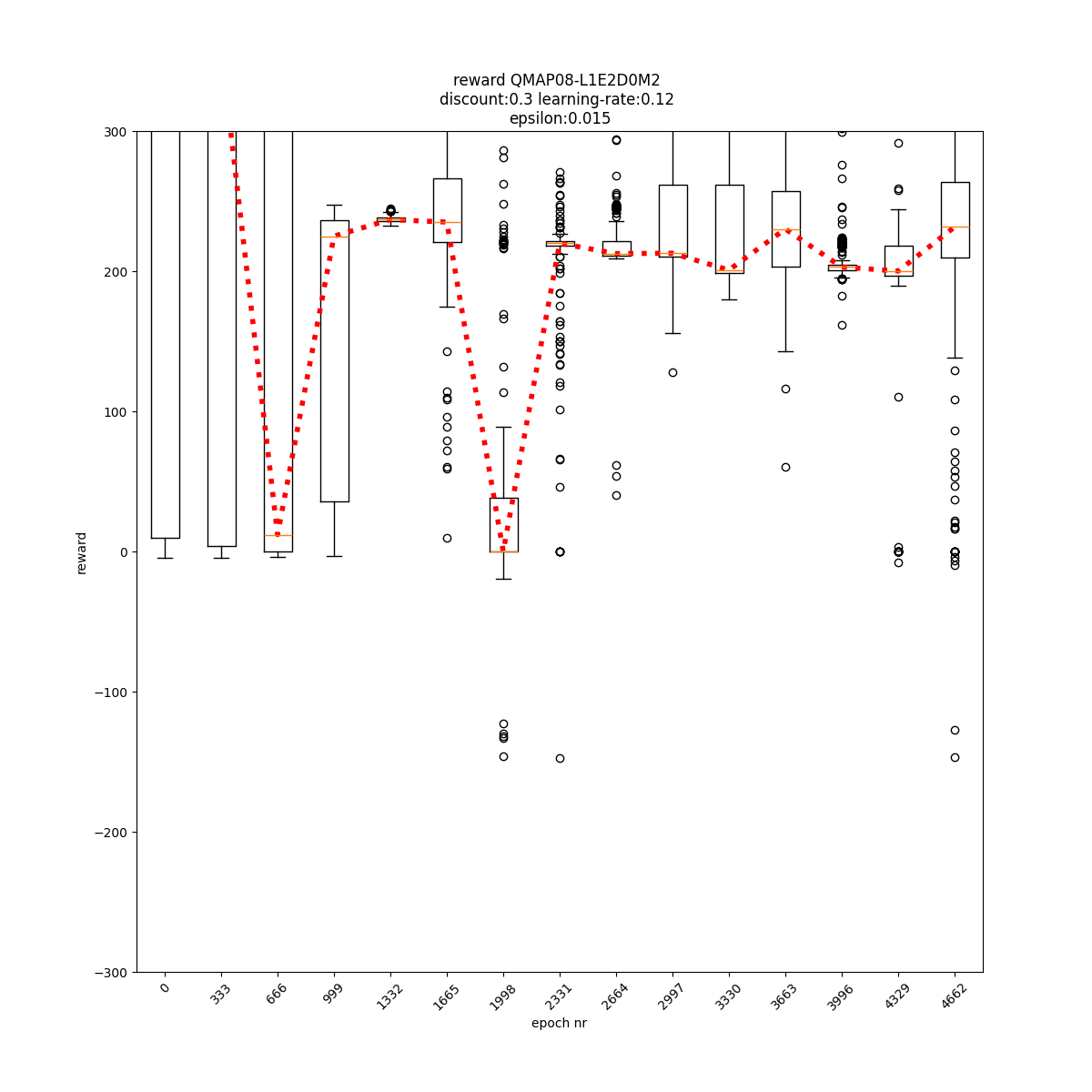
q-values
video 0 video 1 video 2 video 3
video 4 video 5 video 6 video 7
video 8 video 9 video 10 video 11

q-values
video 0 video 1 video 2 video 3
video 4 video 5 video 6 video 7
video 8 video 9 video 10 video 11
L1 E2 D1 M0
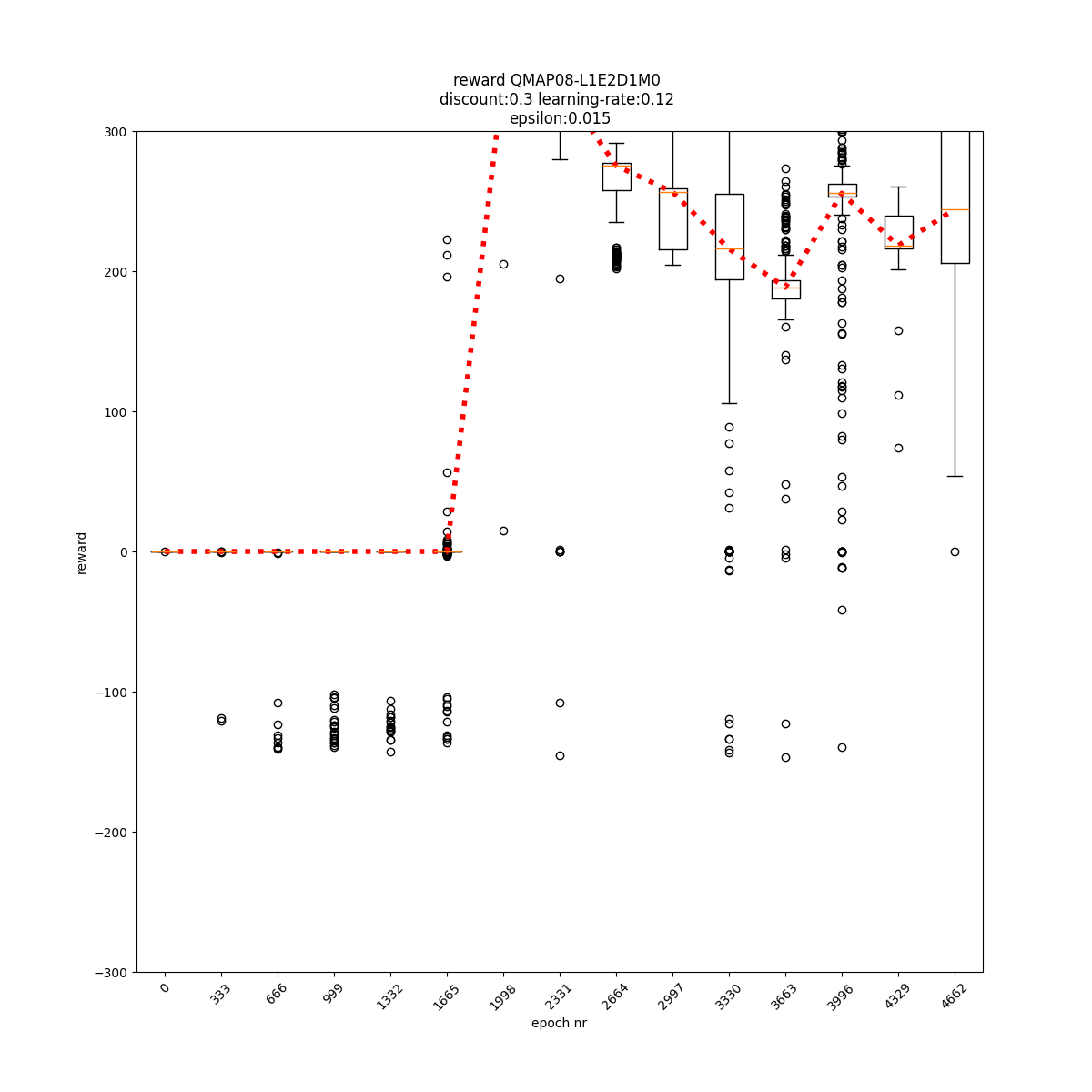
q-values
video 0 video 1 video 2 video 3
video 4 video 5 video 6 video 7
video 8 video 9 video 10 video 11

q-values
video 0 video 1 video 2 video 3
video 4 video 5 video 6 video 7
video 8 video 9 video 10 video 11
L1 E2 D1 M1
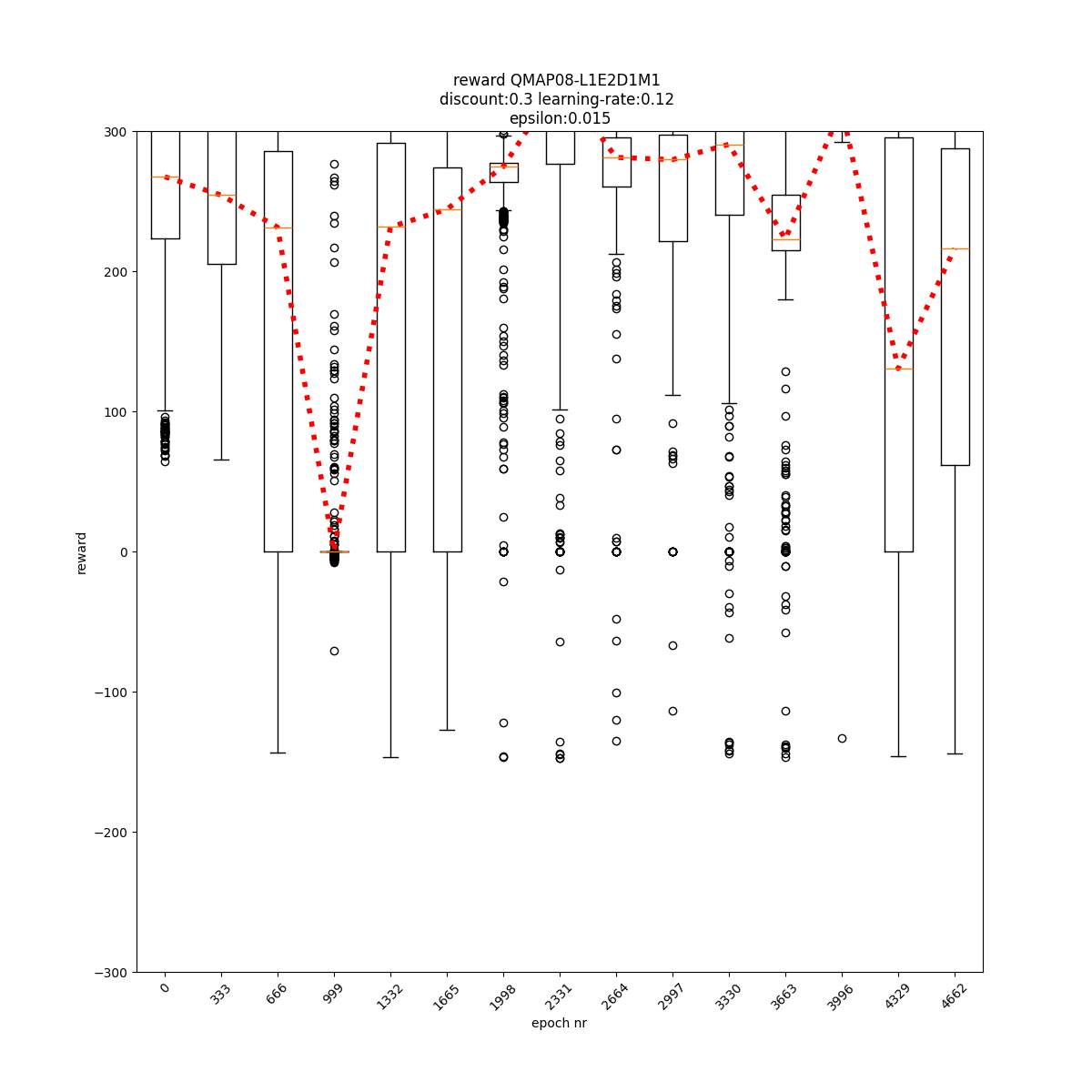
q-values
video 0 video 1 video 2 video 3
video 4 video 5 video 6 video 7
video 8 video 9 video 10 video 11

q-values
video 0 video 1 video 2 video 3
video 4 video 5 video 6 video 7
video 8 video 9 video 10 video 11
L1 E2 D1 M2
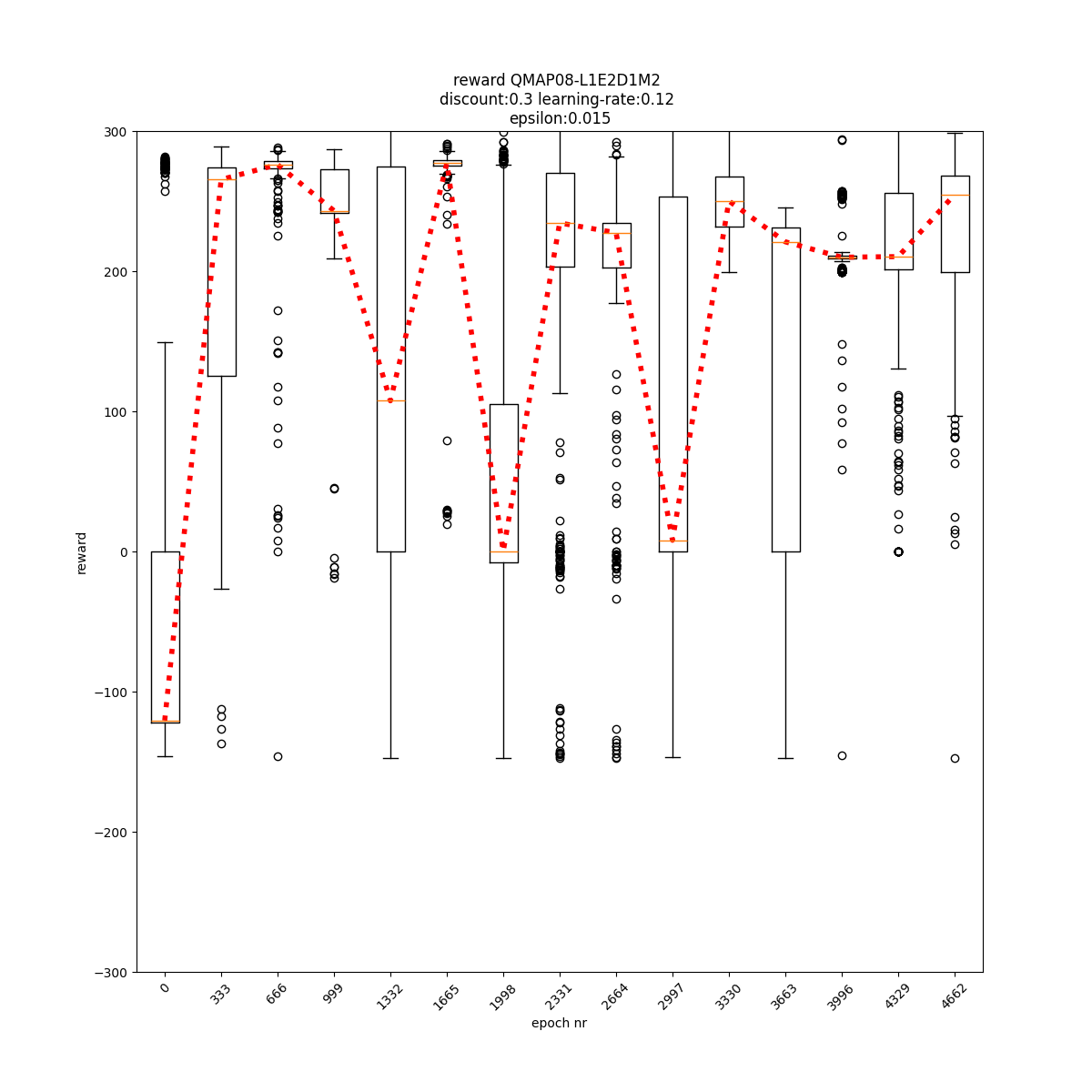
q-values
video 0 video 1 video 2 video 3
video 4 video 5 video 6 video 7
video 8 video 9 video 10 video 11

q-values
video 0 video 1 video 2 video 3
video 4 video 5 video 6 video 7
video 8 video 9 video 10 video 11
L1 E2 D2 M0
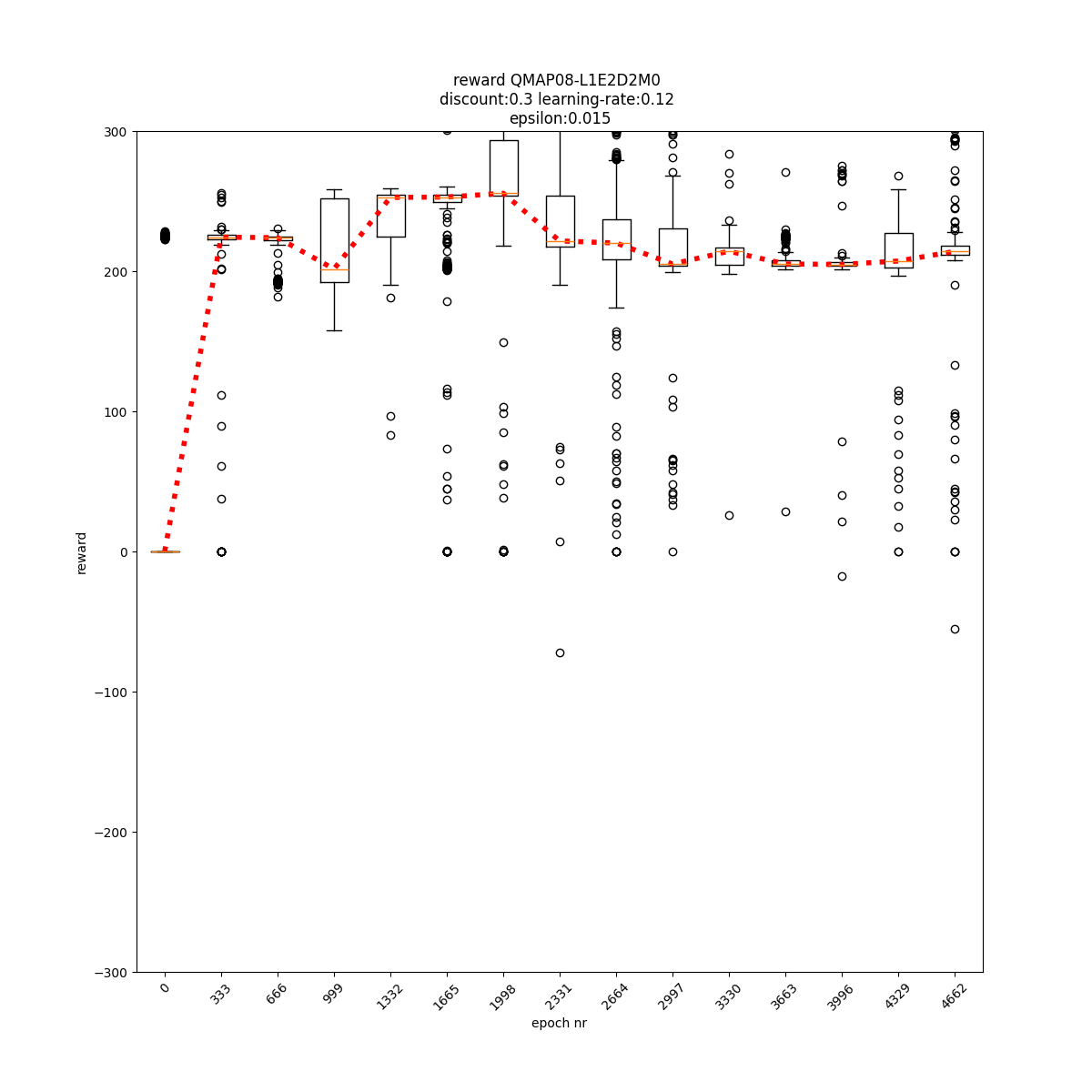
q-values
video 0 video 1 video 2 video 3
video 4 video 5 video 6 video 7
video 8 video 9 video 10 video 11

q-values
video 0 video 1 video 2 video 3
video 4 video 5 video 6 video 7
video 8 video 9 video 10 video 11
L1 E2 D2 M1
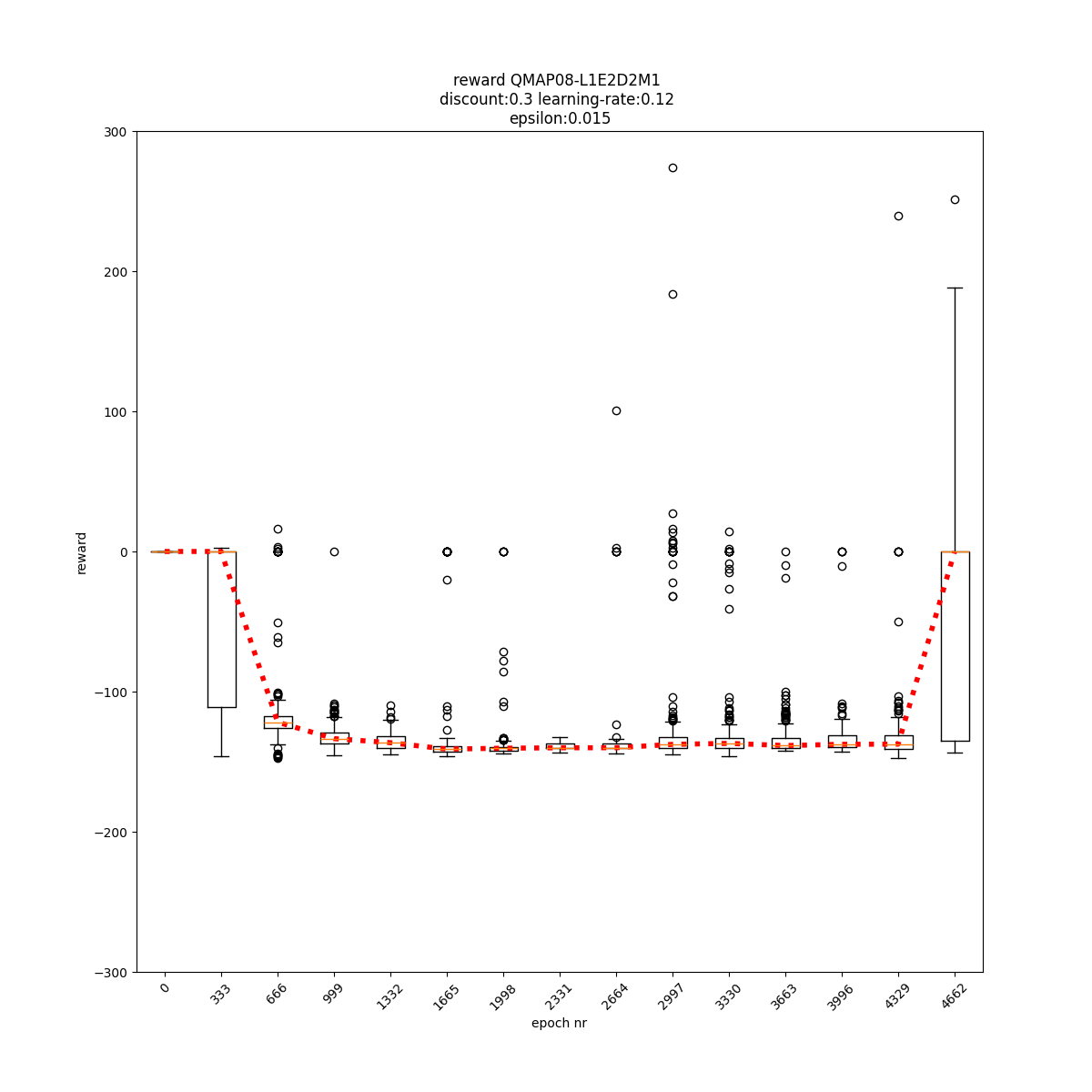
q-values
video 0 video 1 video 2 video 3
video 4 video 5 video 6 video 7
video 8 video 9 video 10 video 11

q-values
video 0 video 1 video 2 video 3
video 4 video 5 video 6 video 7
video 8 video 9 video 10 video 11
L1 E2 D2 M2
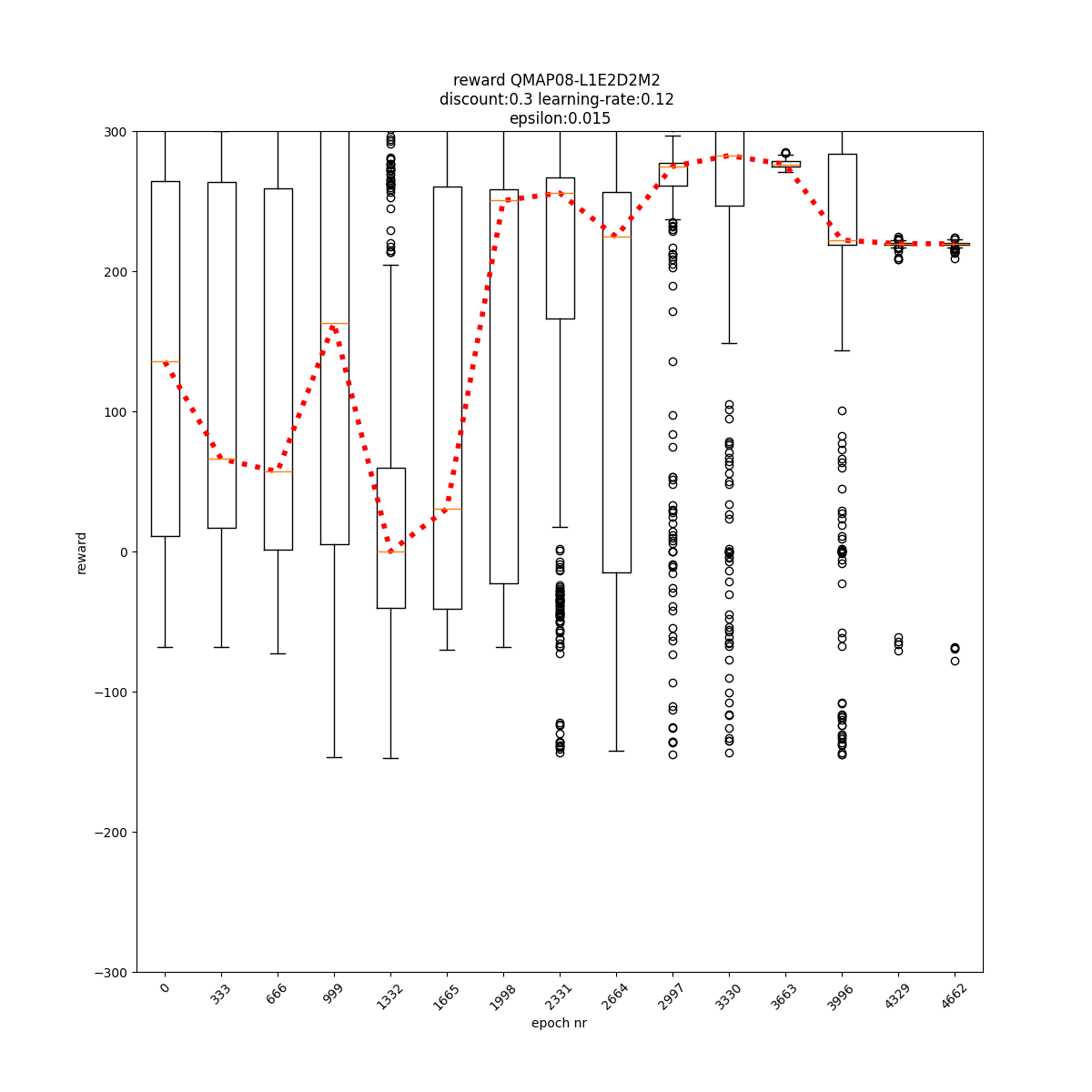
q-values
video 0 video 1 video 2 video 3
video 4 video 5 video 6 video 7
video 8 video 9 video 10 video 11

q-values
video 0 video 1 video 2 video 3
video 4 video 5 video 6 video 7
video 8 video 9 video 10 video 11
L2 E0 D0 M0
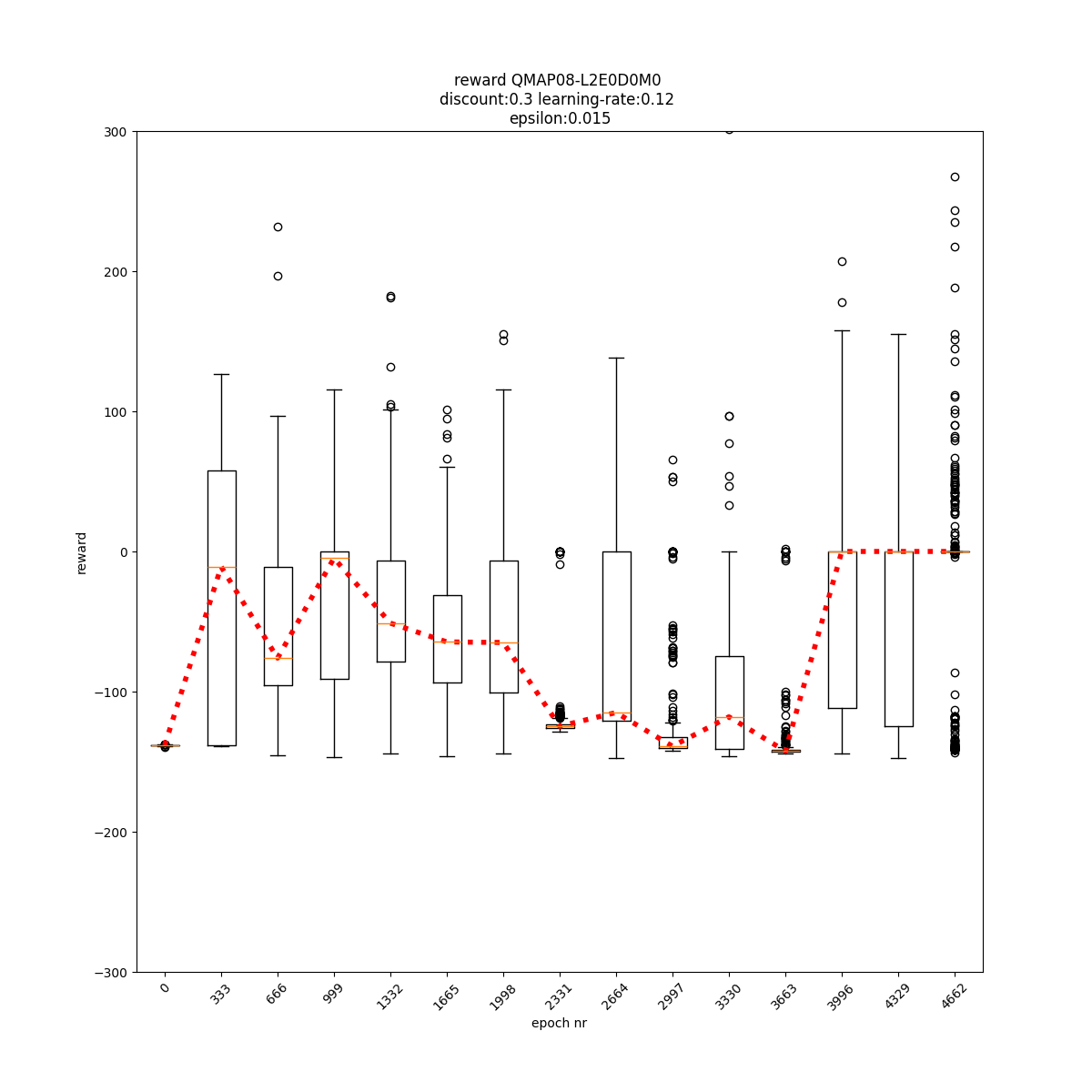
q-values
video 0 video 1 video 2 video 3
video 4 video 5 video 6 video 7
video 8 video 9 video 10 video 11

q-values
video 0 video 1 video 2 video 3
video 4 video 5 video 6 video 7
video 8 video 9 video 10 video 11
L2 E0 D0 M1
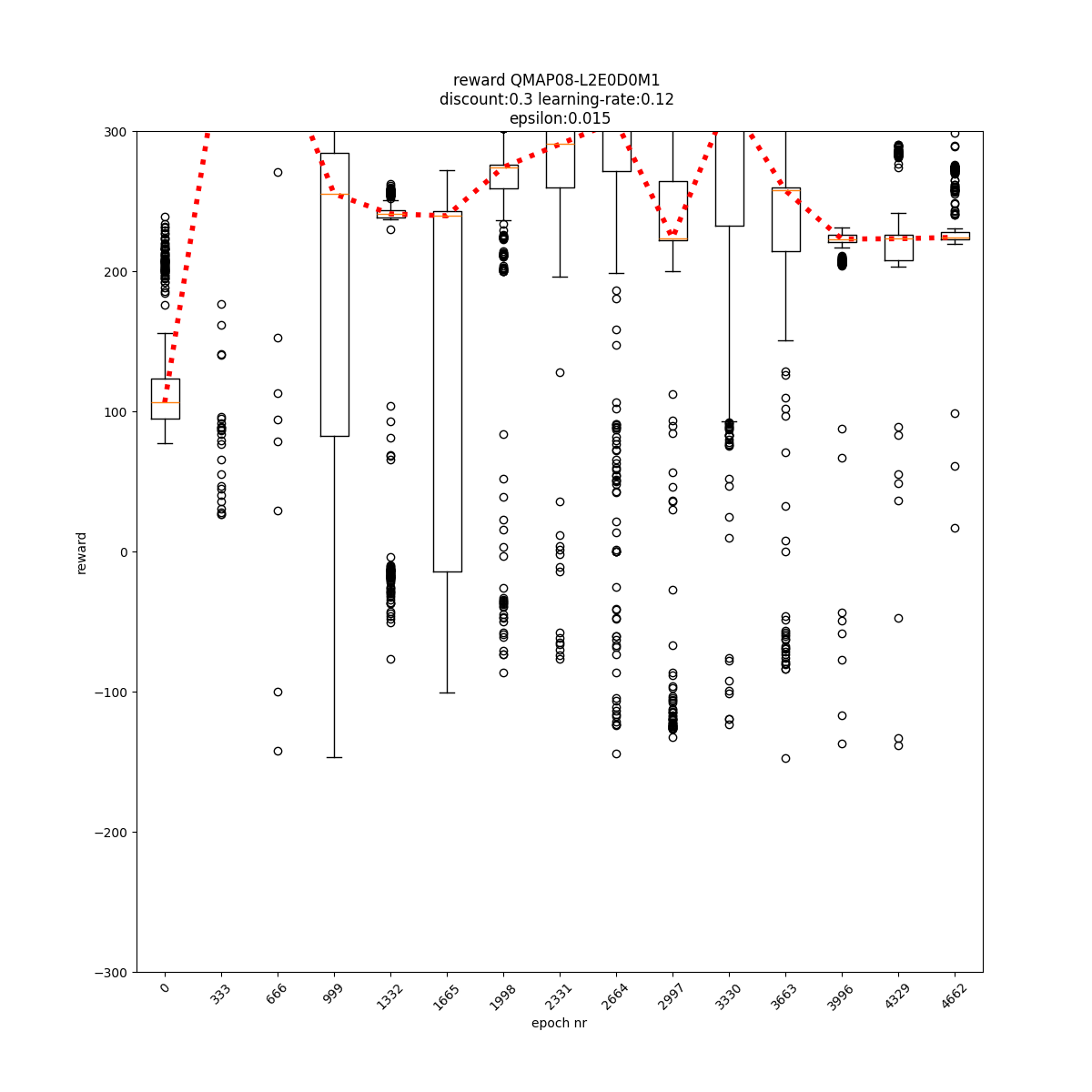
q-values
video 0 video 1 video 2 video 3
video 4 video 5 video 6 video 7
video 8 video 9 video 10 video 11

q-values
video 0 video 1 video 2 video 3
video 4 video 5 video 6 video 7
video 8 video 9 video 10 video 11
L2 E0 D0 M2
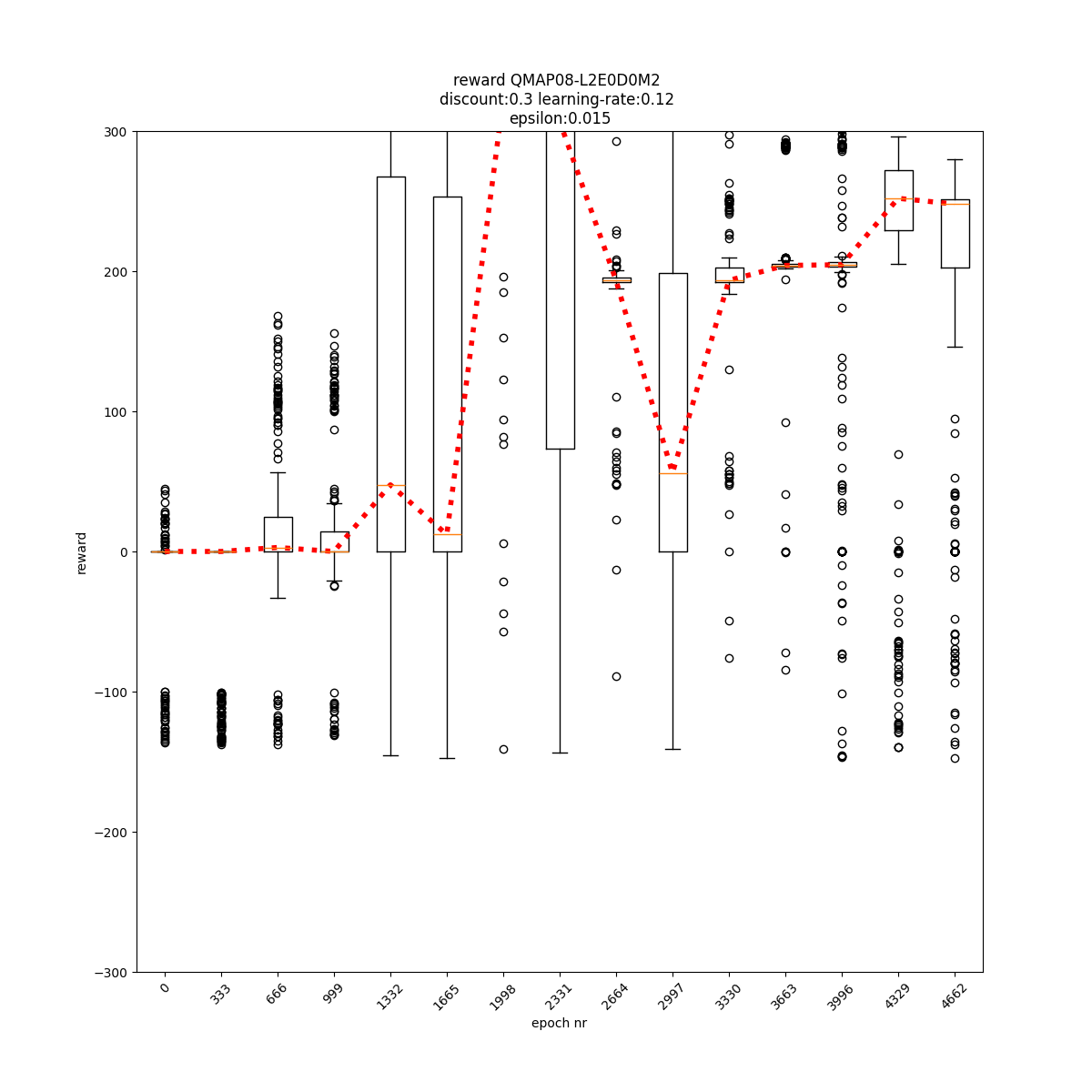
q-values
video 0 video 1 video 2 video 3
video 4 video 5 video 6 video 7
video 8 video 9 video 10 video 11

q-values
video 0 video 1 video 2 video 3
video 4 video 5 video 6 video 7
video 8 video 9 video 10 video 11
L2 E0 D1 M0
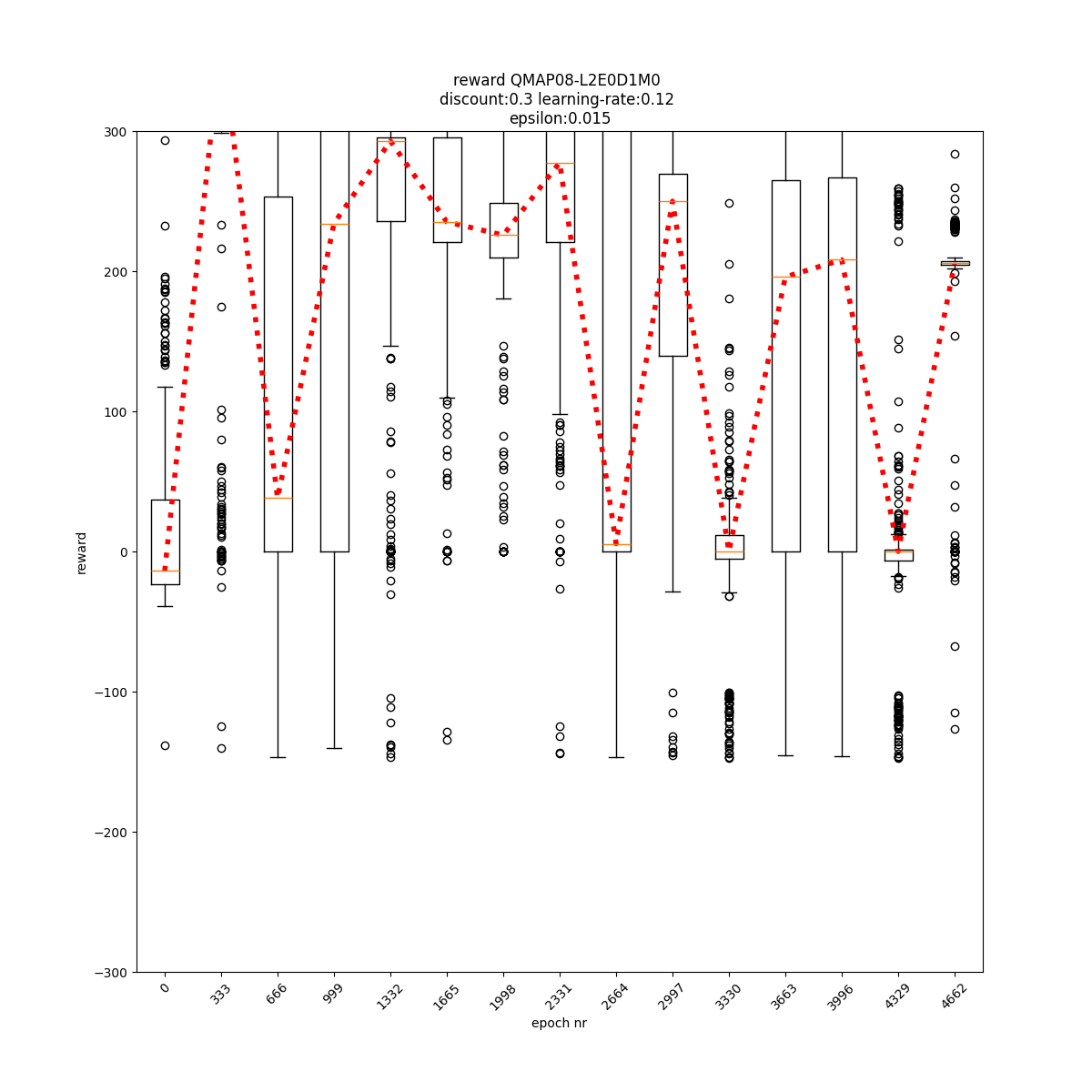
q-values
video 0 video 1 video 2 video 3
video 4 video 5 video 6 video 7
video 8 video 9 video 10 video 11

q-values
video 0 video 1 video 2 video 3
video 4 video 5 video 6 video 7
video 8 video 9 video 10 video 11
L2 E0 D1 M1
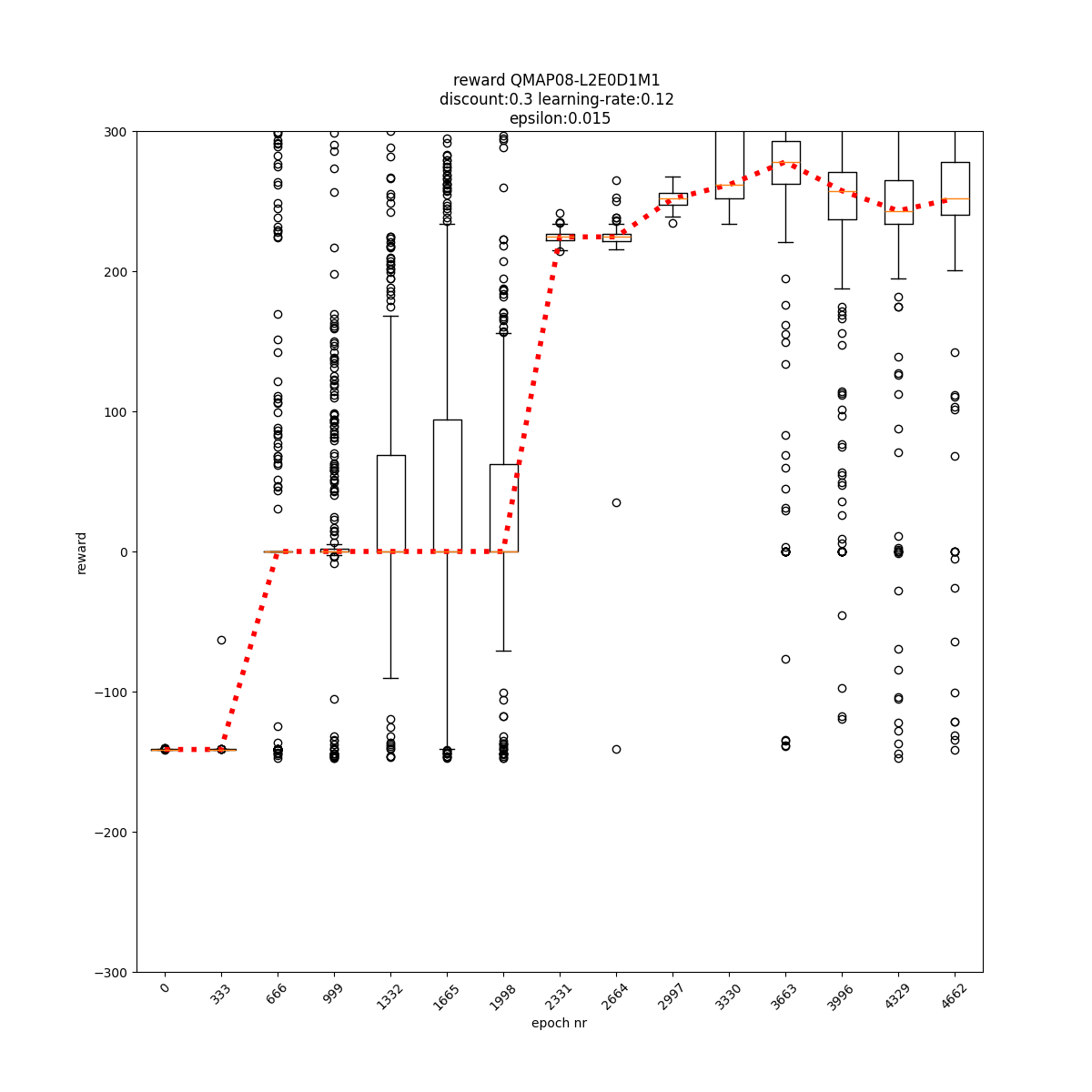
q-values
video 0 video 1 video 2 video 3
video 4 video 5 video 6 video 7
video 8 video 9 video 10 video 11

q-values
video 0 video 1 video 2 video 3
video 4 video 5 video 6 video 7
video 8 video 9 video 10 video 11
L2 E0 D1 M2
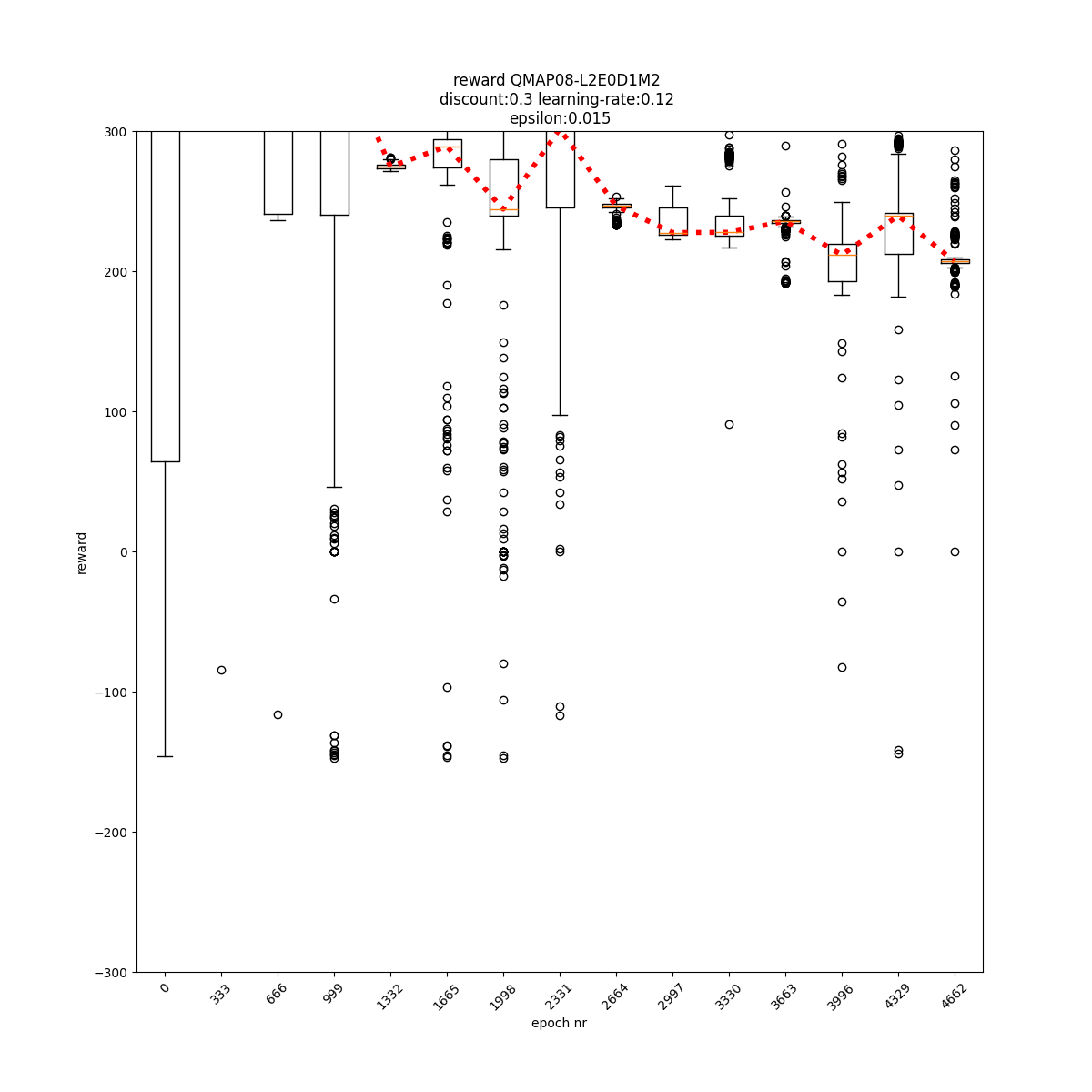
q-values
video 0 video 1 video 2 video 3
video 4 video 5 video 6 video 7
video 8 video 9 video 10 video 11

q-values
video 0 video 1 video 2 video 3
video 4 video 5 video 6 video 7
video 8 video 9 video 10 video 11
L2 E0 D2 M0
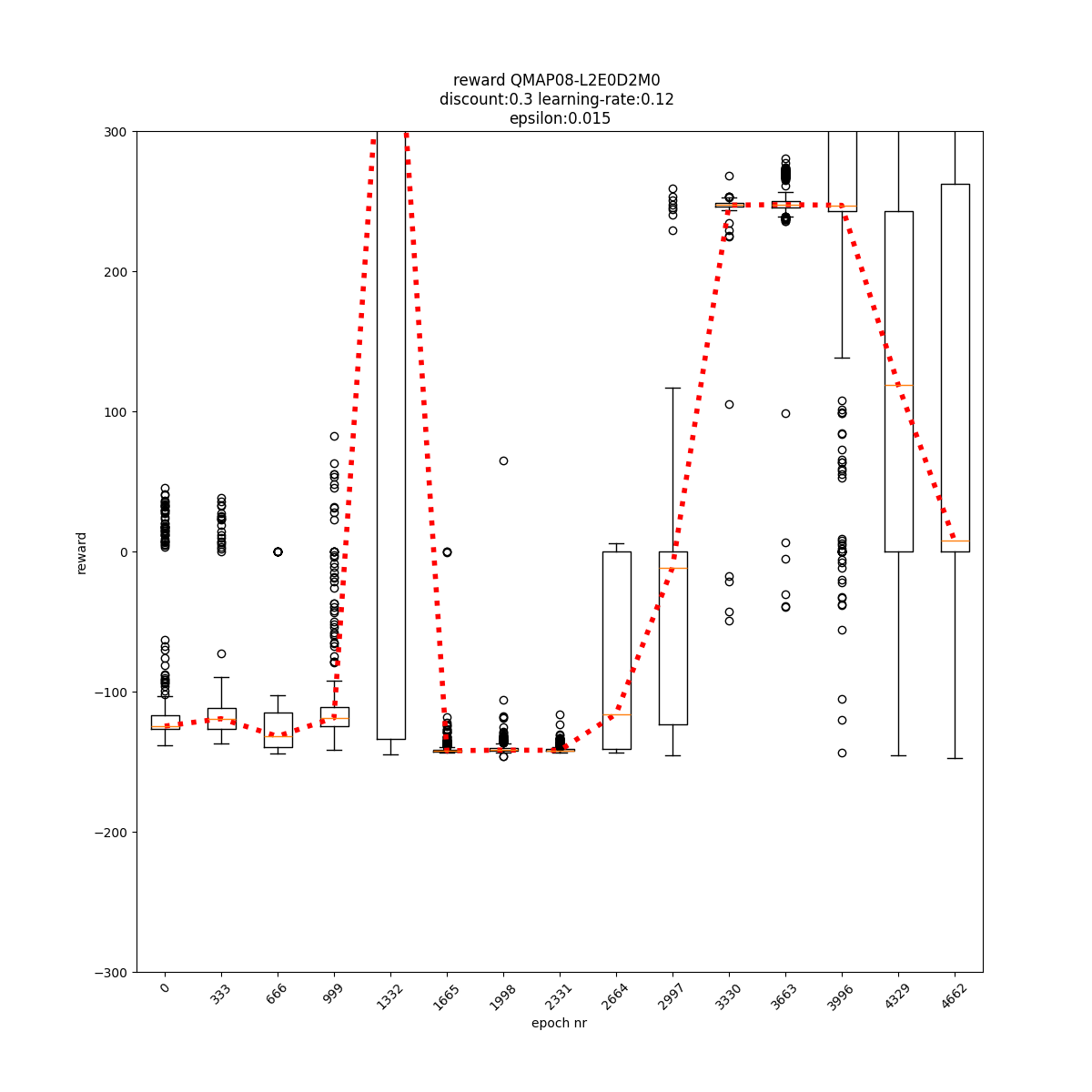
q-values
video 0 video 1 video 2 video 3
video 4 video 5 video 6 video 7
video 8 video 9 video 10 video 11

q-values
video 0 video 1 video 2 video 3
video 4 video 5 video 6 video 7
video 8 video 9 video 10 video 11
L2 E0 D2 M1
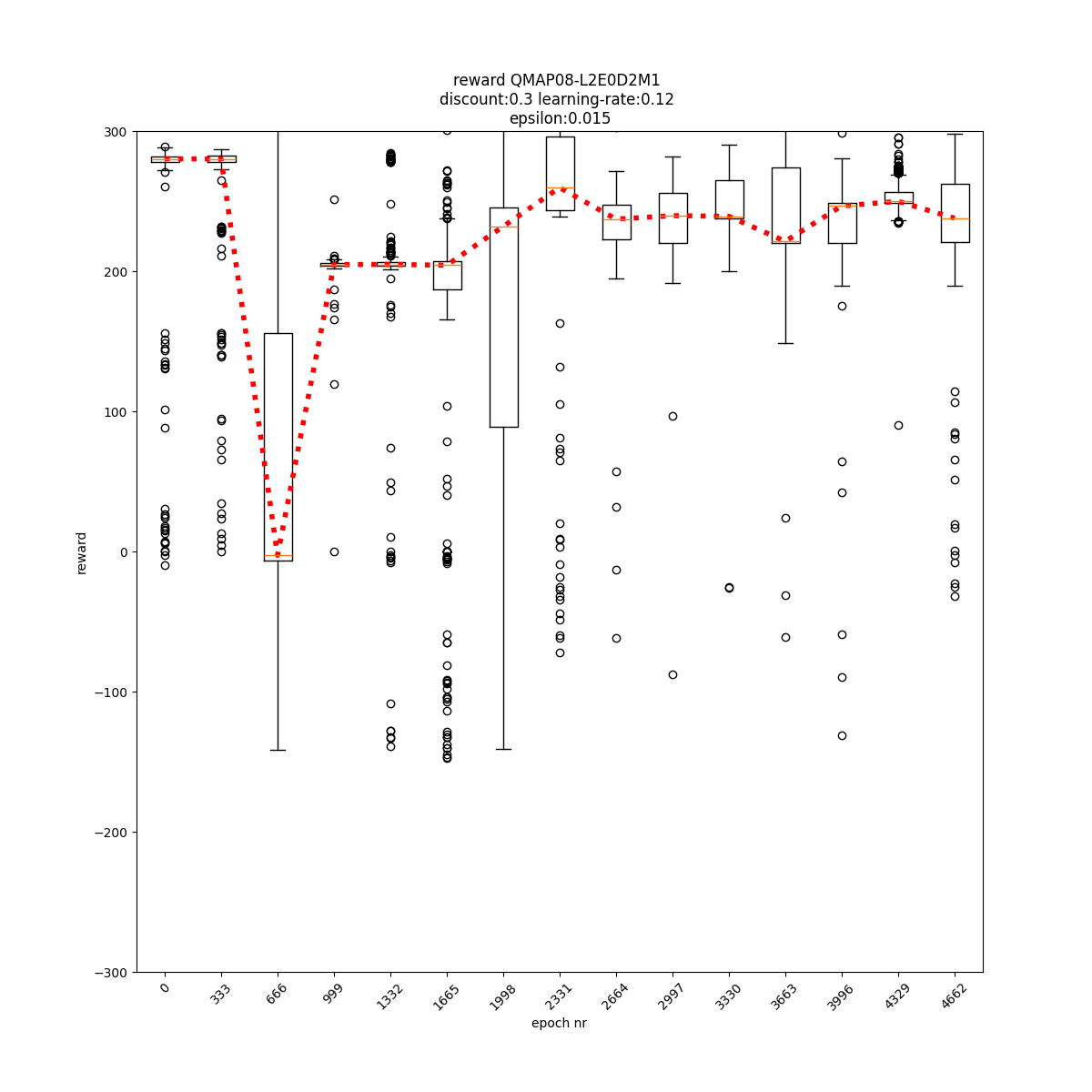
q-values
video 0 video 1 video 2 video 3
video 4 video 5 video 6 video 7
video 8 video 9 video 10 video 11

q-values
video 0 video 1 video 2 video 3
video 4 video 5 video 6 video 7
video 8 video 9 video 10 video 11
L2 E0 D2 M2
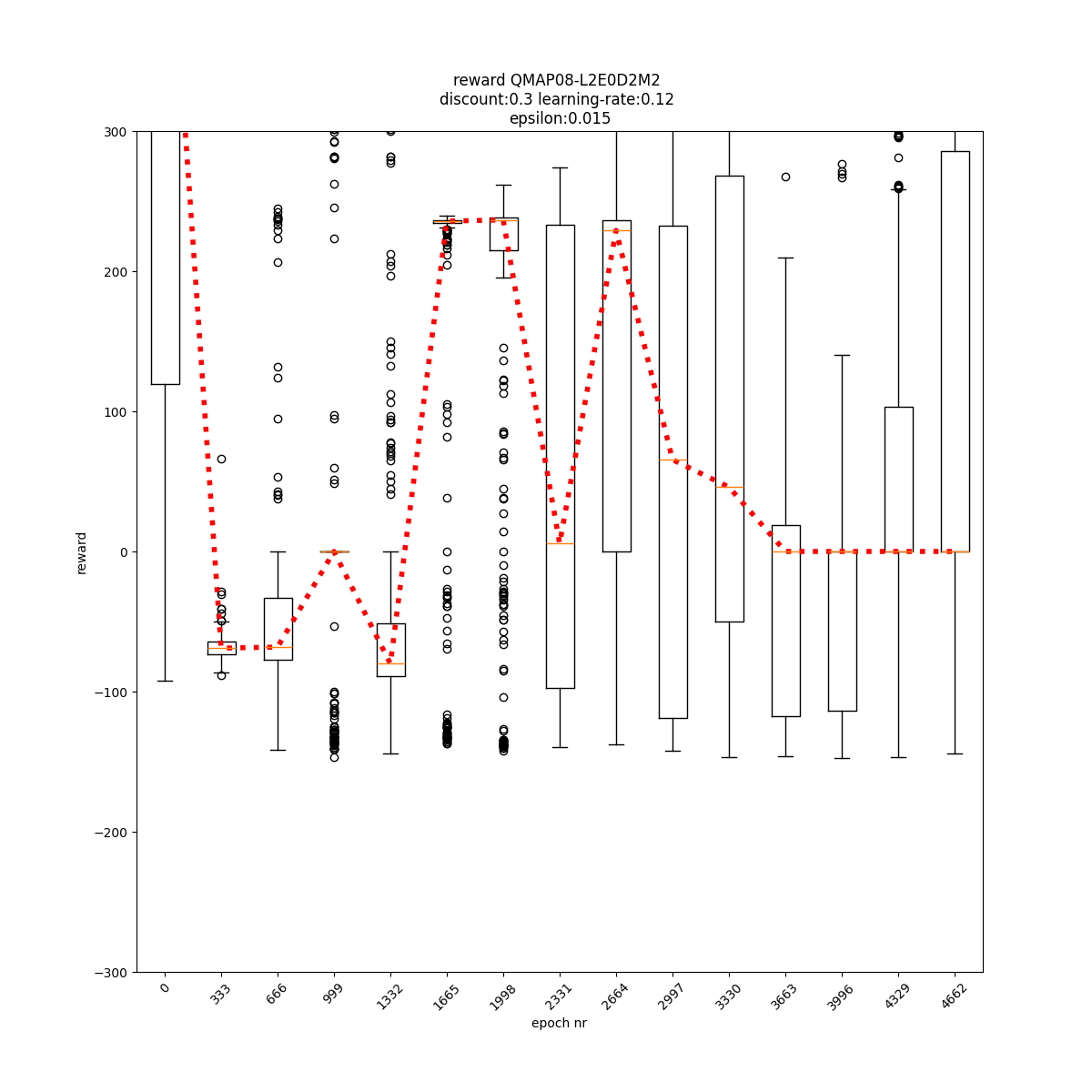
q-values
video 0 video 1 video 2 video 3
video 4 video 5 video 6 video 7
video 8 video 9 video 10 video 11

q-values
video 0 video 1 video 2 video 3
video 4 video 5 video 6 video 7
video 8 video 9 video 10 video 11
L2 E1 D0 M0
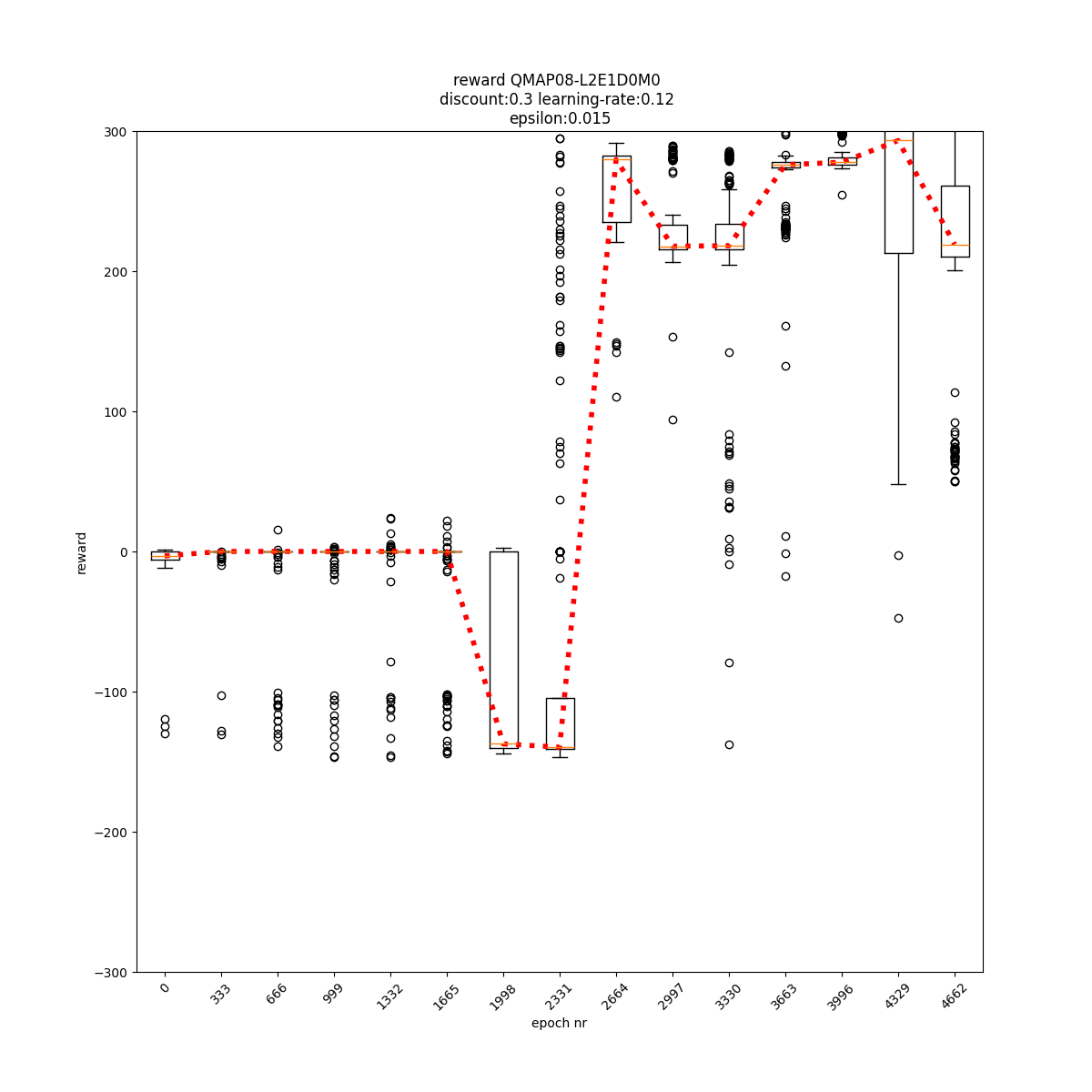
q-values
video 0 video 1 video 2 video 3
video 4 video 5 video 6 video 7
video 8 video 9 video 10 video 11

q-values
video 0 video 1 video 2 video 3
video 4 video 5 video 6 video 7
video 8 video 9 video 10 video 11
L2 E1 D0 M1
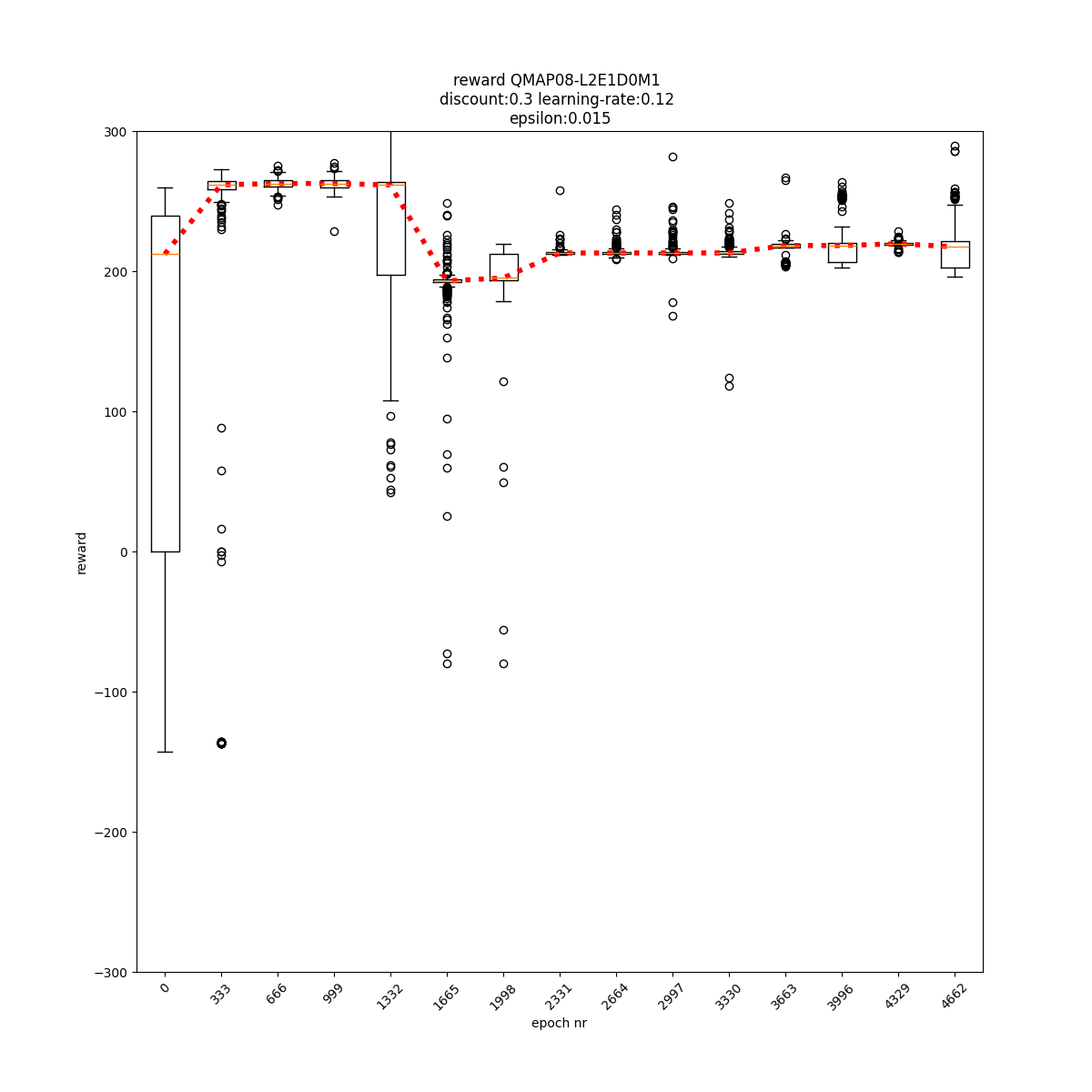
q-values
video 0 video 1 video 2 video 3
video 4 video 5 video 6 video 7
video 8 video 9 video 10 video 11

q-values
video 0 video 1 video 2 video 3
video 4 video 5 video 6 video 7
video 8 video 9 video 10 video 11
L2 E1 D0 M2
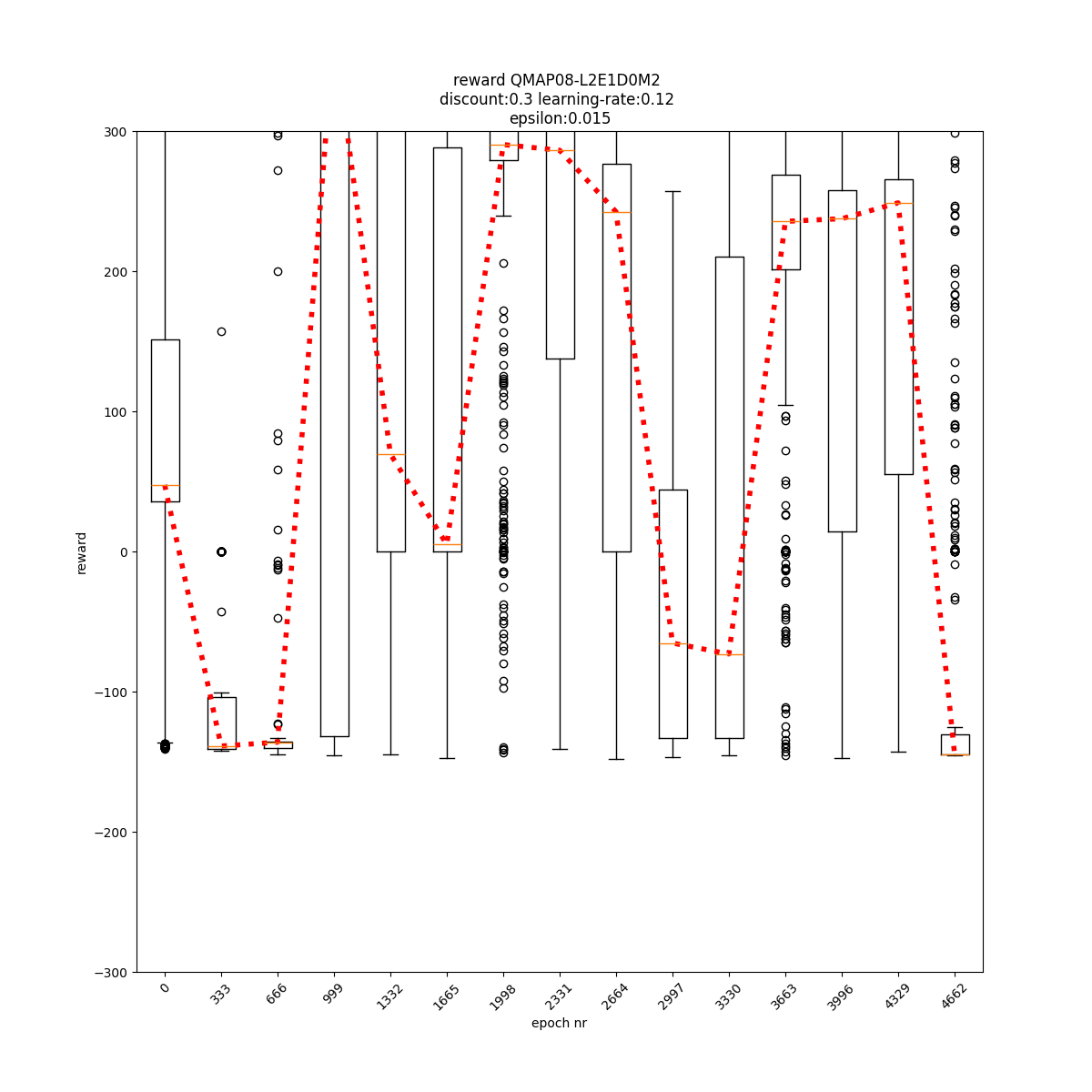
q-values
video 0 video 1 video 2 video 3
video 4 video 5 video 6 video 7
video 8 video 9 video 10 video 11

q-values
video 0 video 1 video 2 video 3
video 4 video 5 video 6 video 7
video 8 video 9 video 10 video 11
L2 E1 D1 M0
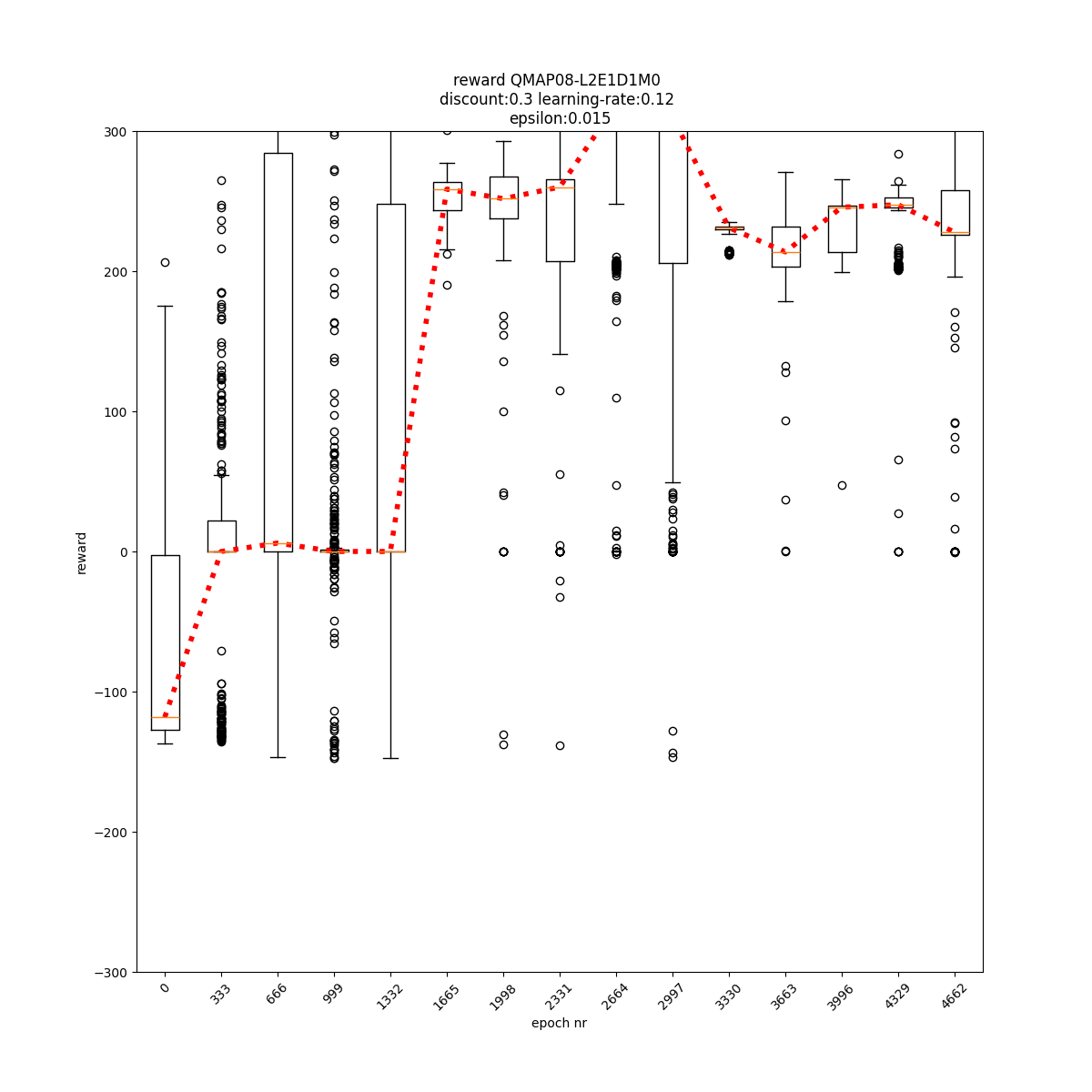
q-values
video 0 video 1 video 2 video 3
video 4 video 5 video 6 video 7
video 8 video 9 video 10 video 11

q-values
video 0 video 1 video 2 video 3
video 4 video 5 video 6 video 7
video 8 video 9 video 10 video 11
L2 E1 D1 M1
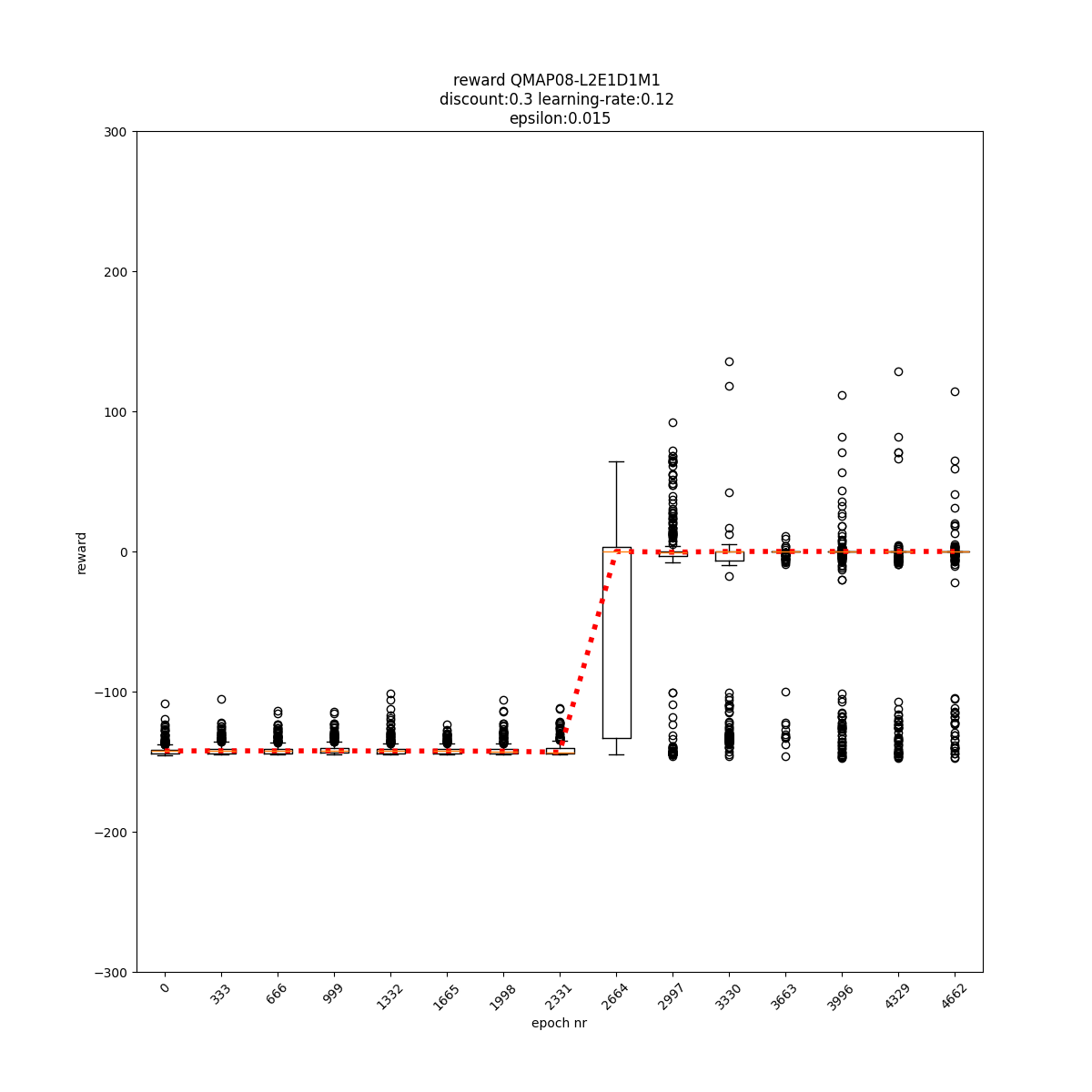
q-values
video 0 video 1 video 2 video 3
video 4 video 5 video 6 video 7
video 8 video 9 video 10 video 11

q-values
video 0 video 1 video 2 video 3
video 4 video 5 video 6 video 7
video 8 video 9 video 10 video 11
L2 E1 D1 M2
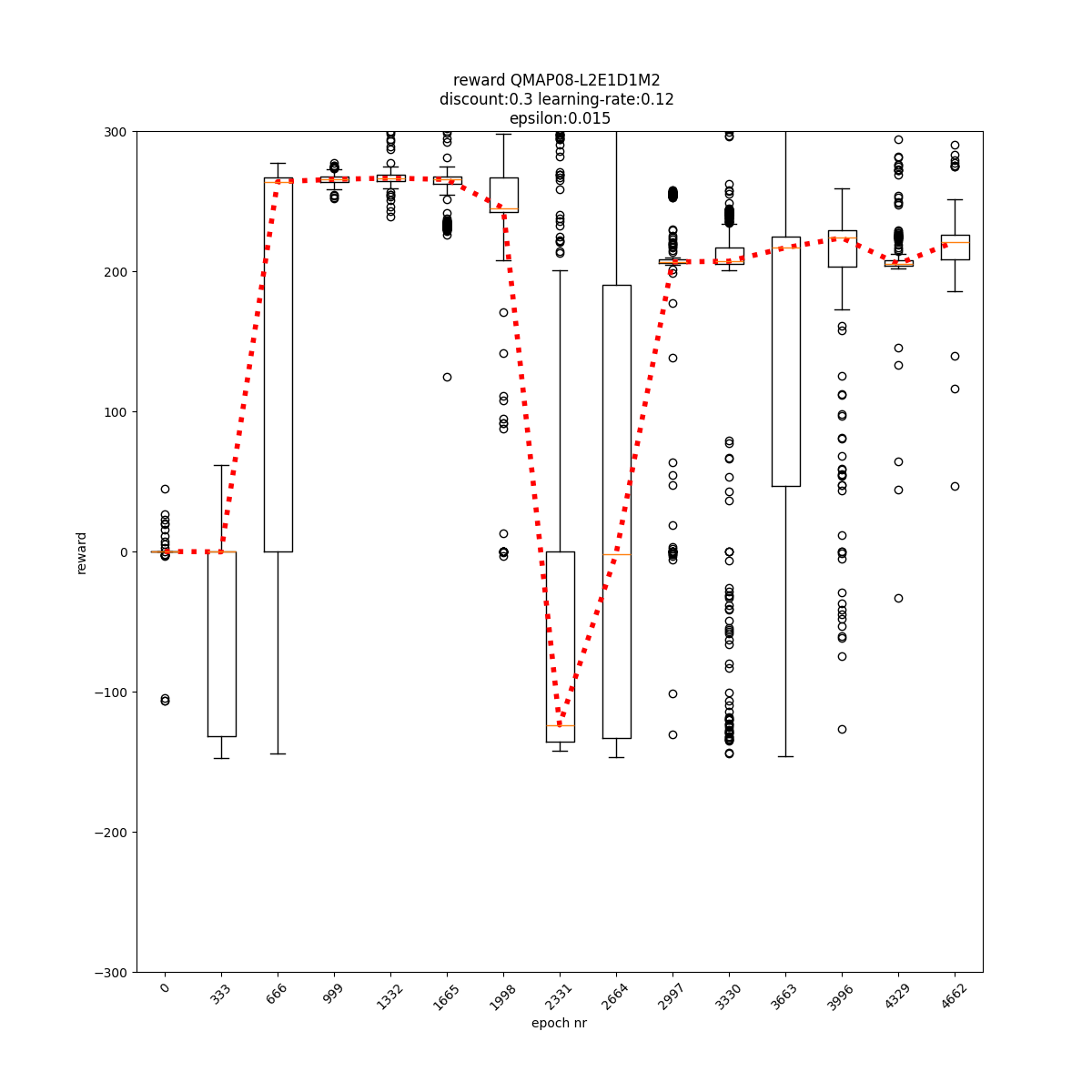
q-values
video 0 video 1 video 2 video 3
video 4 video 5 video 6 video 7
video 8 video 9 video 10 video 11

q-values
video 0 video 1 video 2 video 3
video 4 video 5 video 6 video 7
video 8 video 9 video 10 video 11
L2 E1 D2 M0
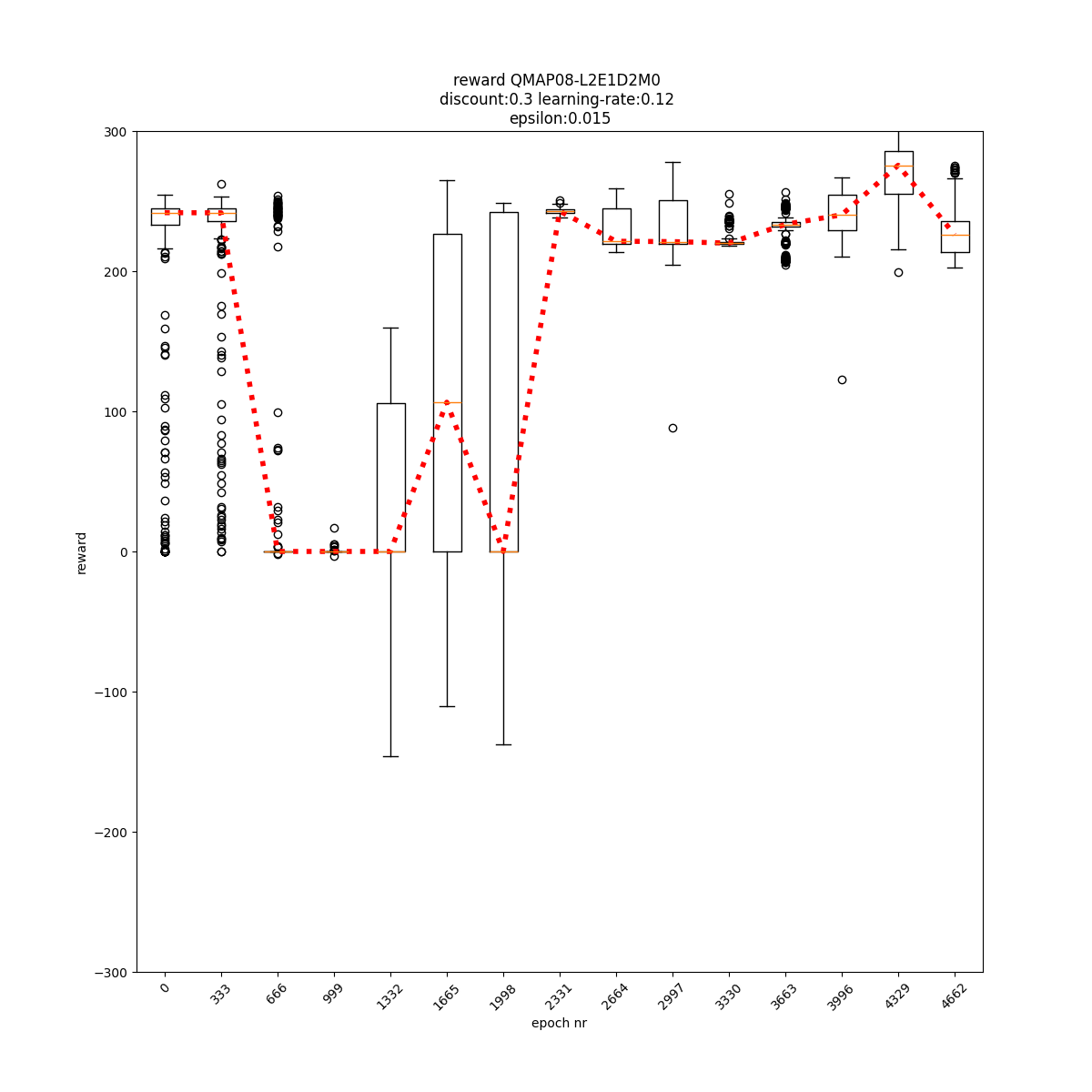
q-values
video 0 video 1 video 2 video 3
video 4 video 5 video 6 video 7
video 8 video 9 video 10 video 11

q-values
video 0 video 1 video 2 video 3
video 4 video 5 video 6 video 7
video 8 video 9 video 10 video 11
L2 E1 D2 M1
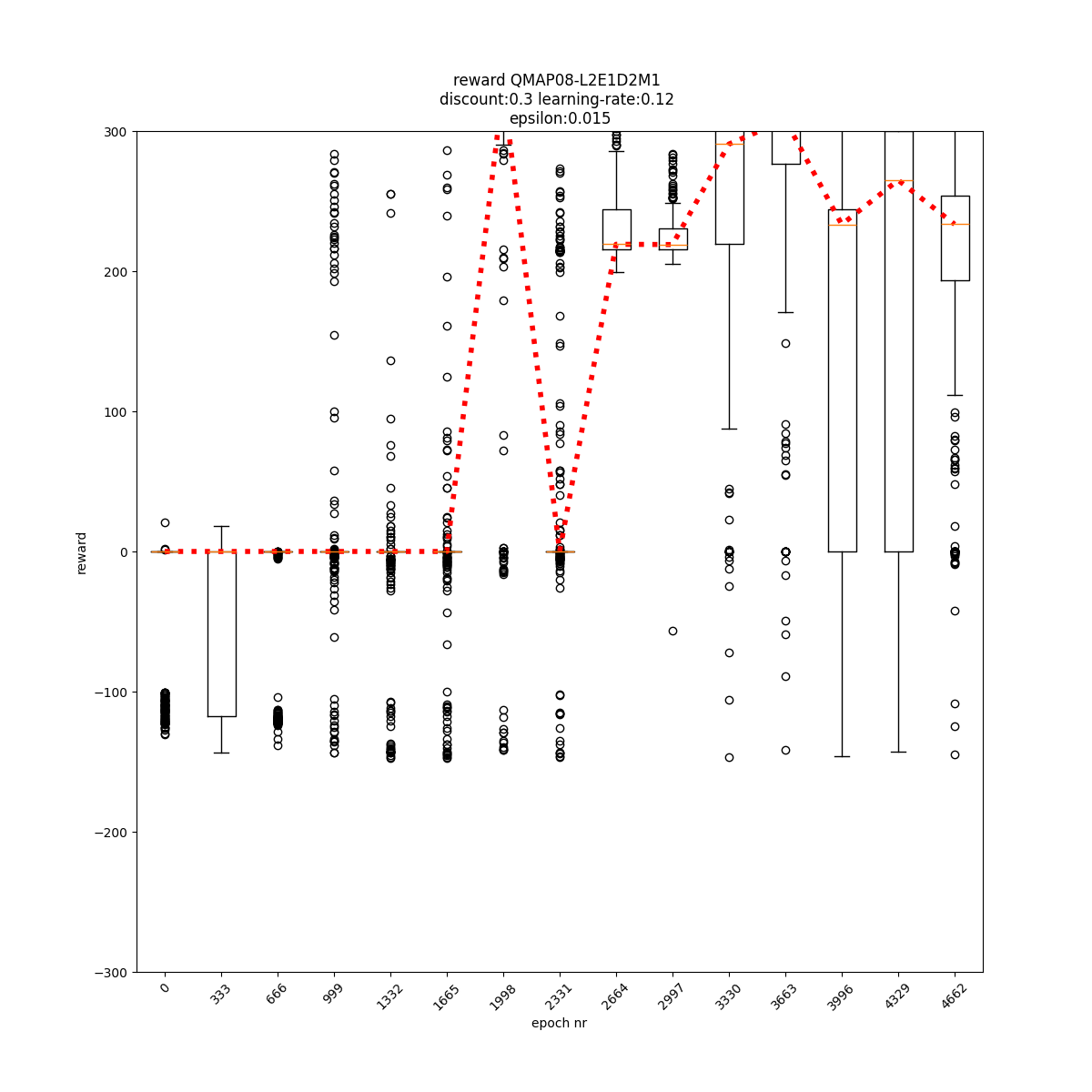
q-values
video 0 video 1 video 2 video 3
video 4 video 5 video 6 video 7
video 8 video 9 video 10 video 11

q-values
video 0 video 1 video 2 video 3
video 4 video 5 video 6 video 7
video 8 video 9 video 10 video 11
L2 E1 D2 M2
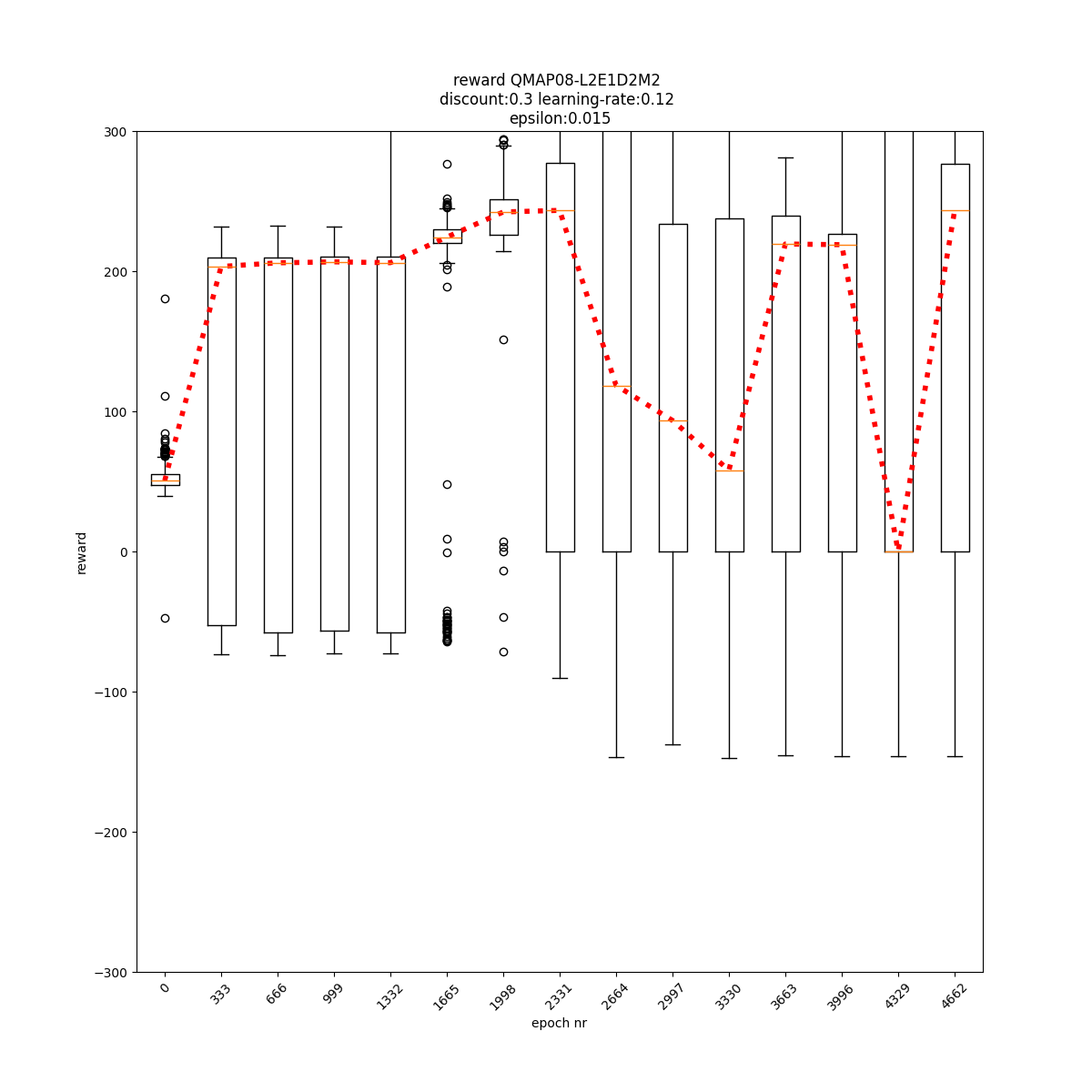
q-values
video 0 video 1 video 2 video 3
video 4 video 5 video 6 video 7
video 8 video 9 video 10 video 11

q-values
video 0 video 1 video 2 video 3
video 4 video 5 video 6 video 7
video 8 video 9 video 10 video 11
L2 E2 D0 M0
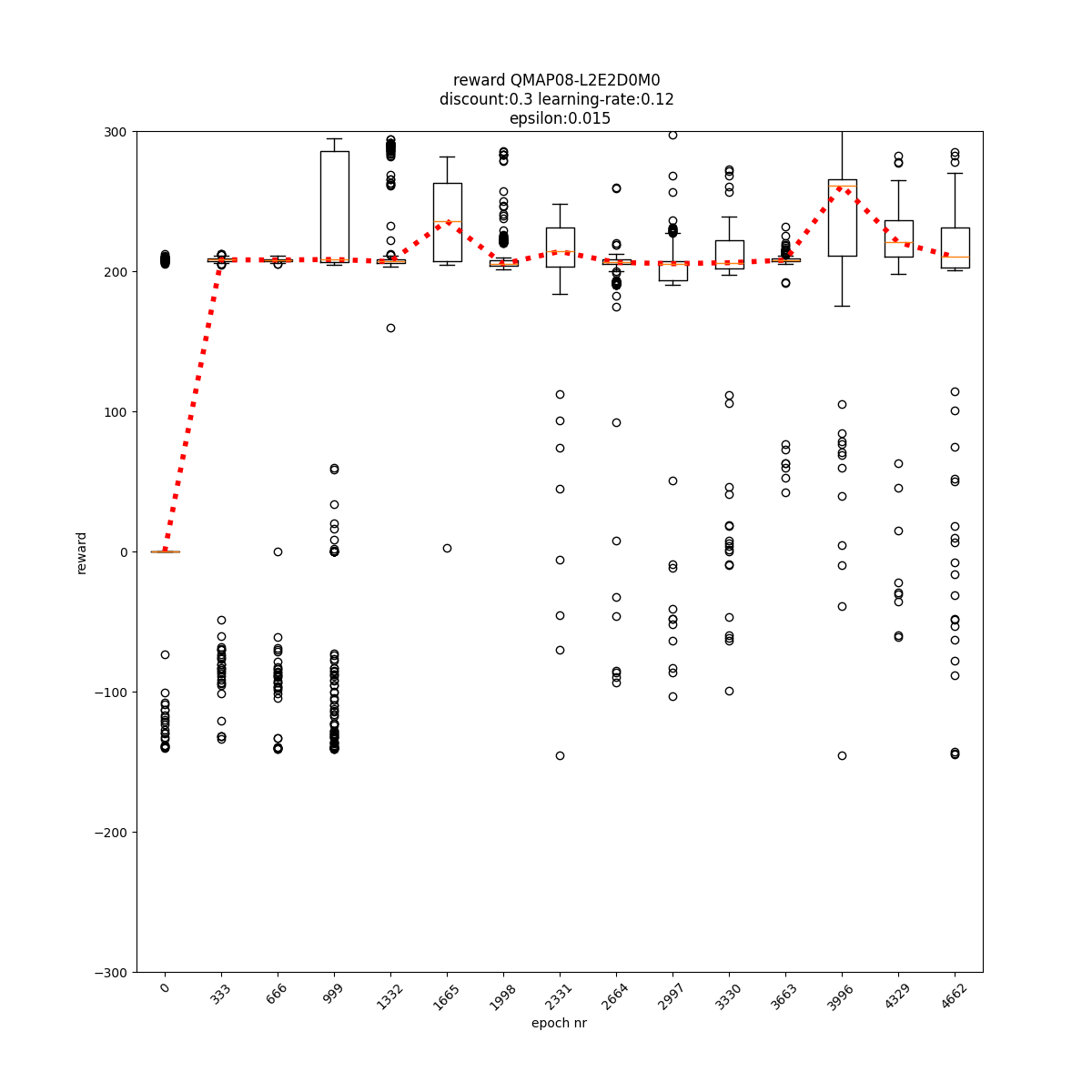
q-values
video 0 video 1 video 2 video 3
video 4 video 5 video 6 video 7
video 8 video 9 video 10 video 11

q-values
video 0 video 1 video 2 video 3
video 4 video 5 video 6 video 7
video 8 video 9 video 10 video 11
L2 E2 D0 M1
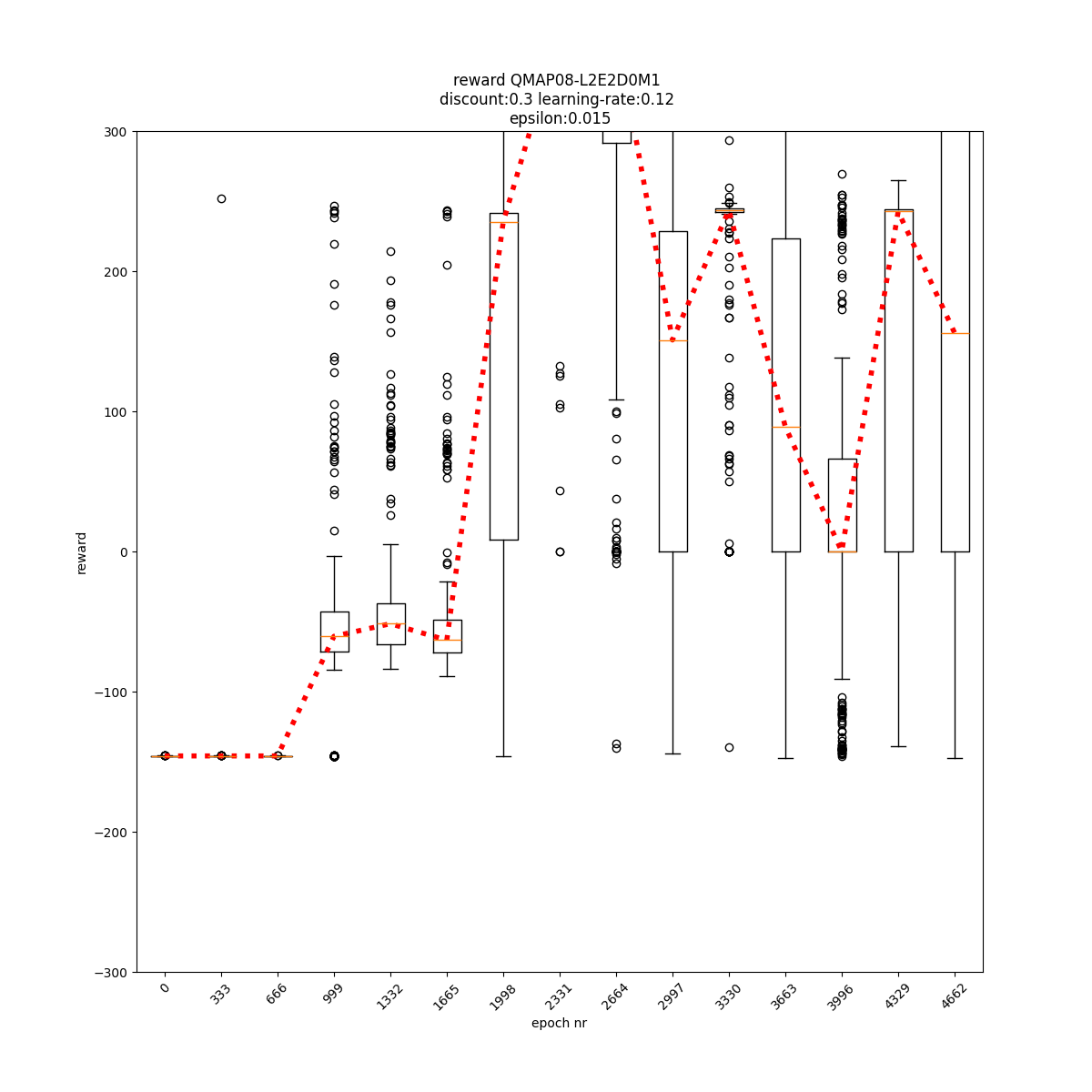
q-values
video 0 video 1 video 2 video 3
video 4 video 5 video 6 video 7
video 8 video 9 video 10 video 11

q-values
video 0 video 1 video 2 video 3
video 4 video 5 video 6 video 7
video 8 video 9 video 10 video 11
L2 E2 D0 M2
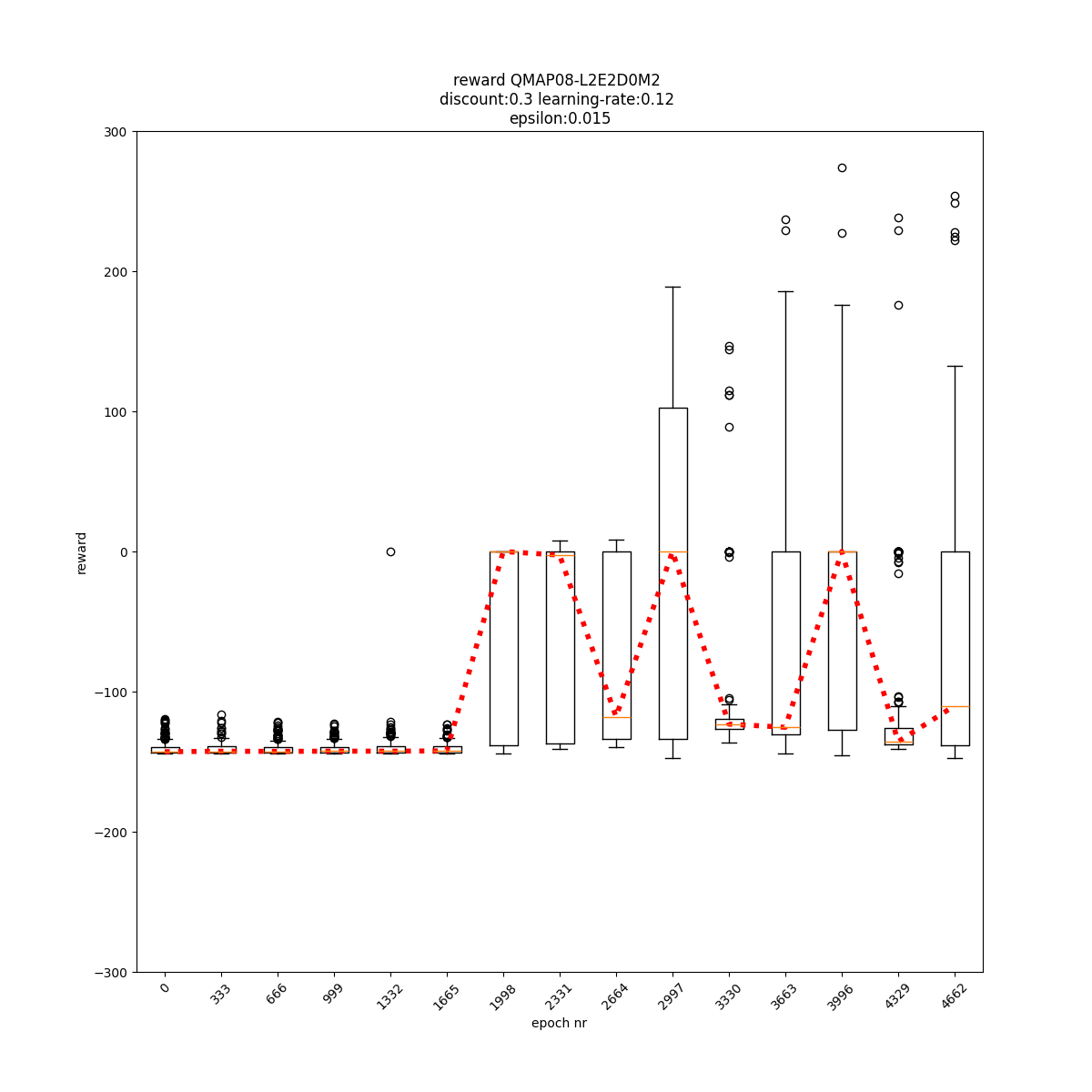
q-values
video 0 video 1 video 2 video 3
video 4 video 5 video 6 video 7
video 8 video 9 video 10 video 11

q-values
video 0 video 1 video 2 video 3
video 4 video 5 video 6 video 7
video 8 video 9 video 10 video 11
L2 E2 D1 M0
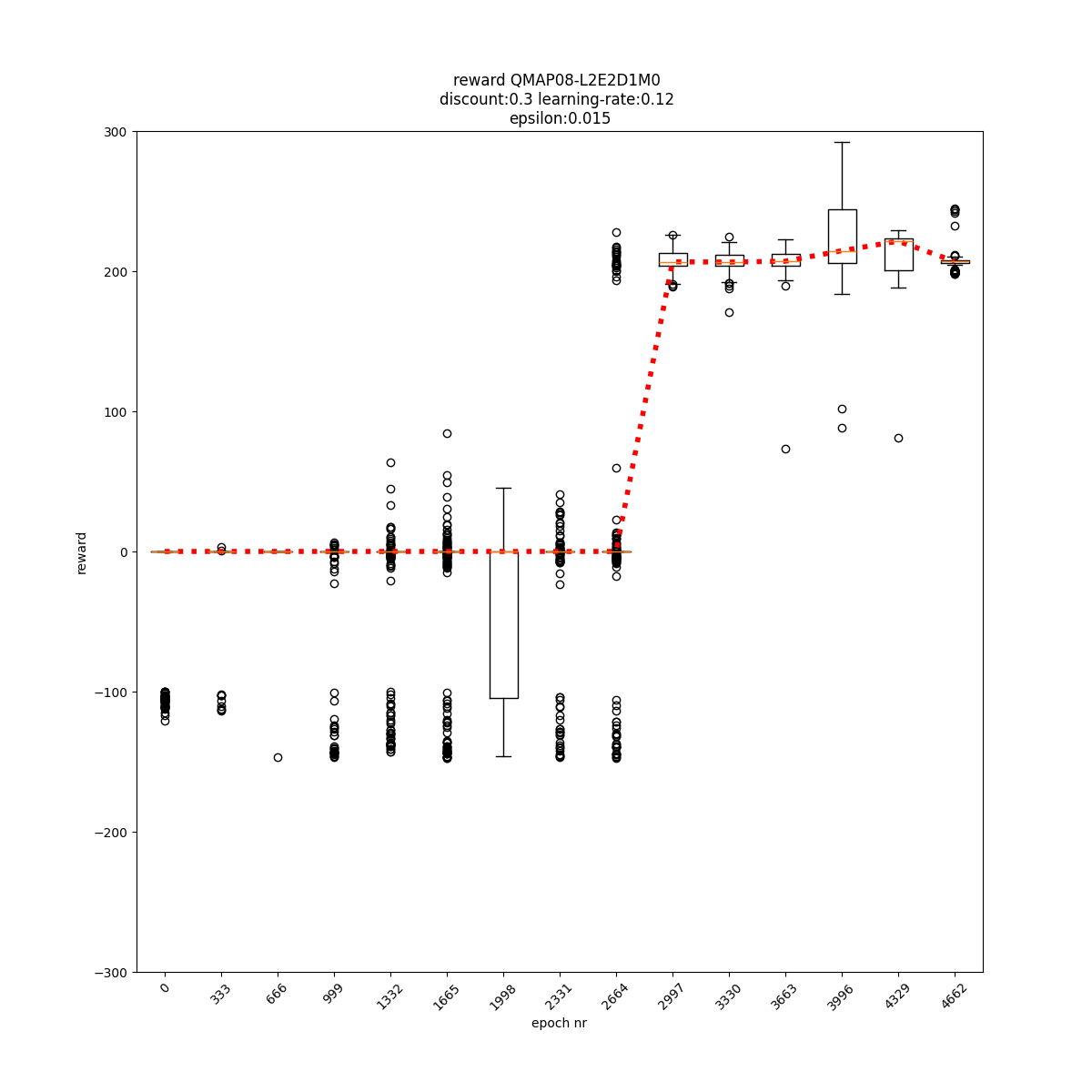
q-values
video 0 video 1 video 2 video 3
video 4 video 5 video 6 video 7
video 8 video 9 video 10 video 11

q-values
video 0 video 1 video 2 video 3
video 4 video 5 video 6 video 7
video 8 video 9 video 10 video 11
L2 E2 D1 M1
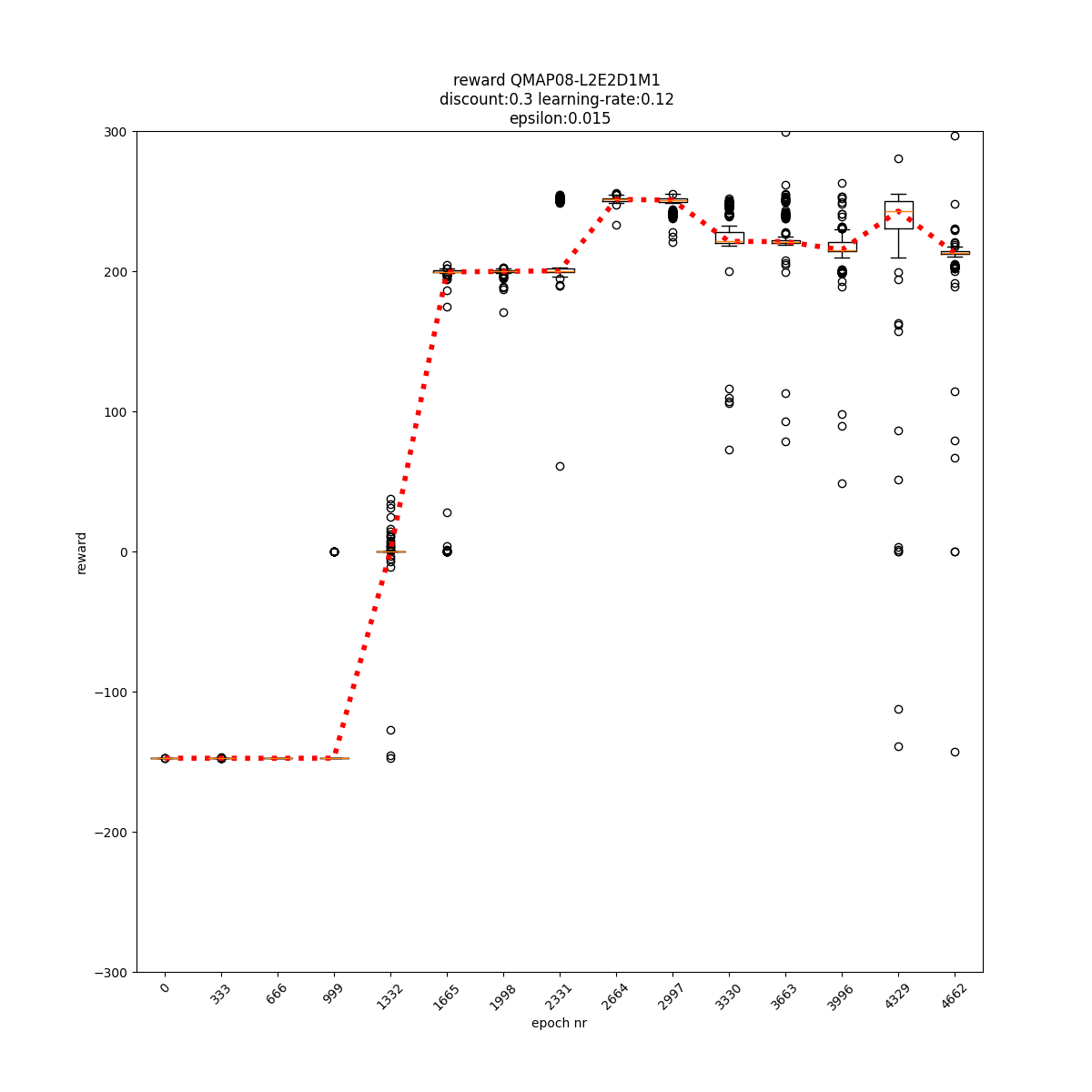
q-values
video 0 video 1 video 2 video 3
video 4 video 5 video 6 video 7
video 8 video 9 video 10 video 11

q-values
video 0 video 1 video 2 video 3
video 4 video 5 video 6 video 7
video 8 video 9 video 10 video 11
L2 E2 D1 M2
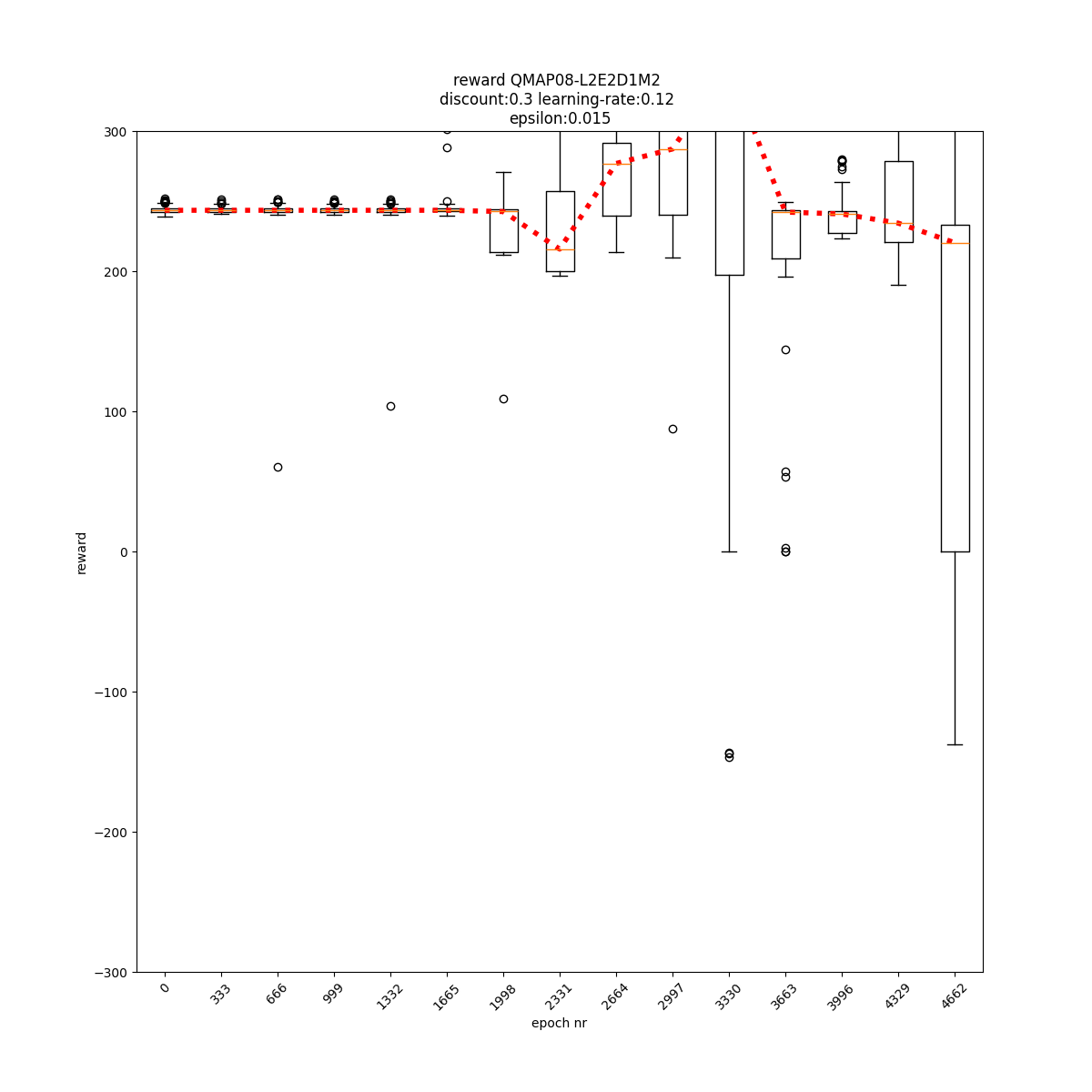
q-values
video 0 video 1 video 2 video 3
video 4 video 5 video 6 video 7
video 8 video 9 video 10 video 11

q-values
video 0 video 1 video 2 video 3
video 4 video 5 video 6 video 7
video 8 video 9 video 10 video 11
L2 E2 D2 M0
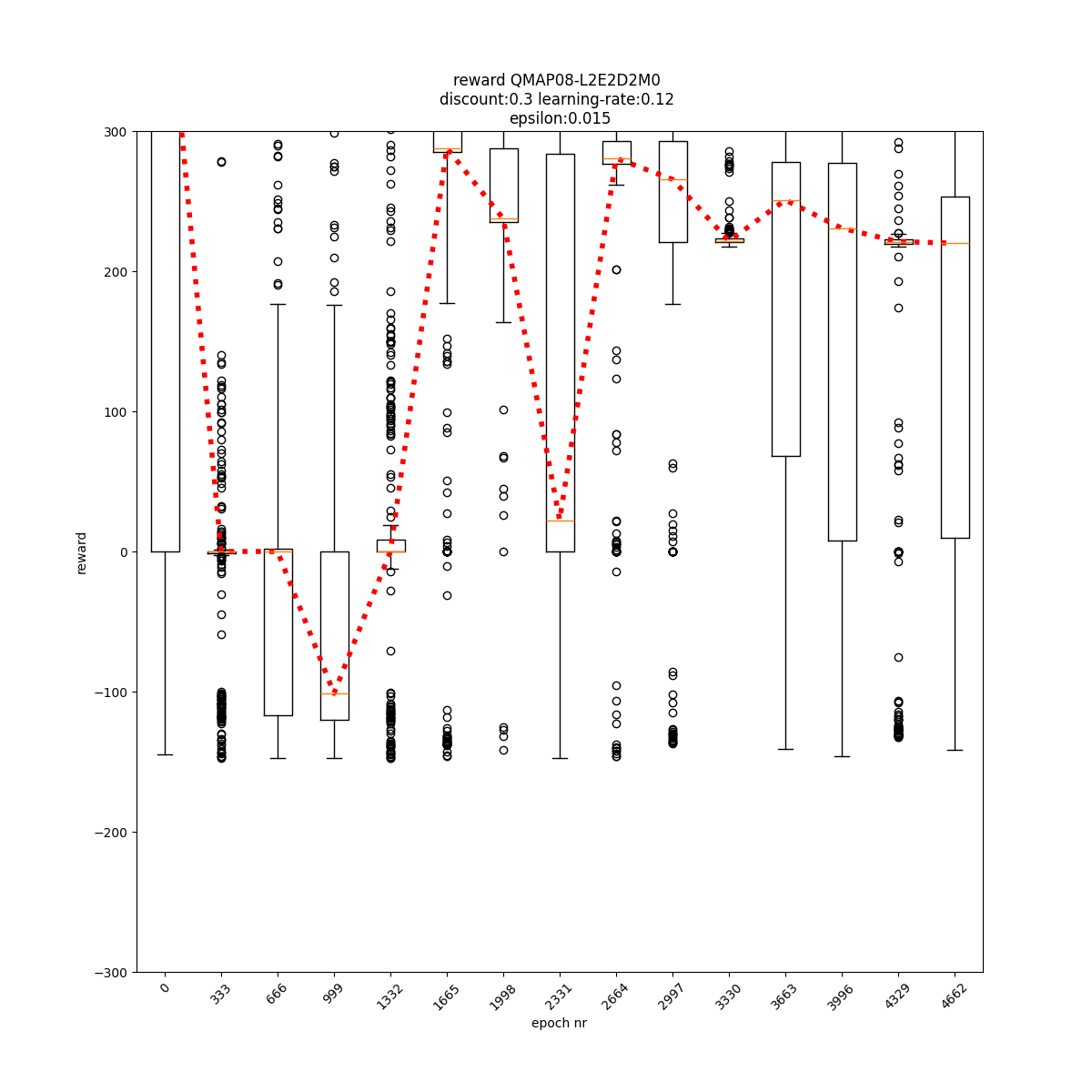
q-values
video 0 video 1 video 2 video 3
video 4 video 5 video 6 video 7
video 8 video 9 video 10 video 11

q-values
video 0 video 1 video 2 video 3
video 4 video 5 video 6 video 7
video 8 video 9 video 10 video 11
